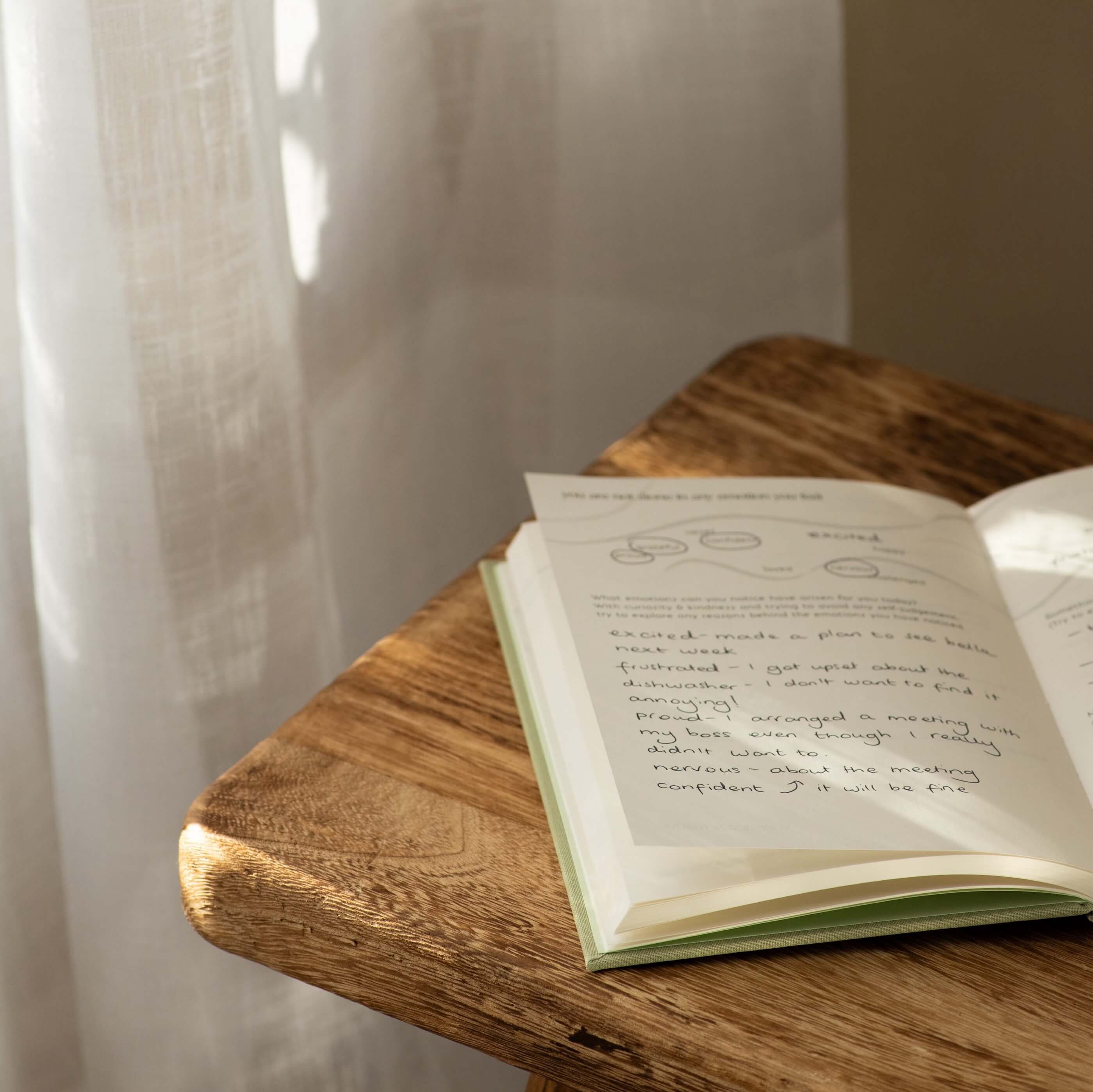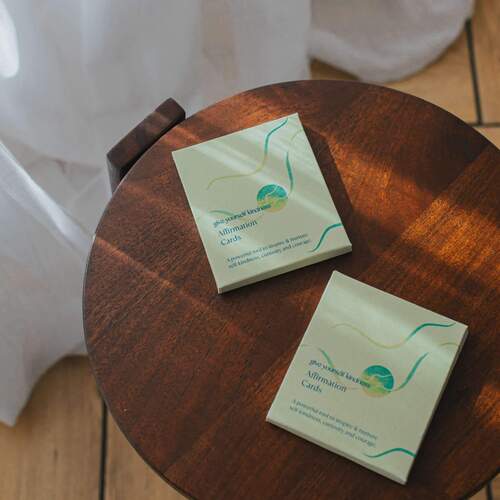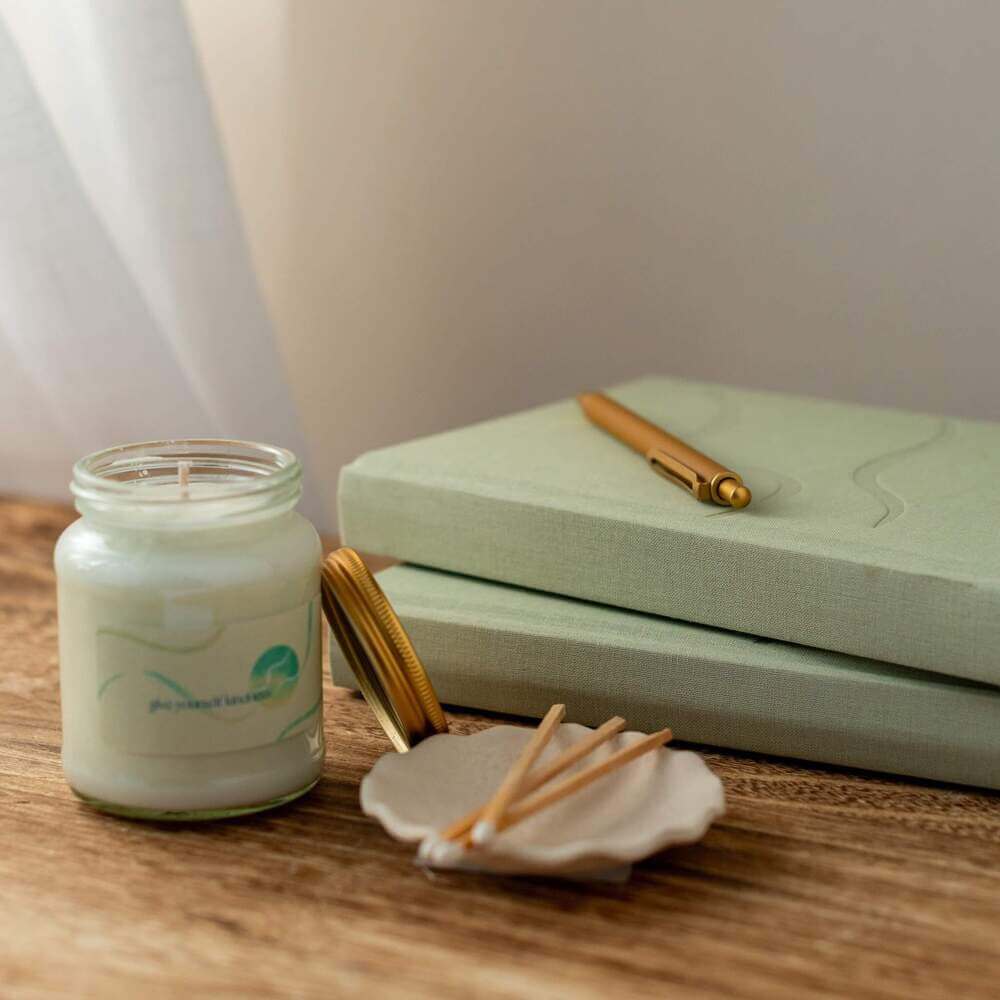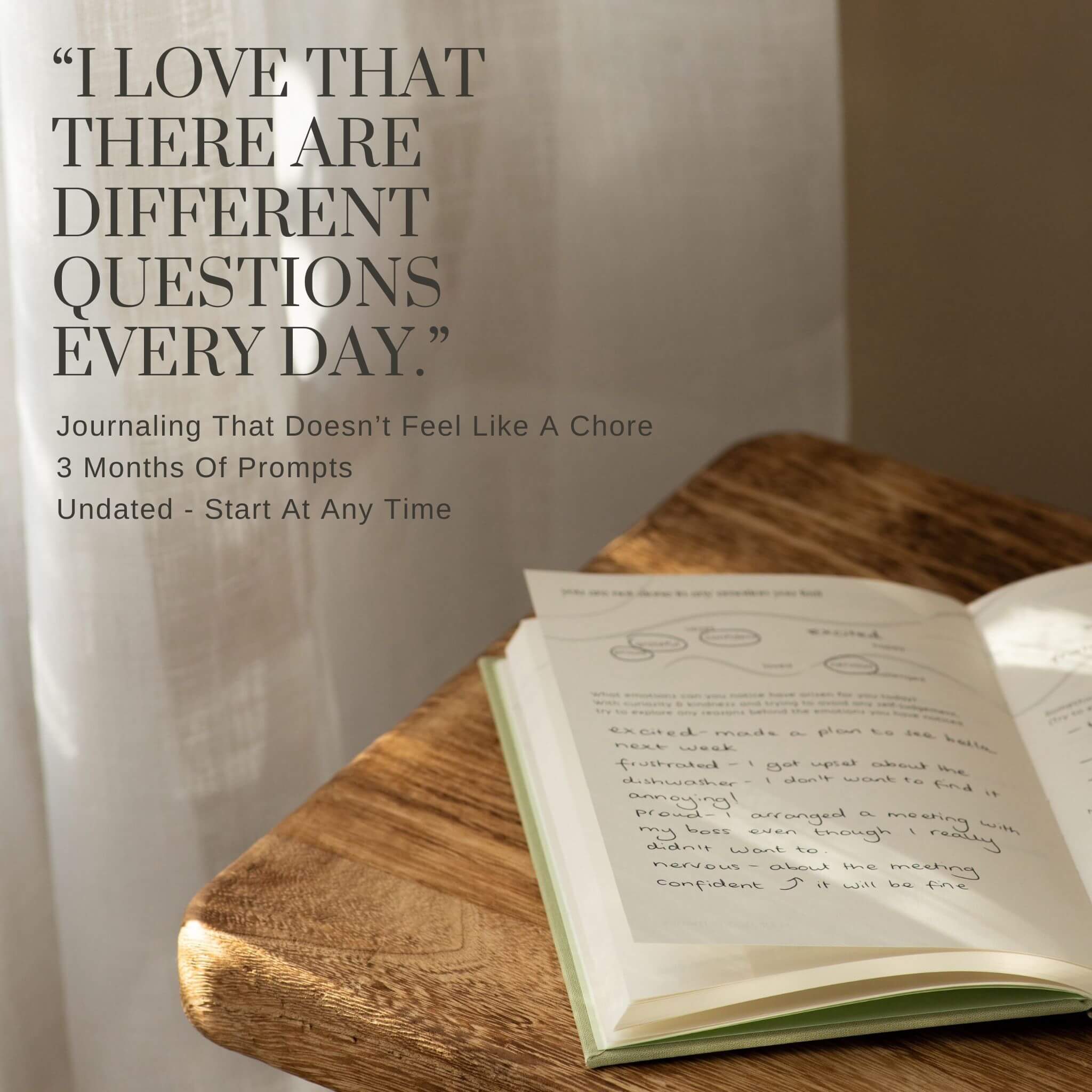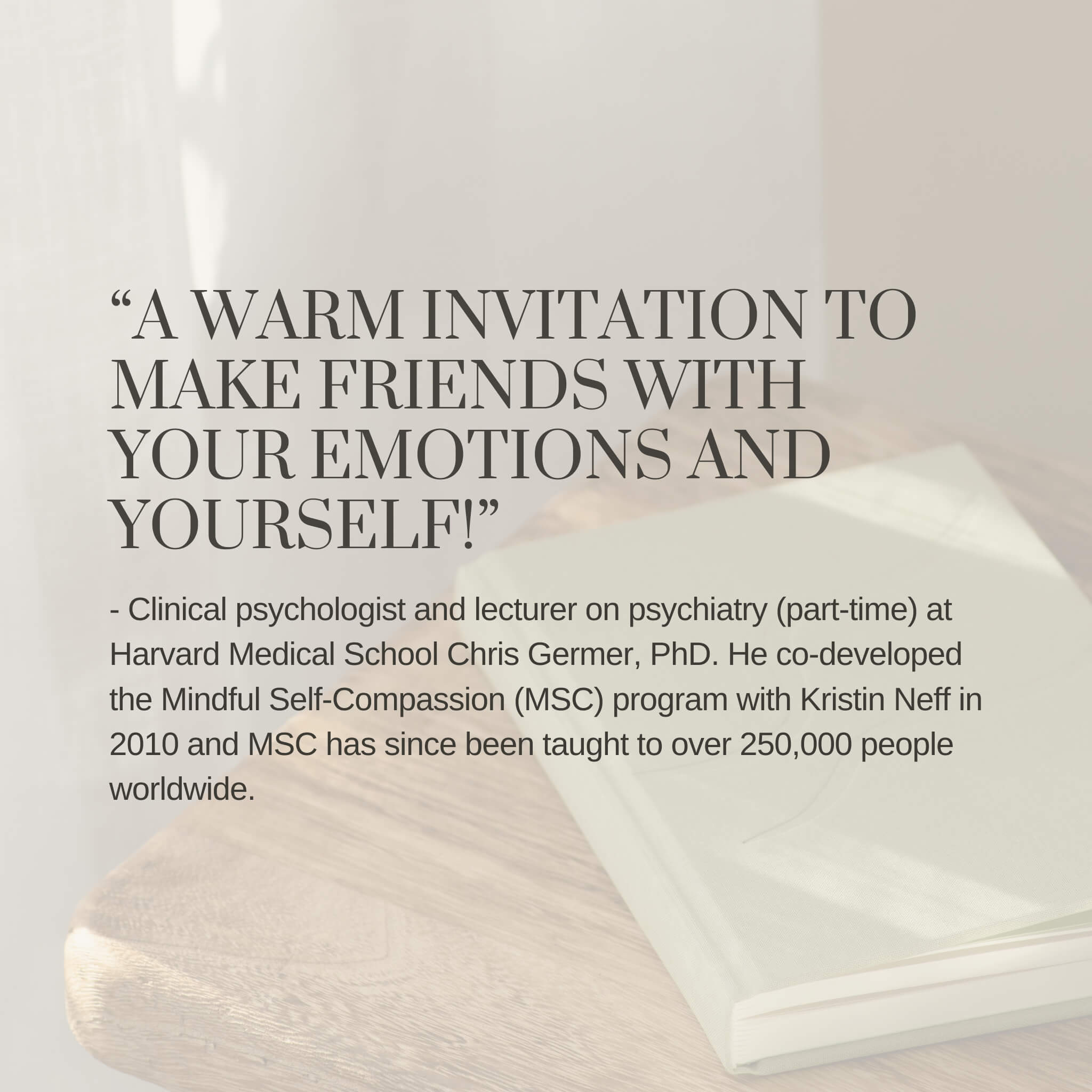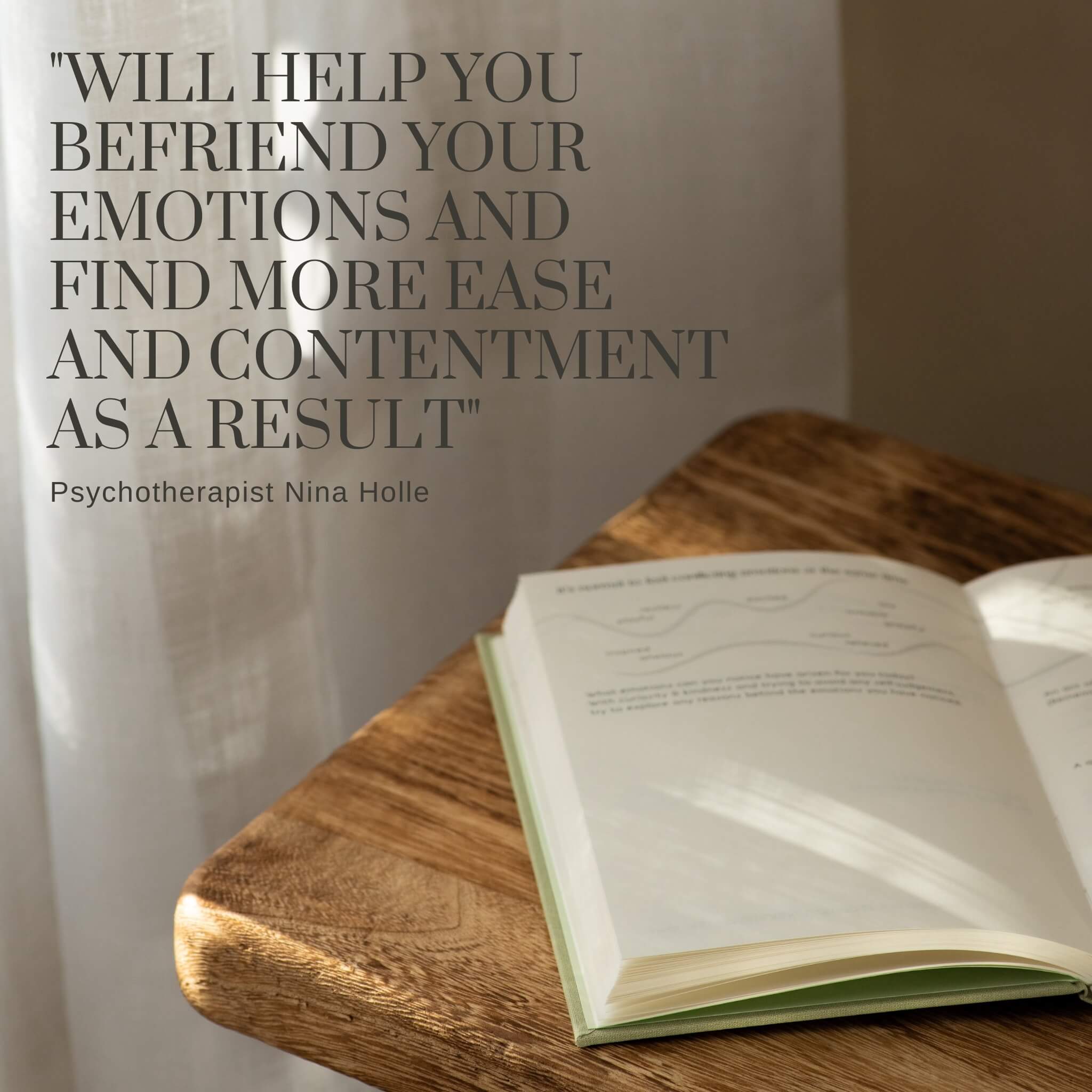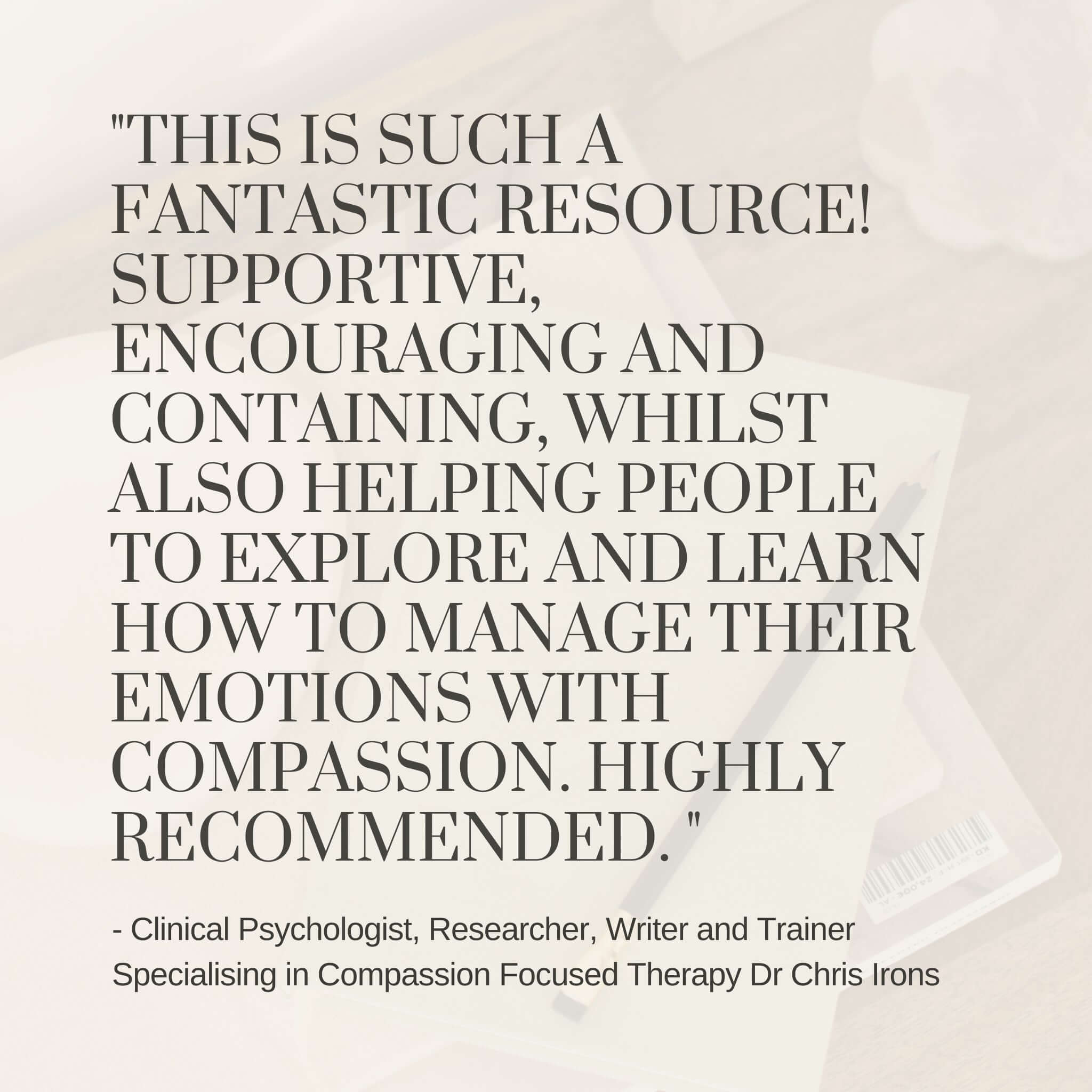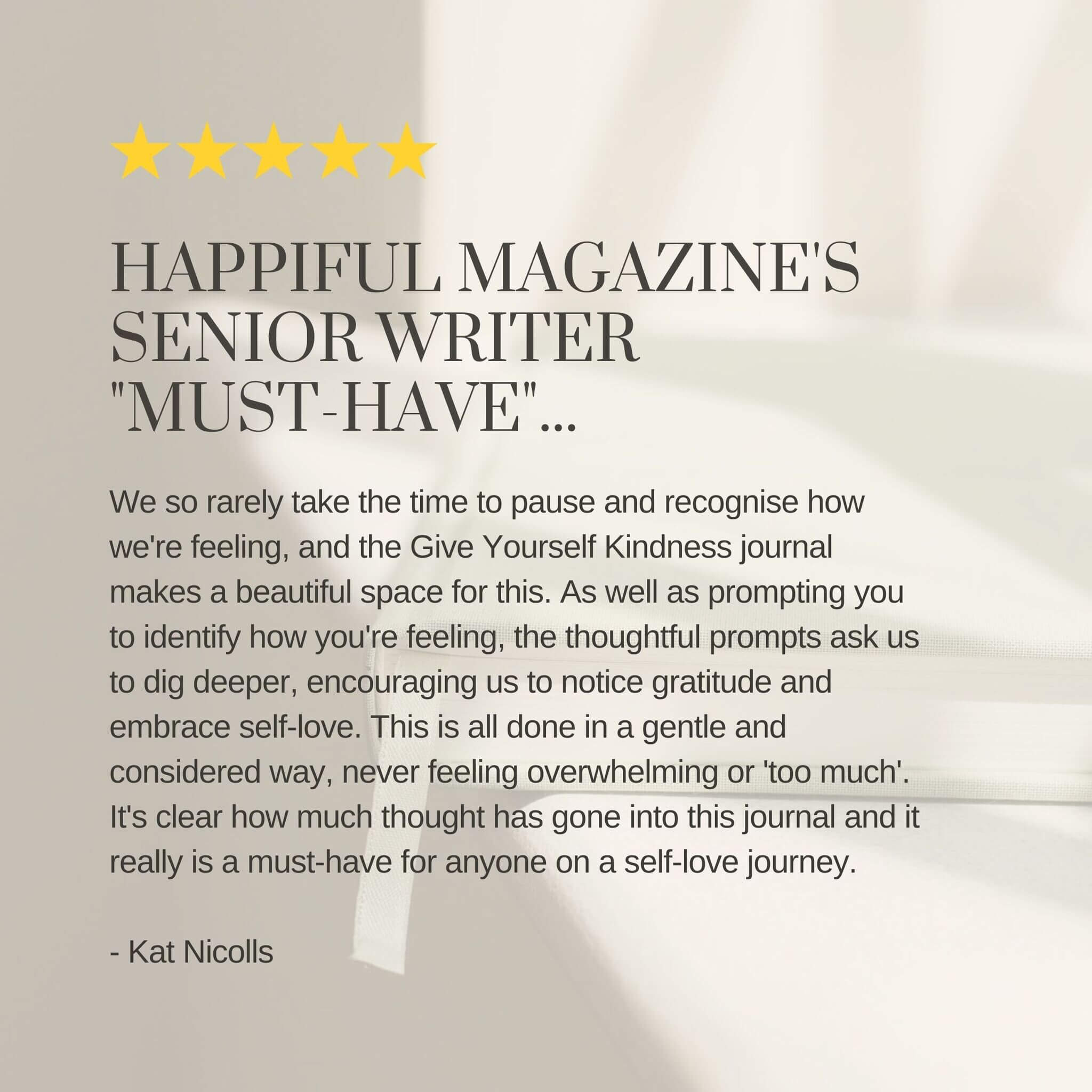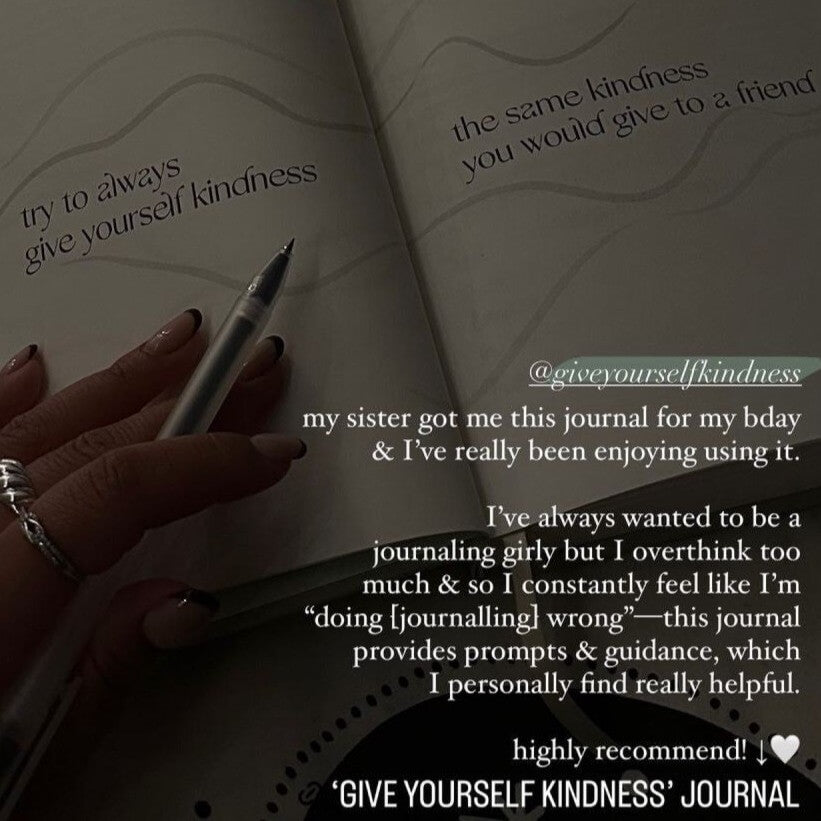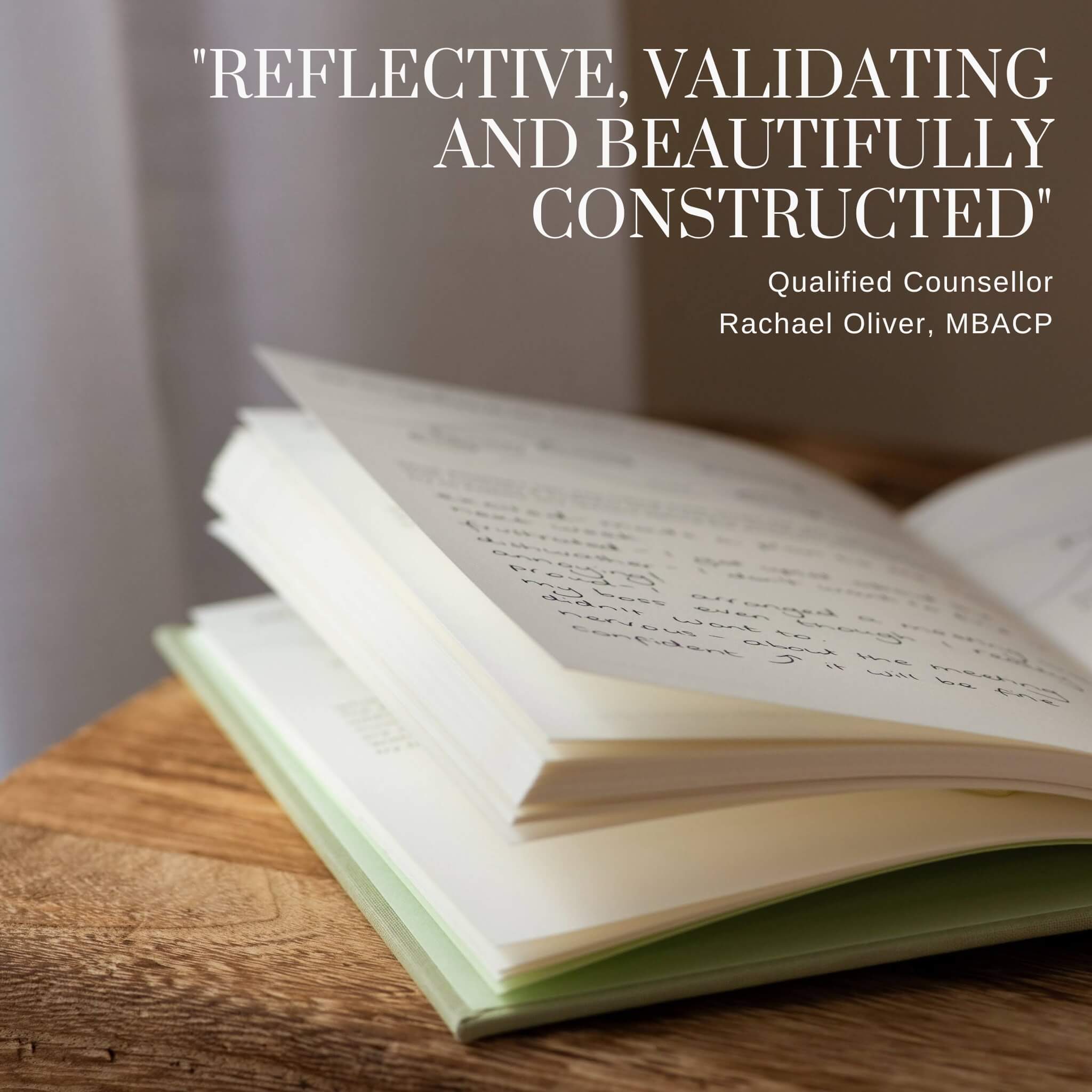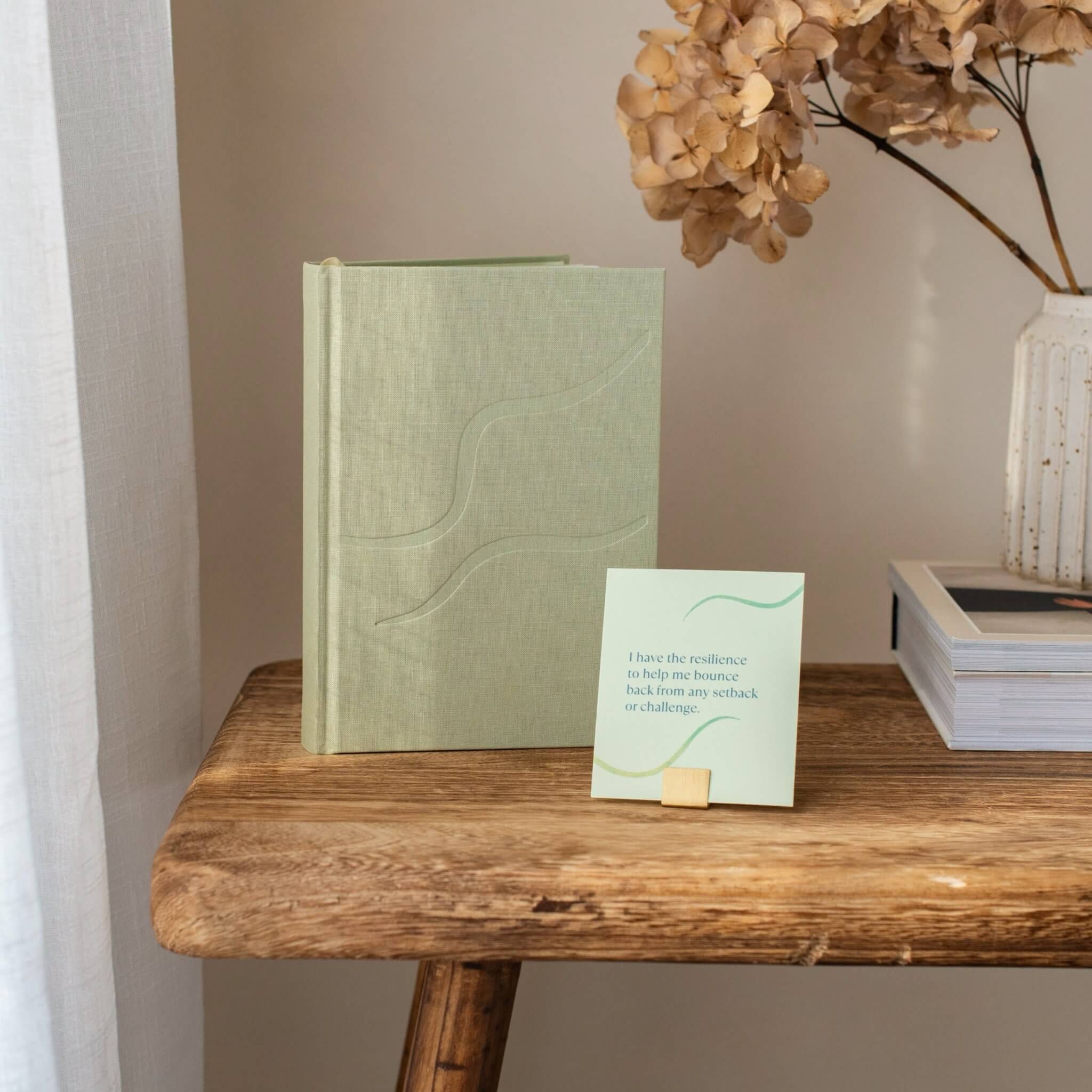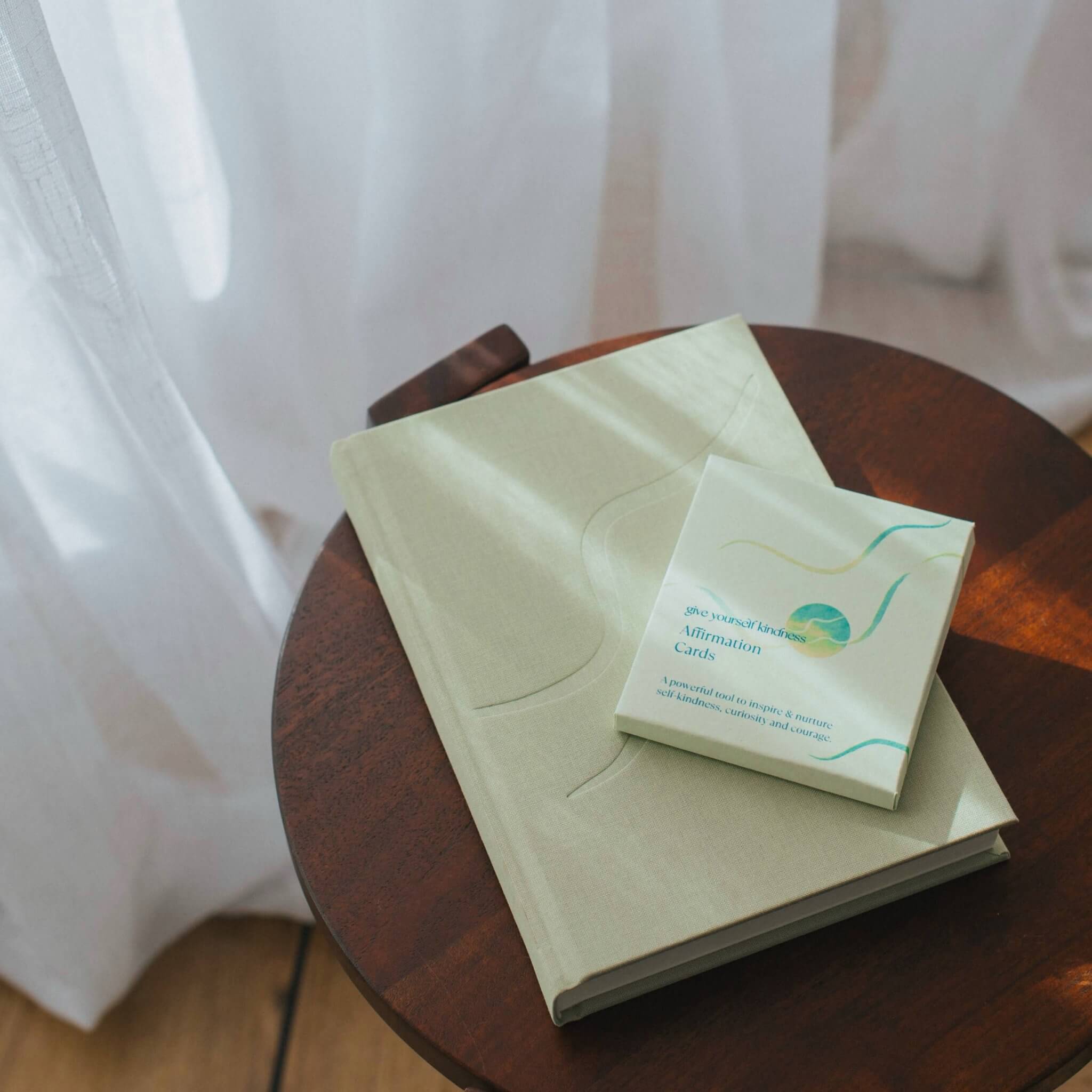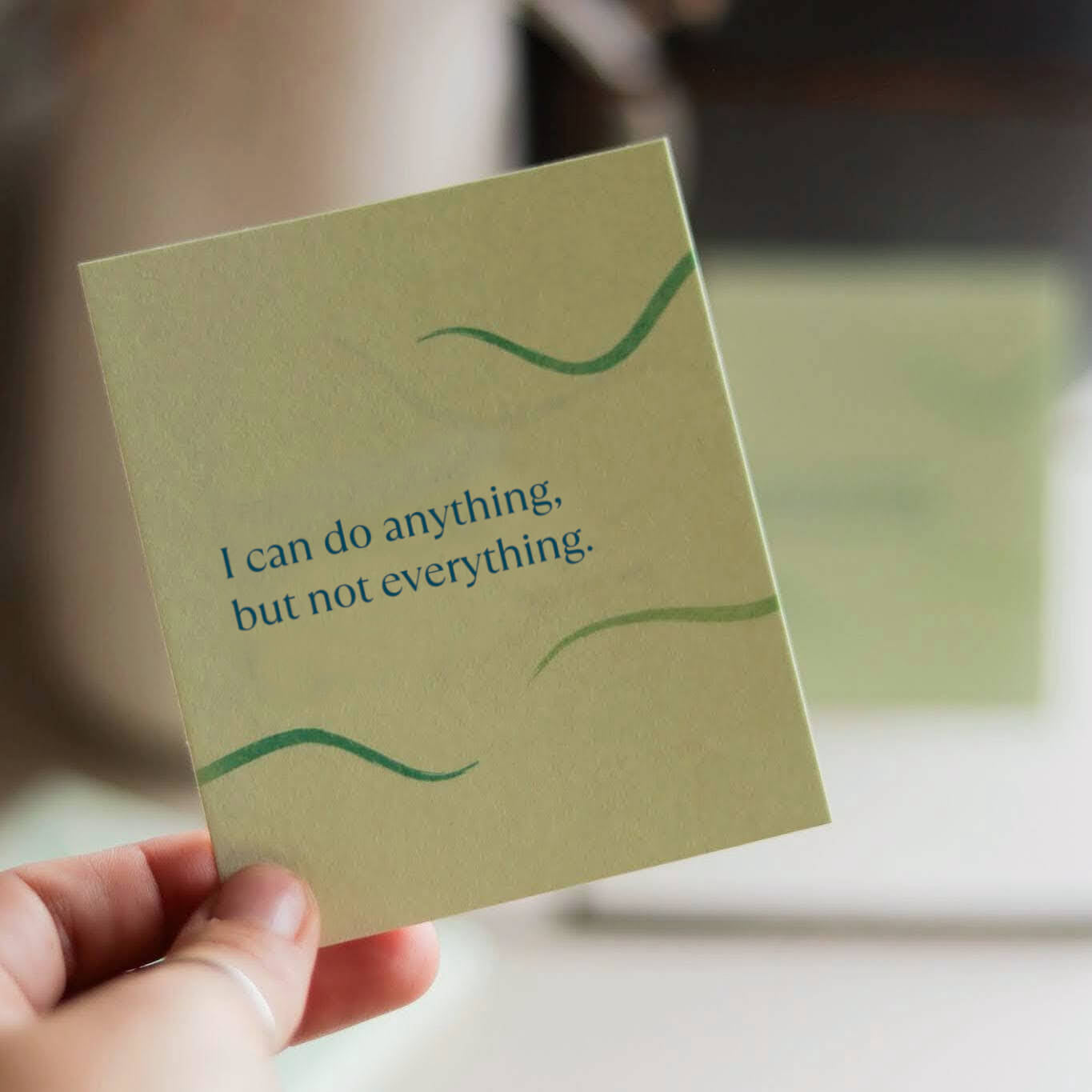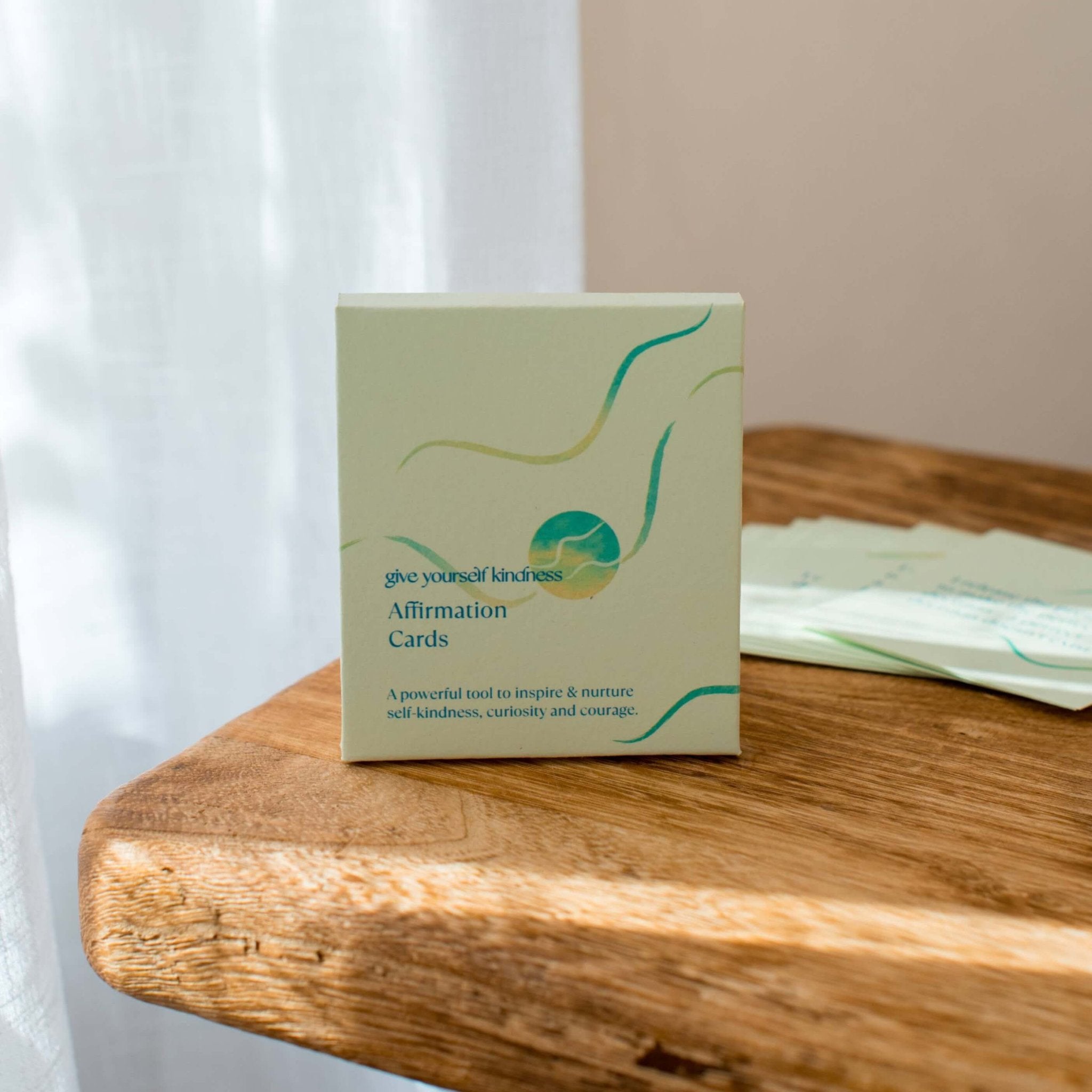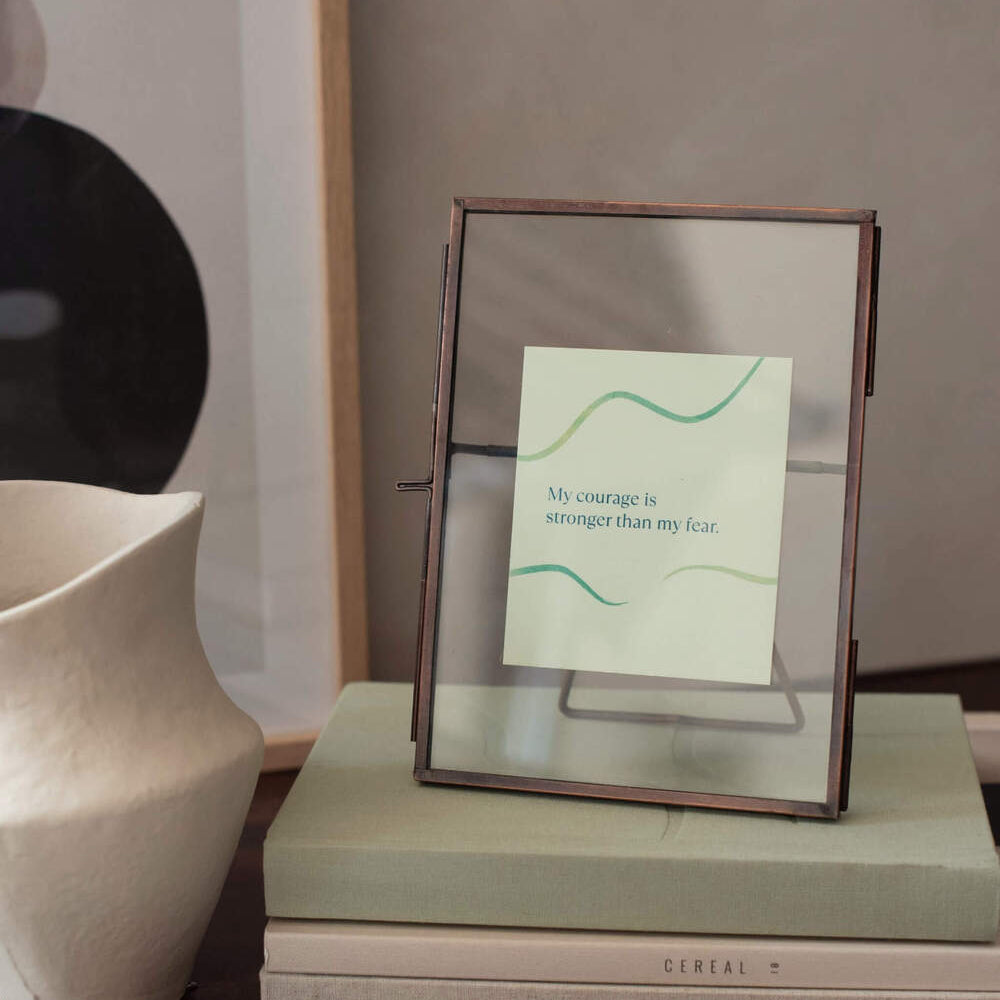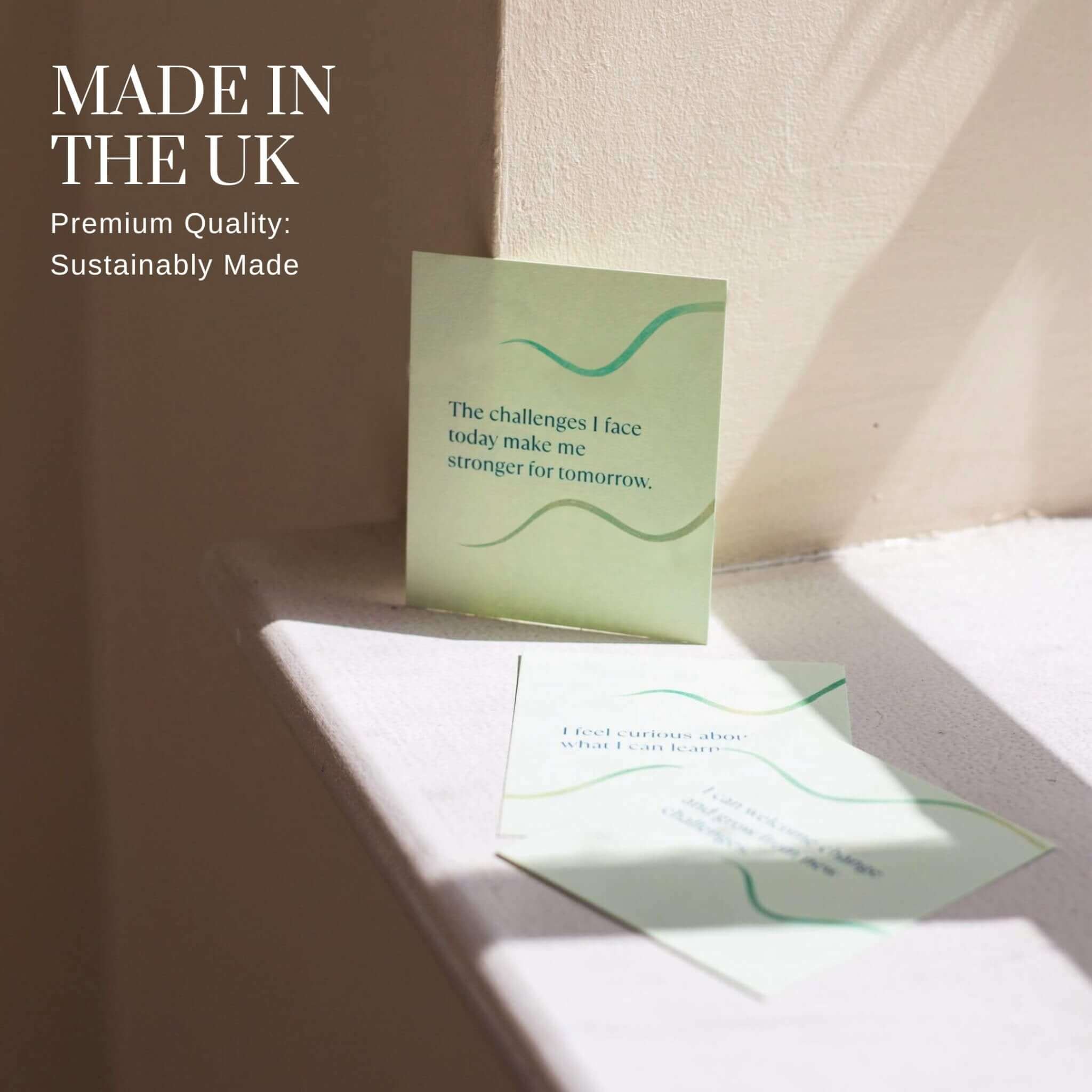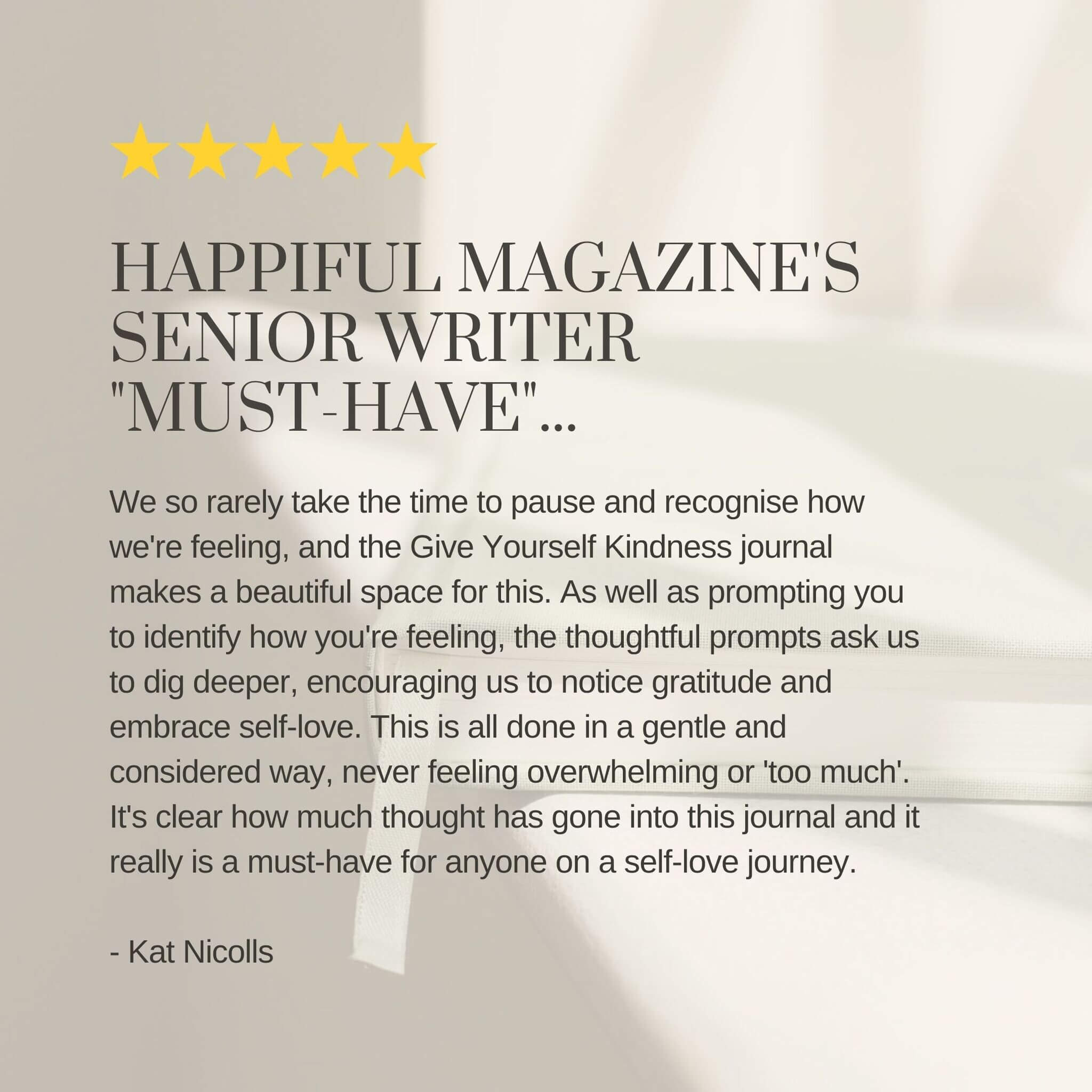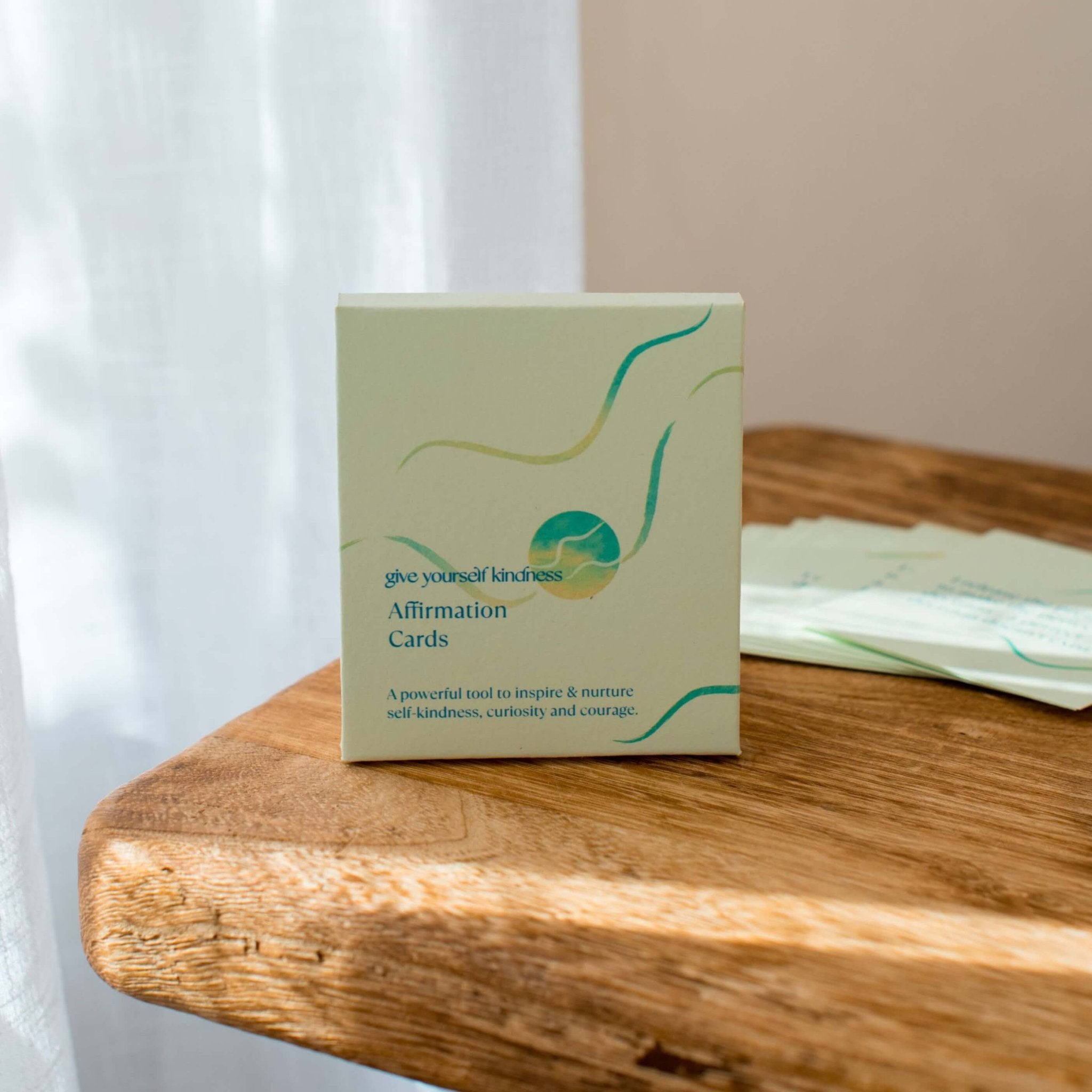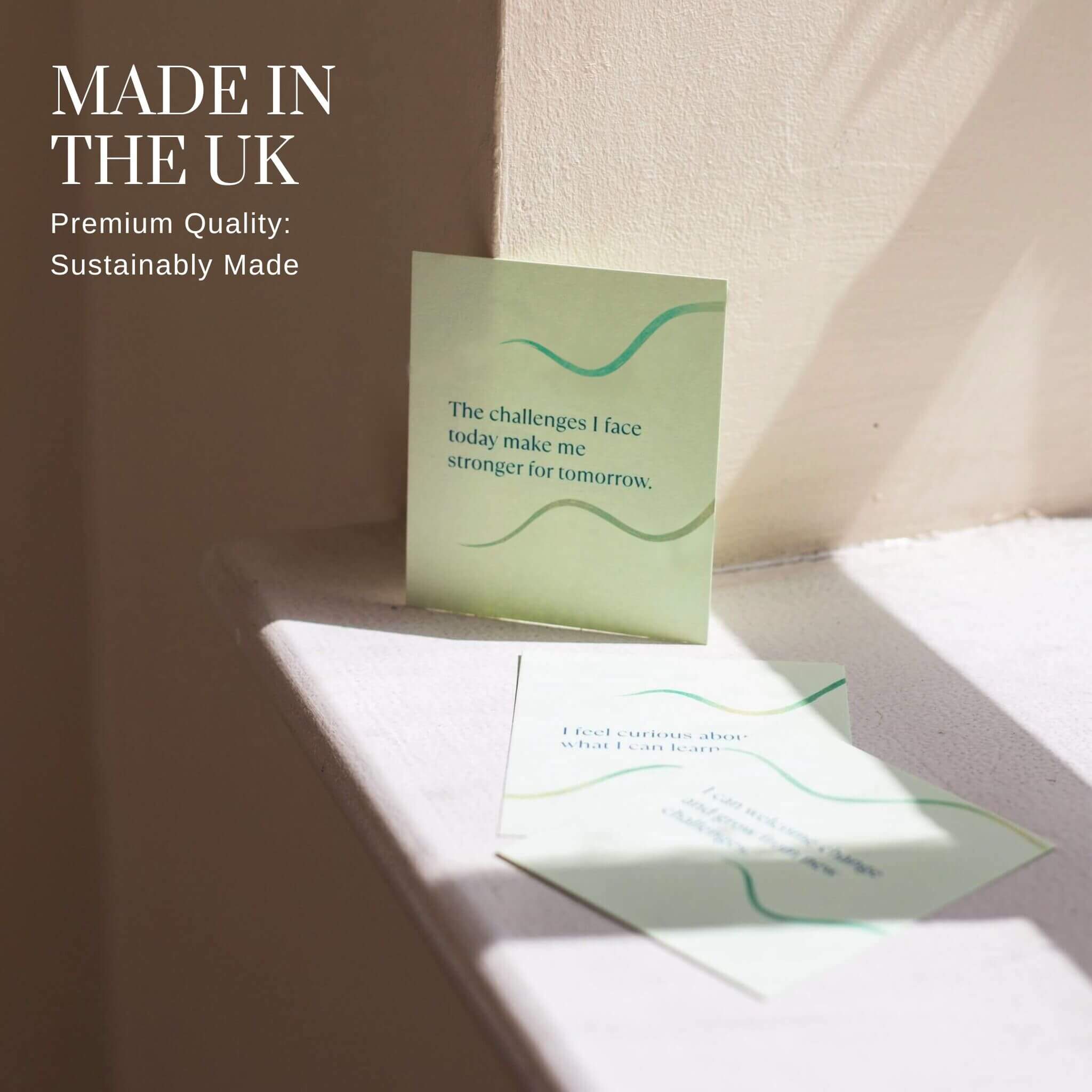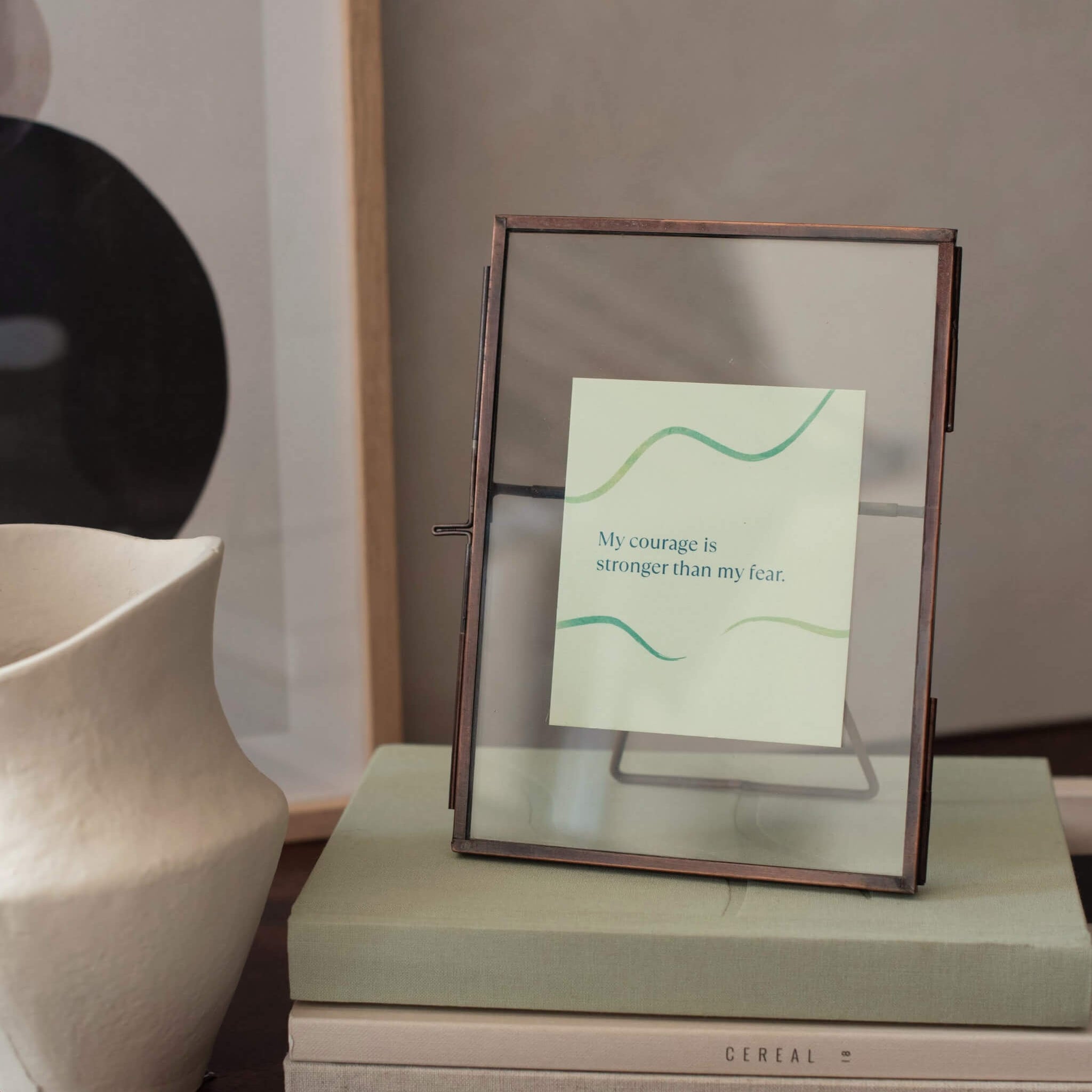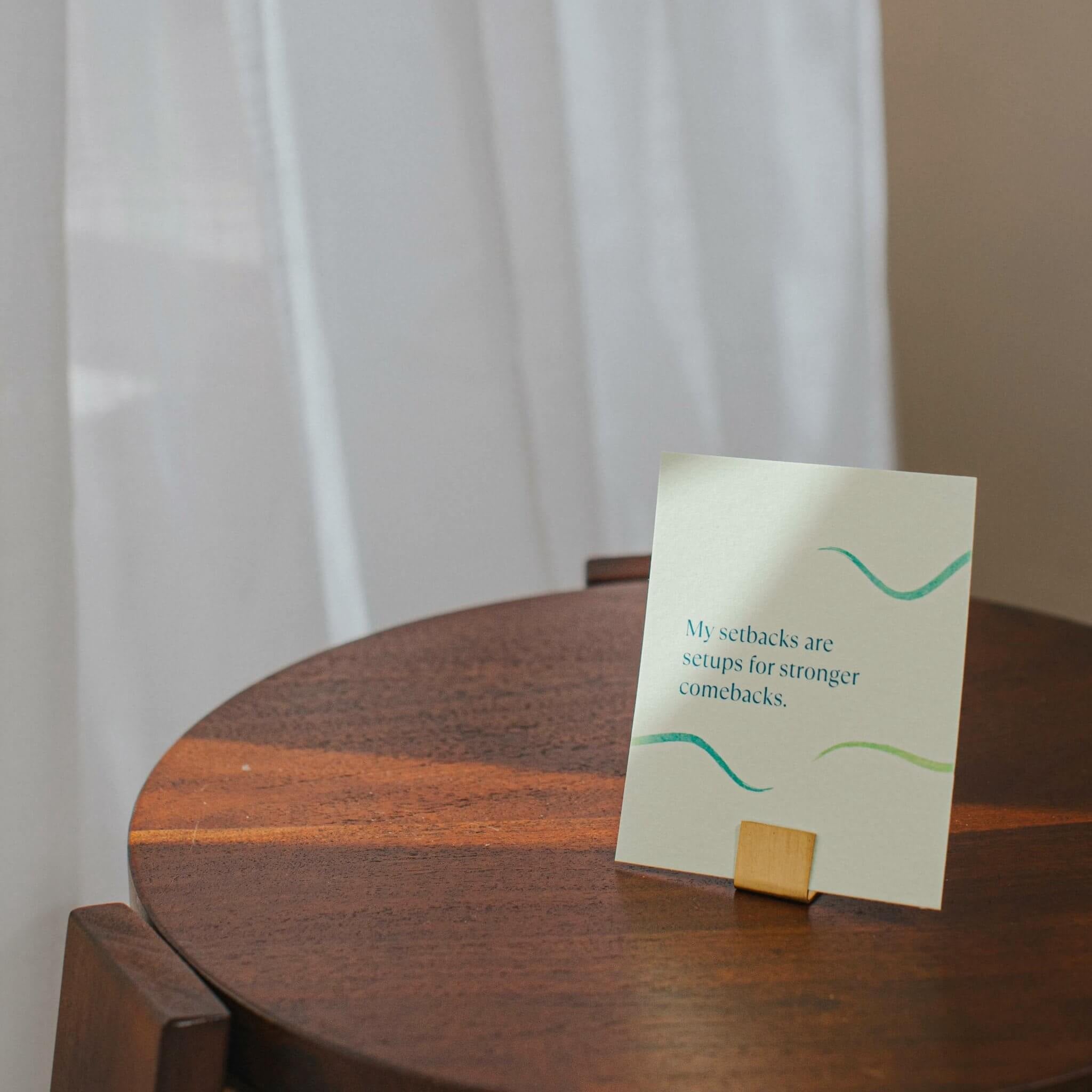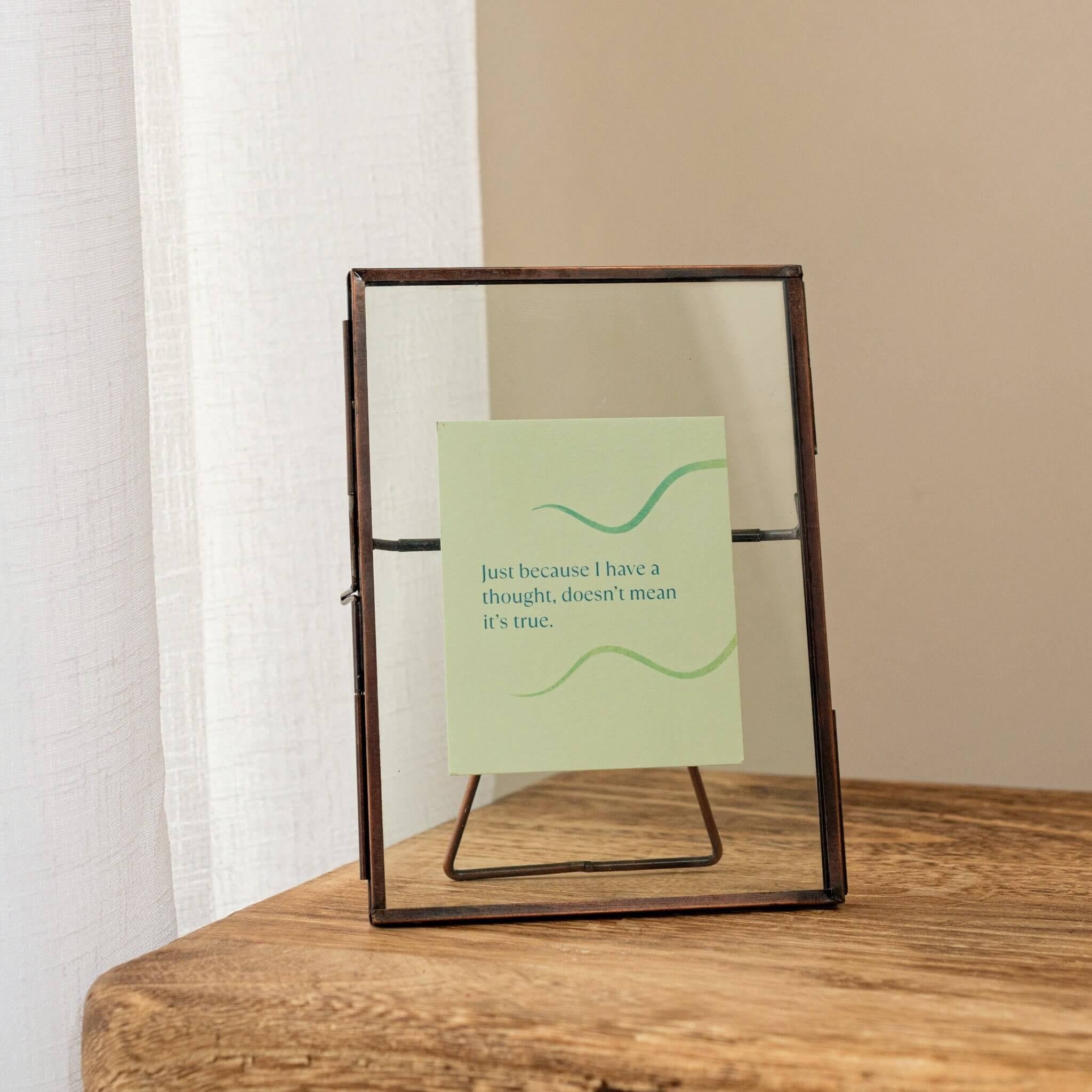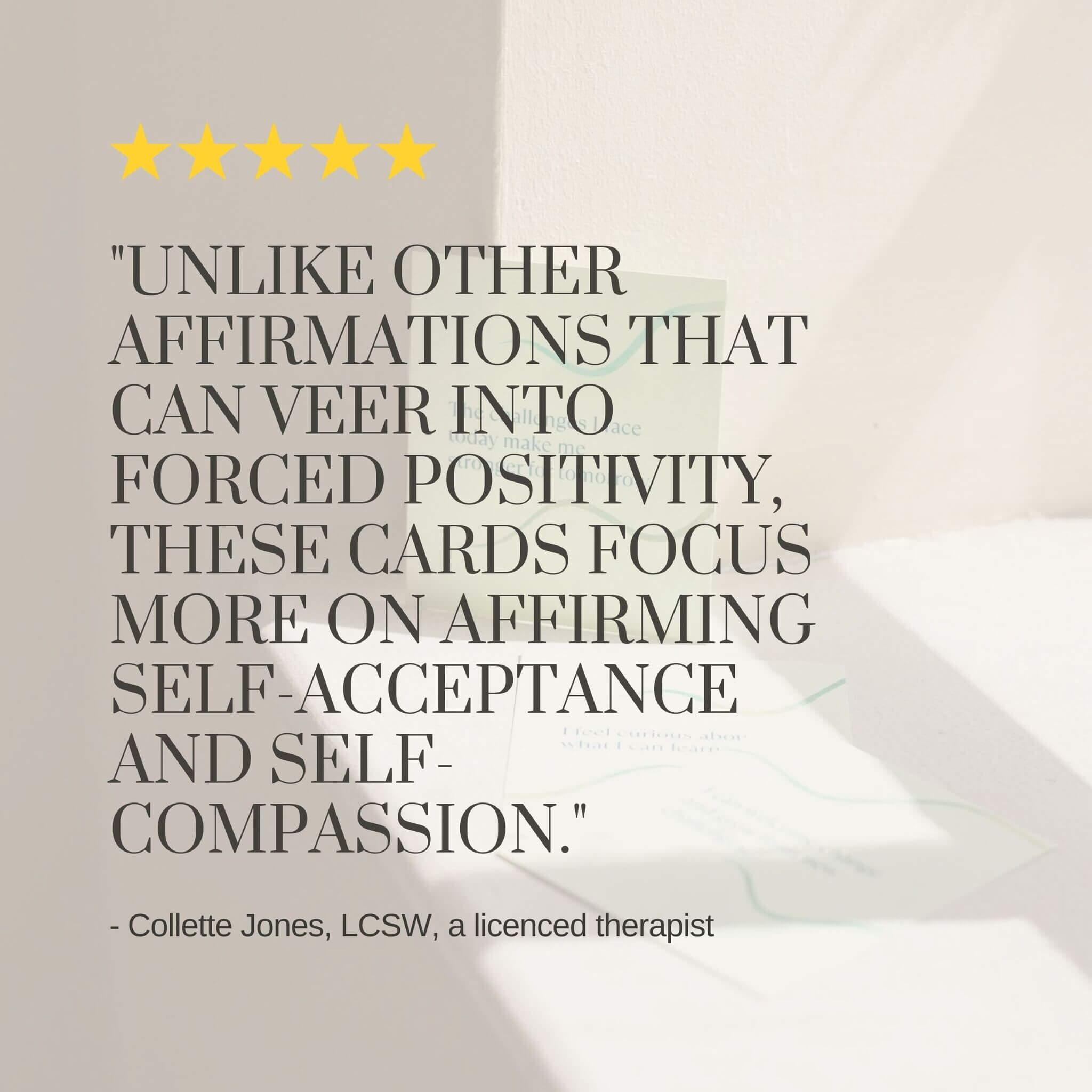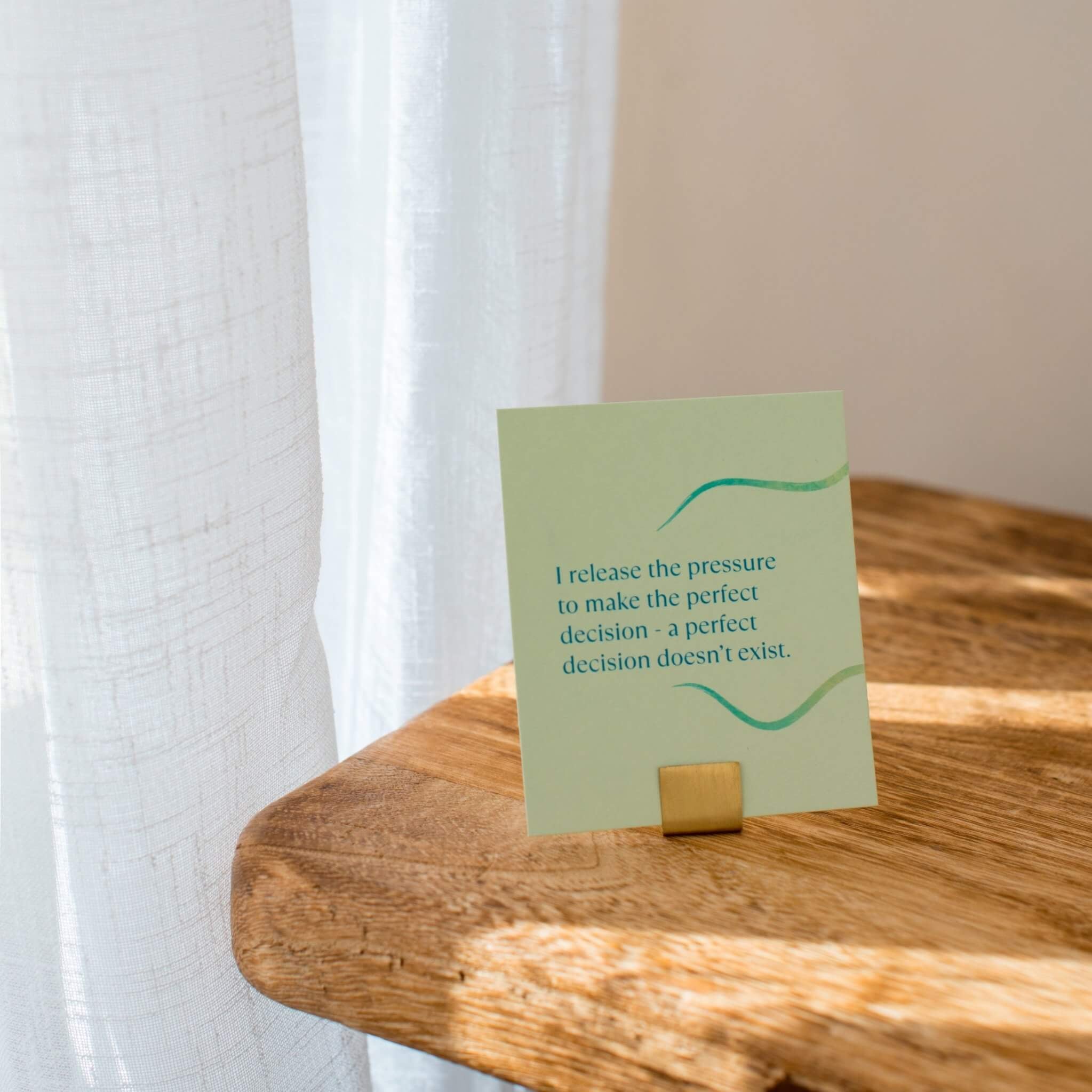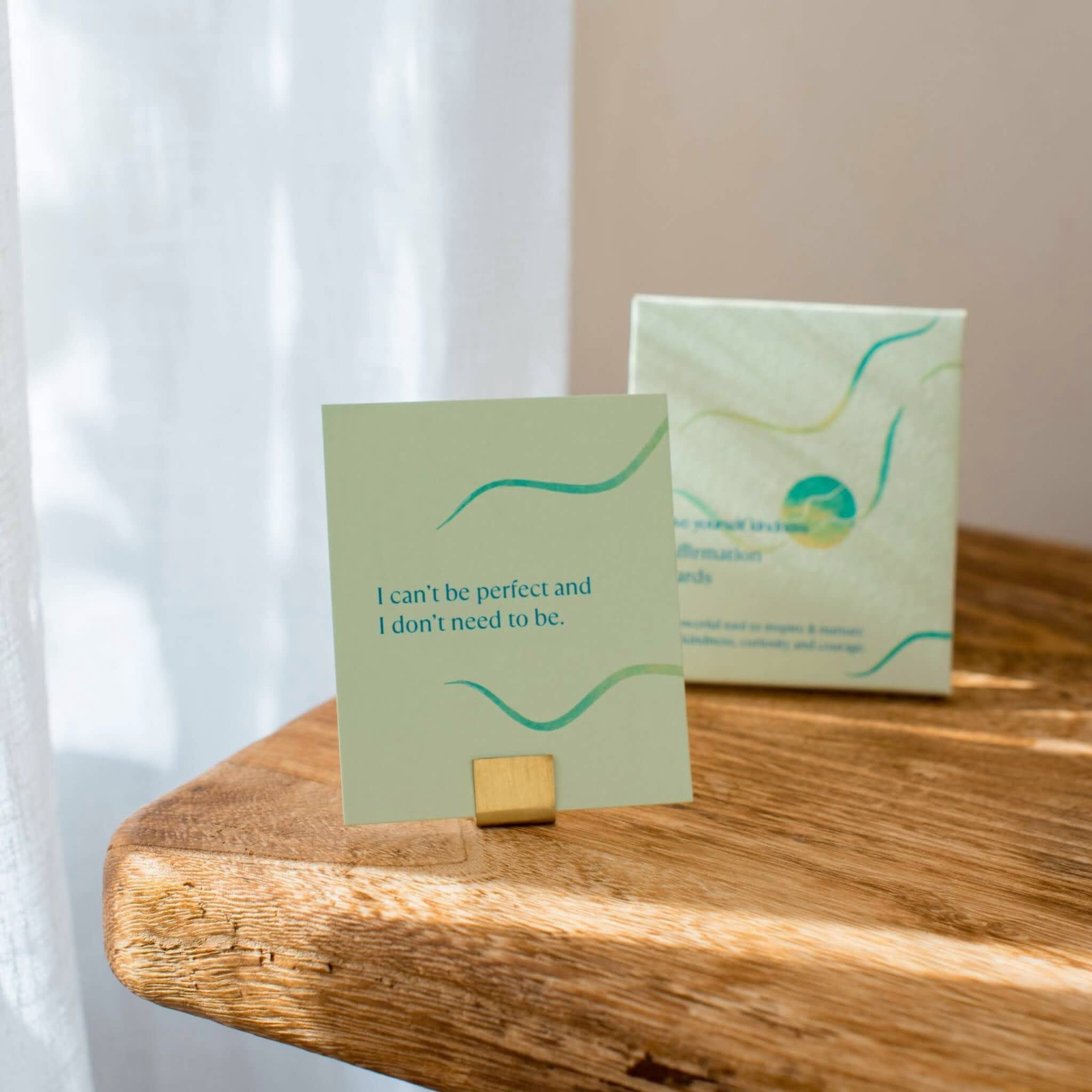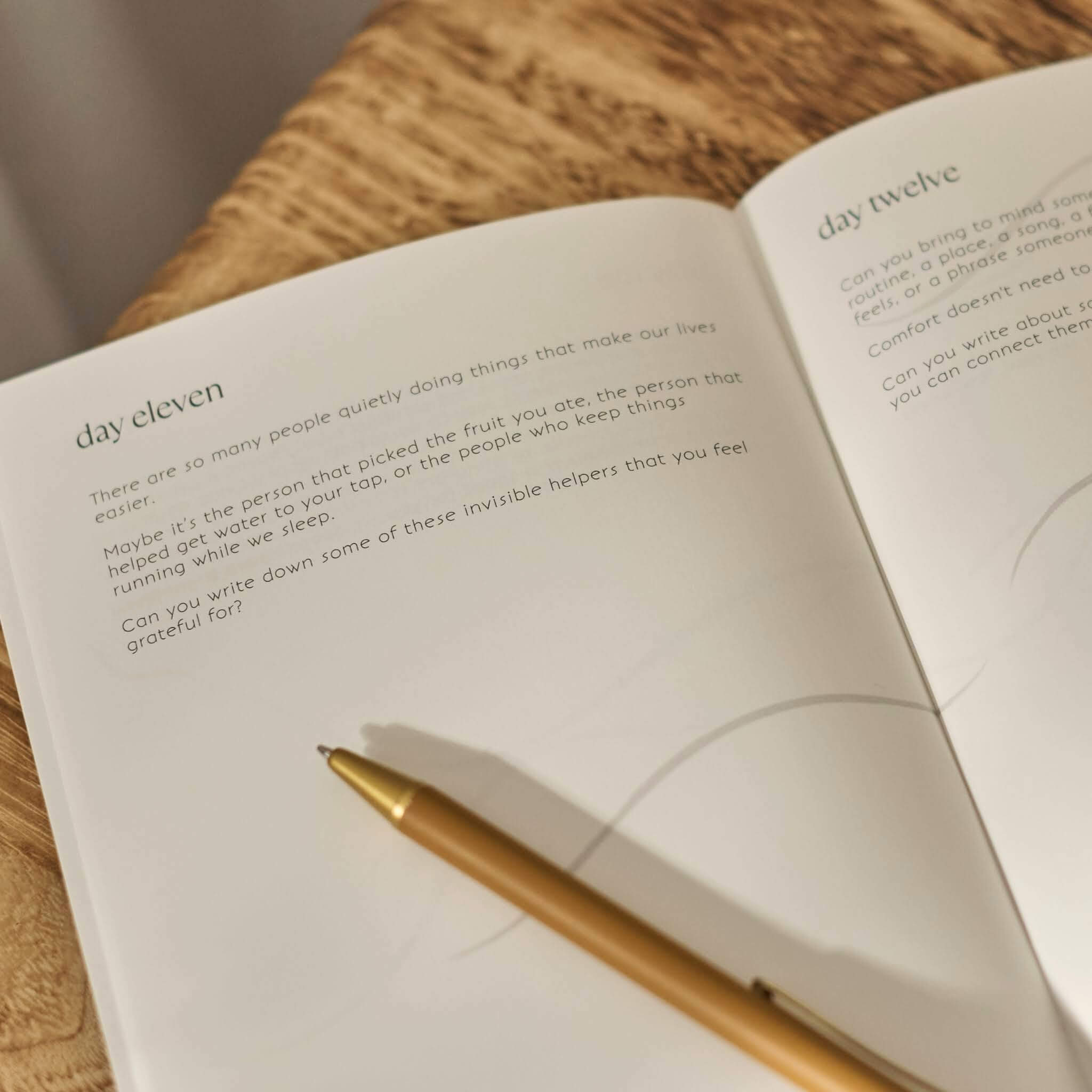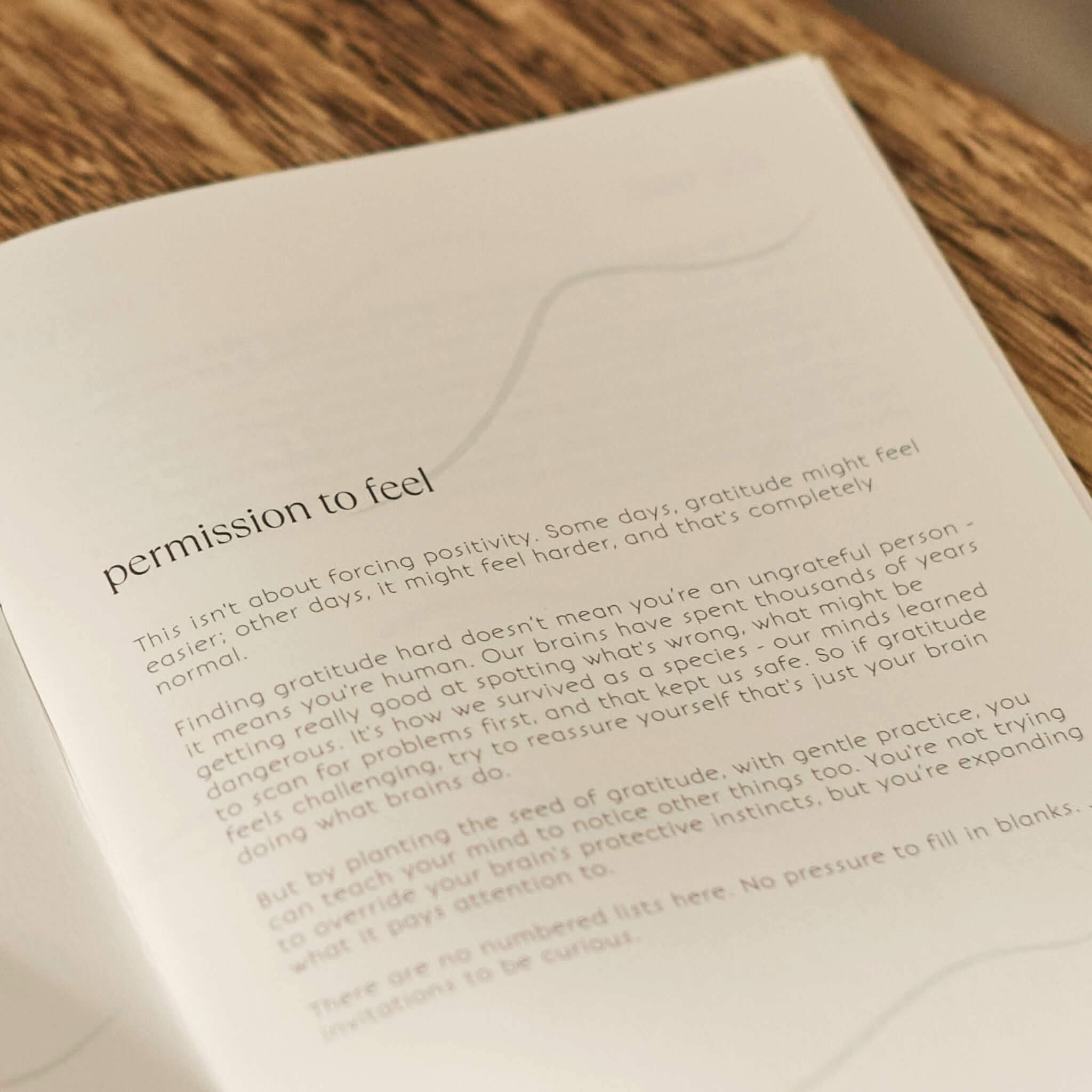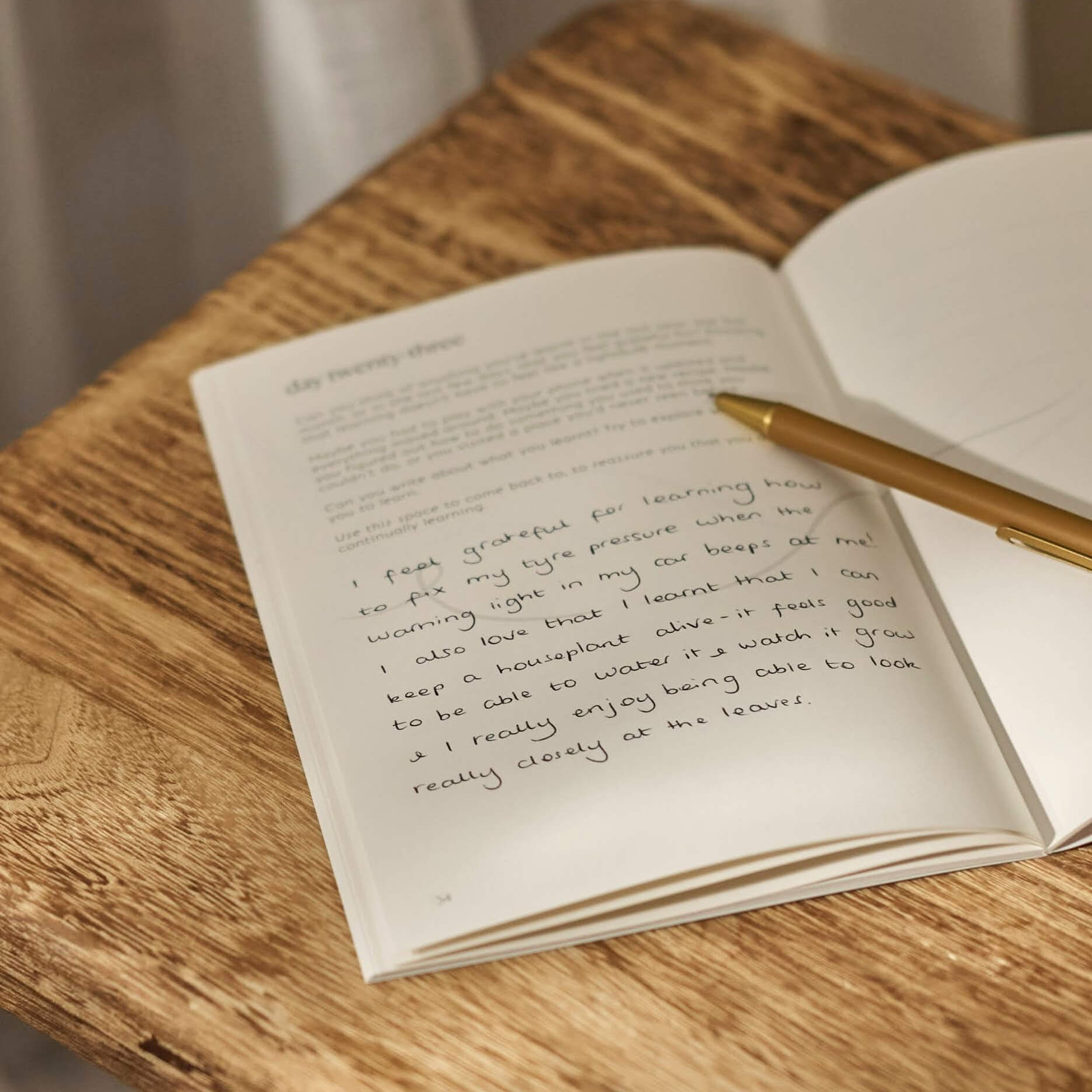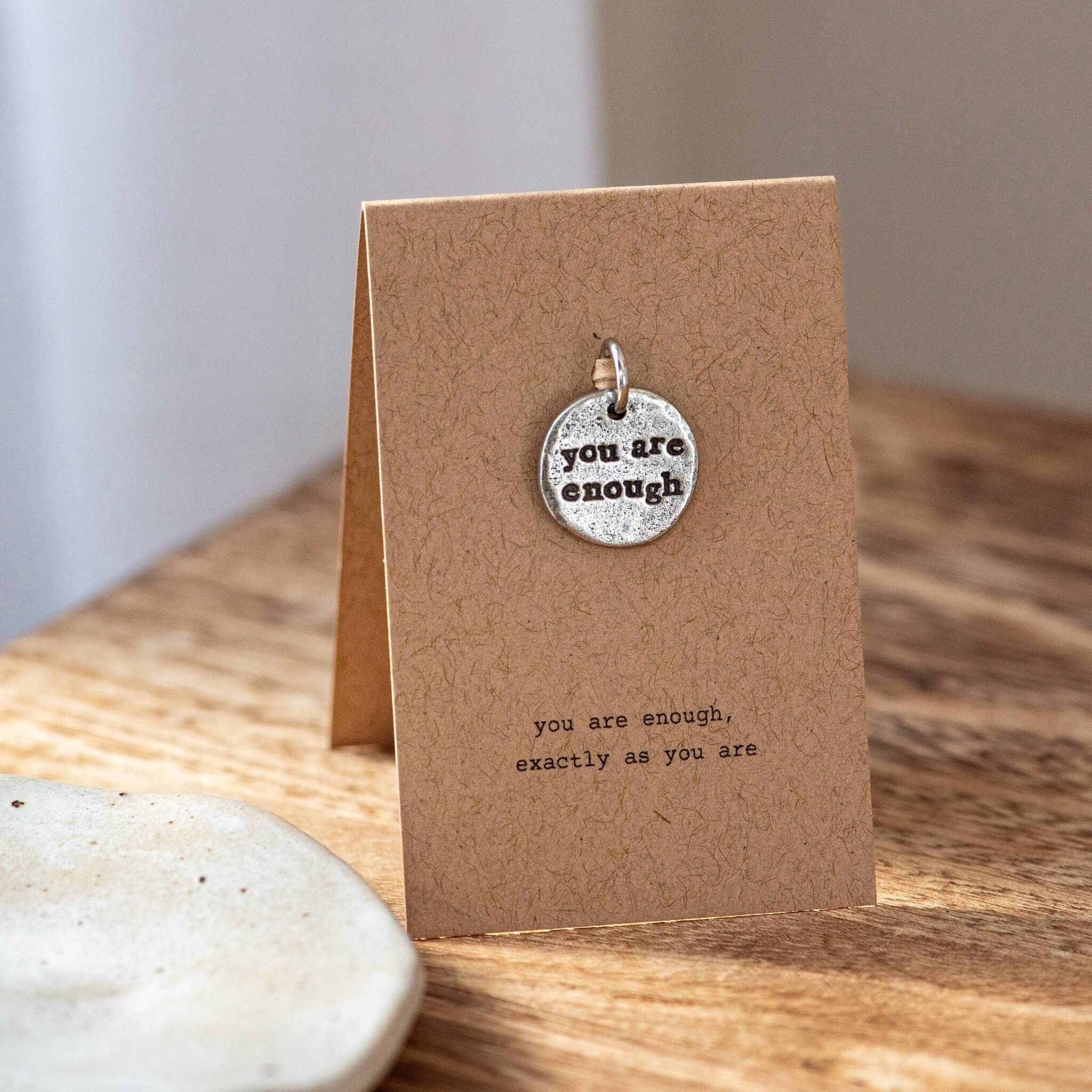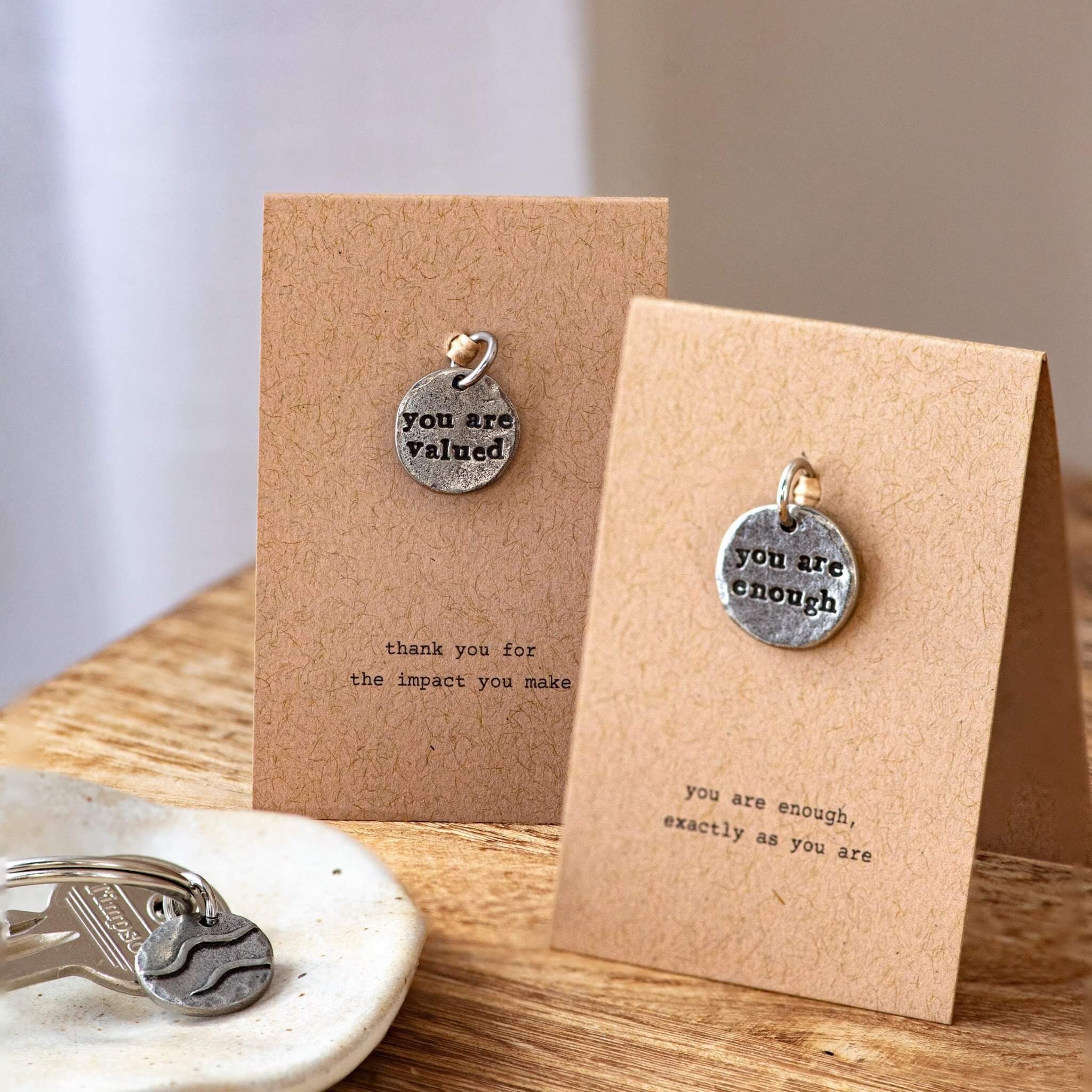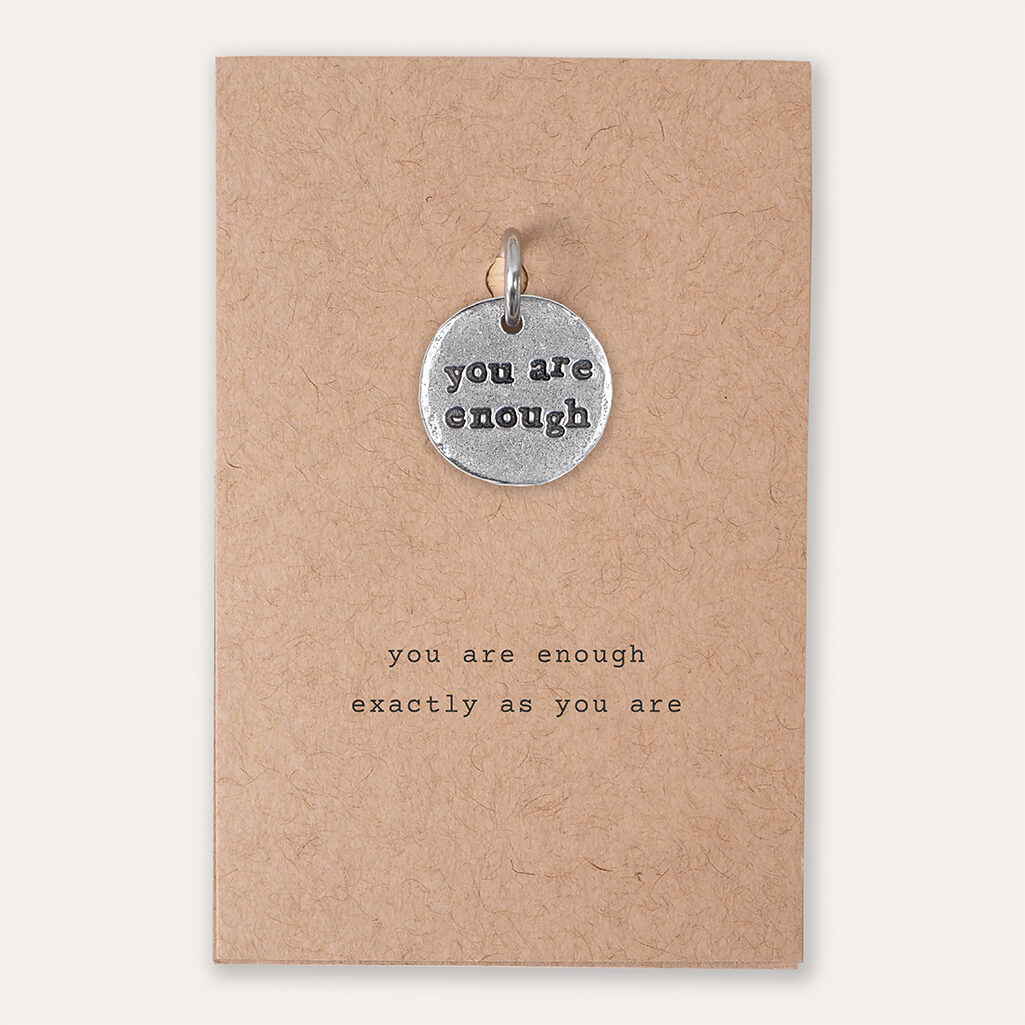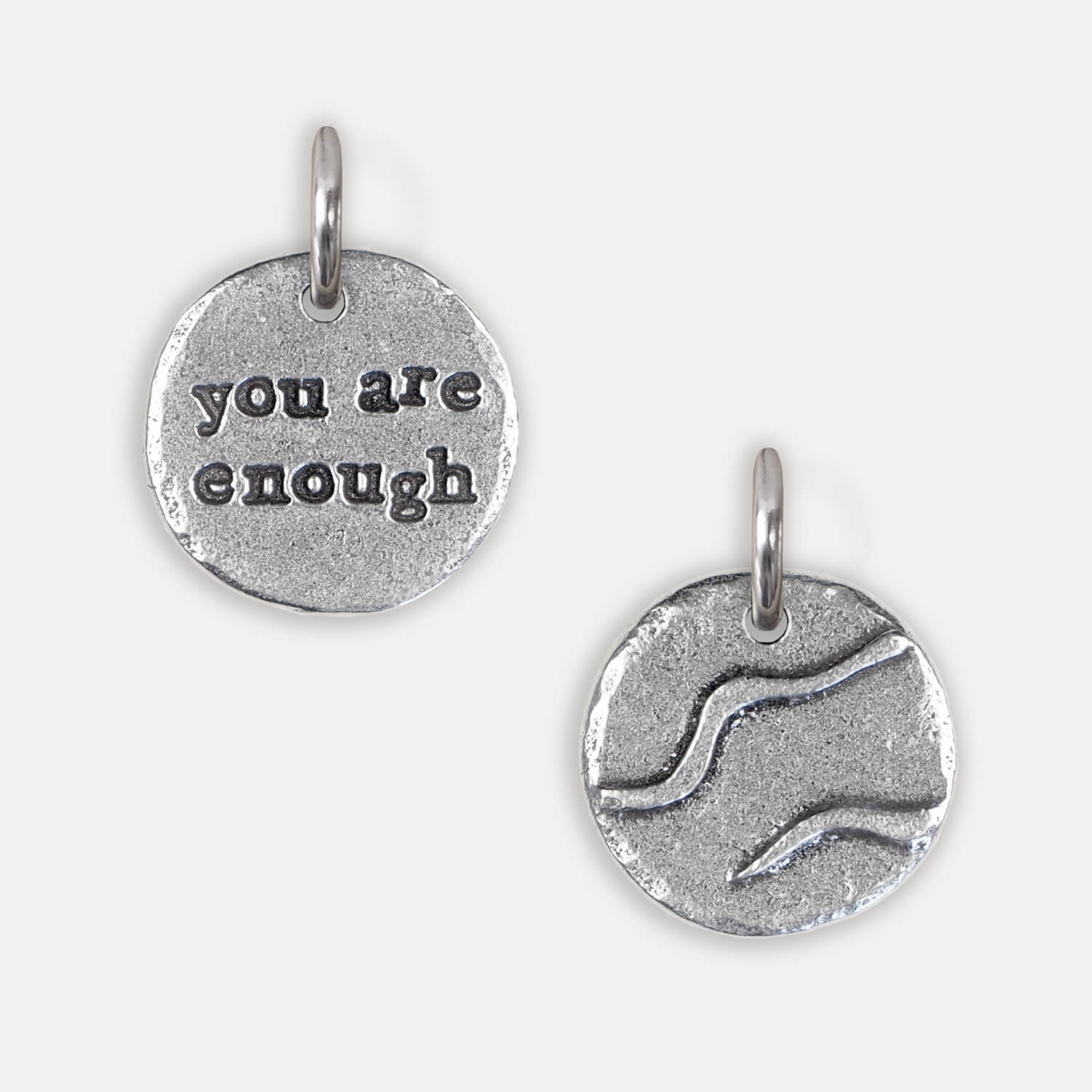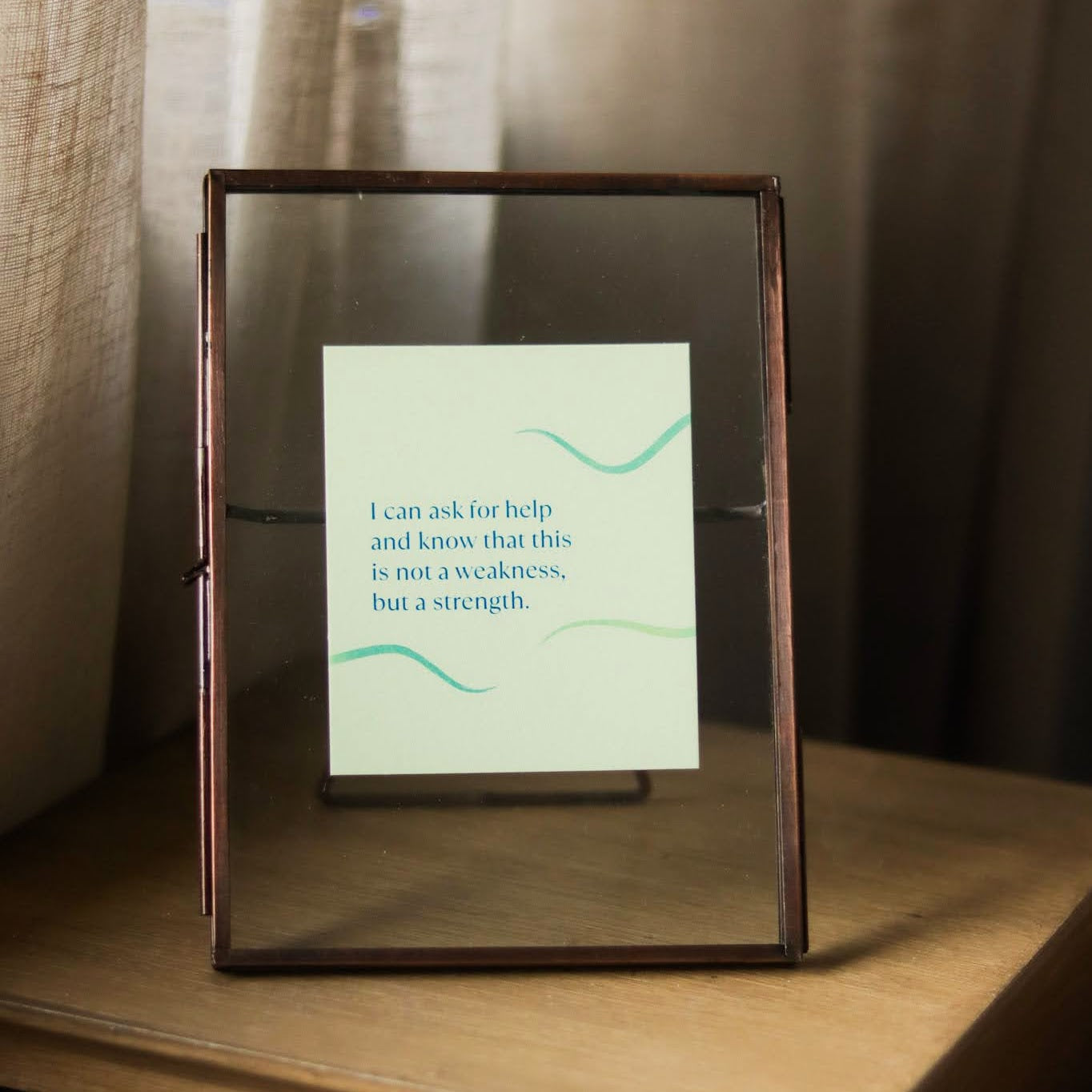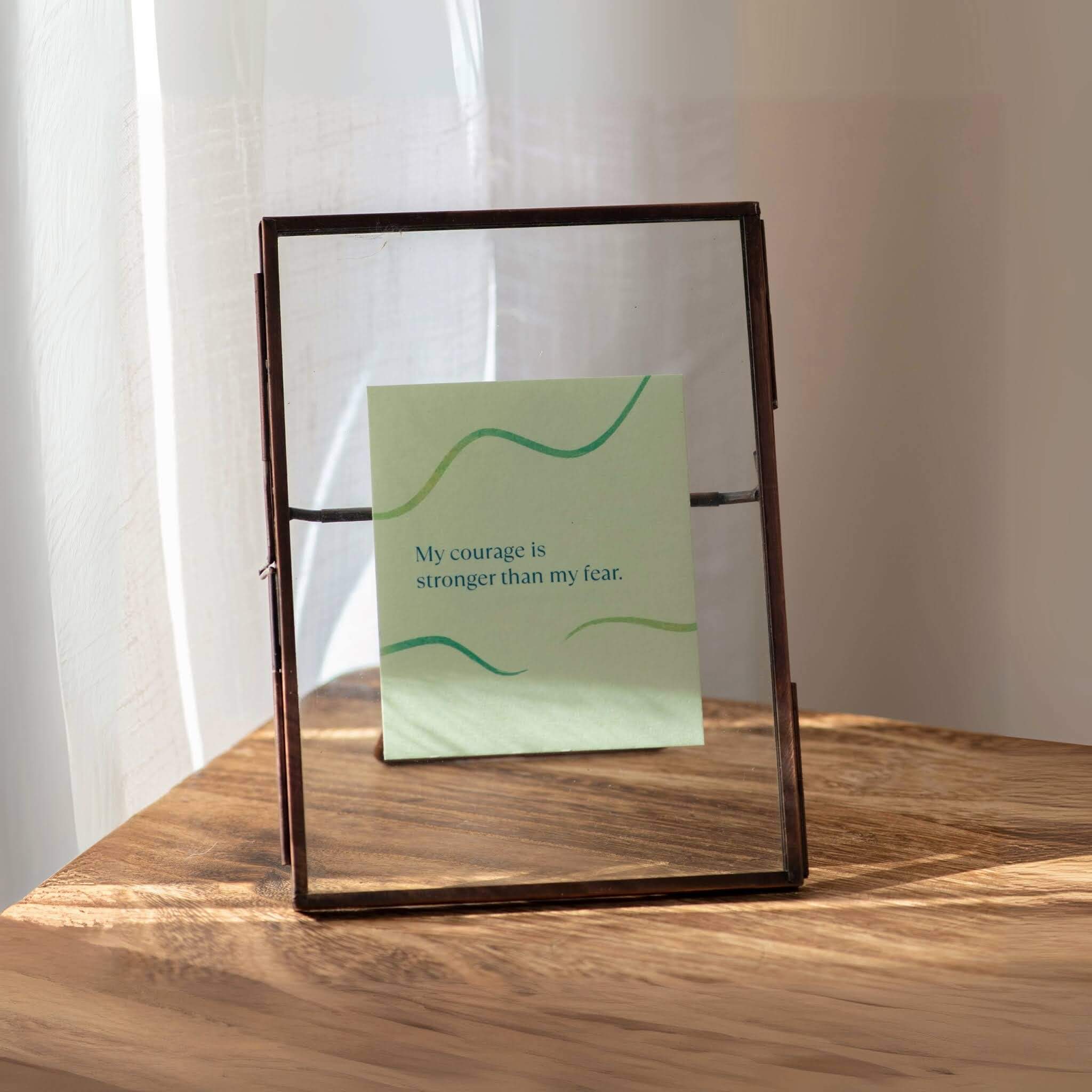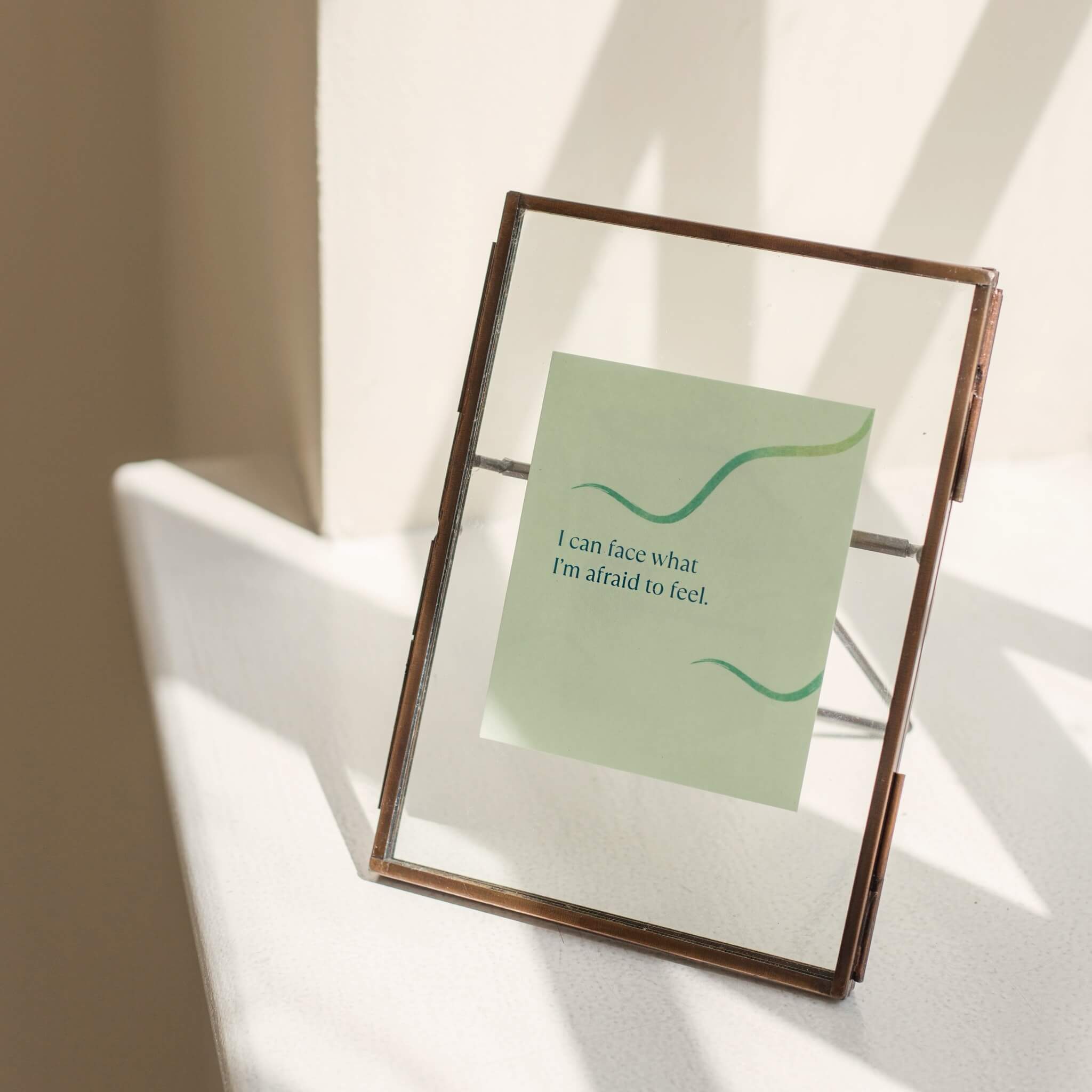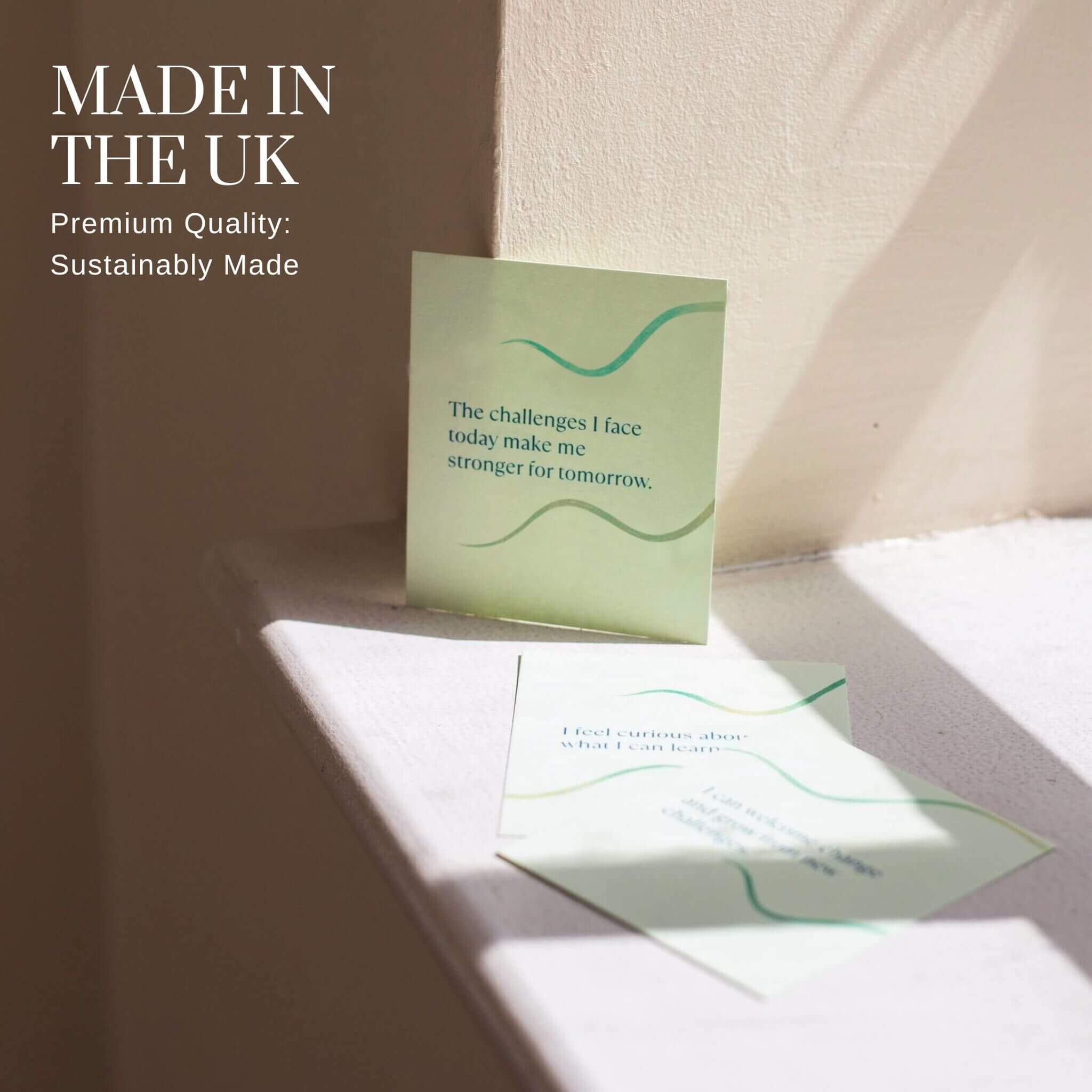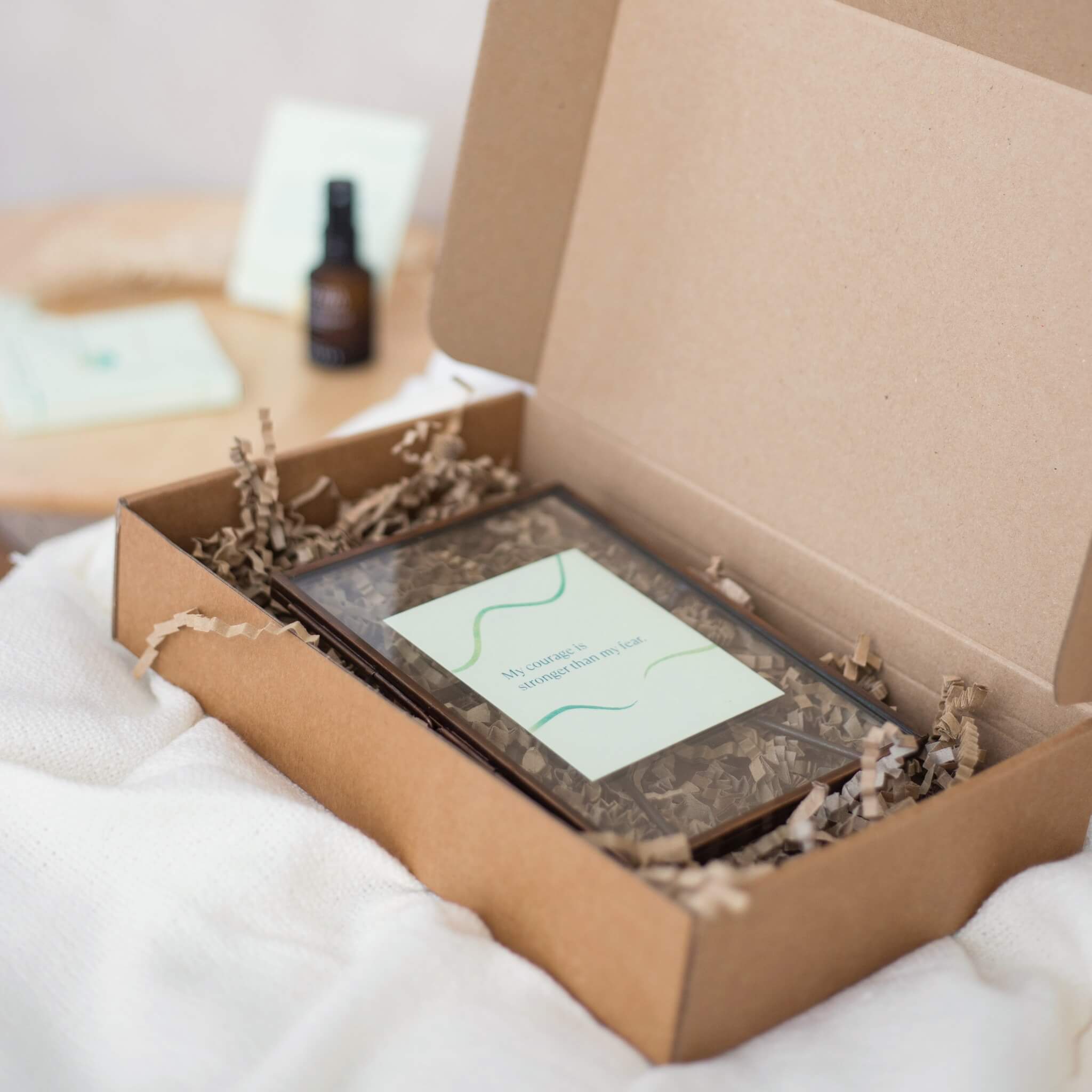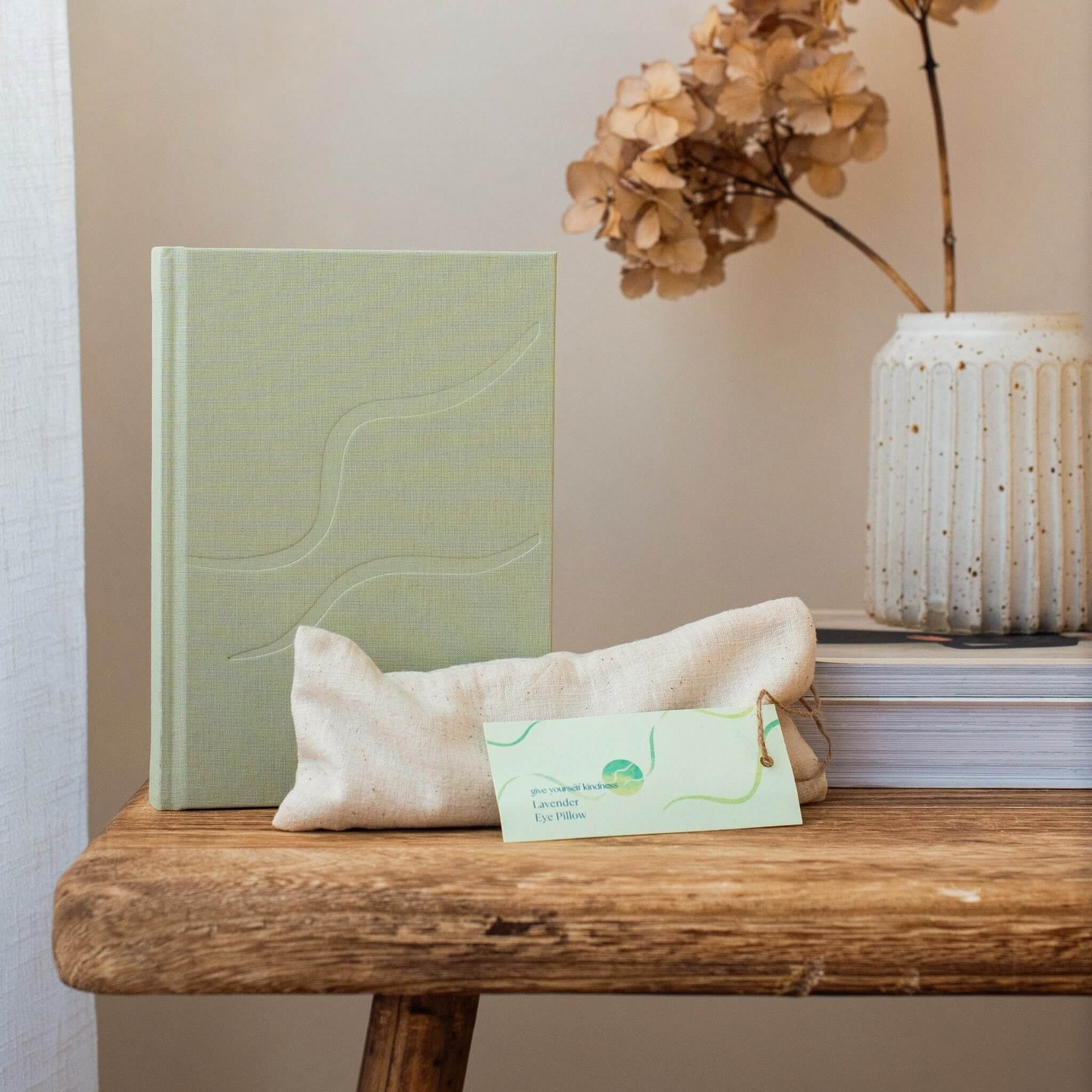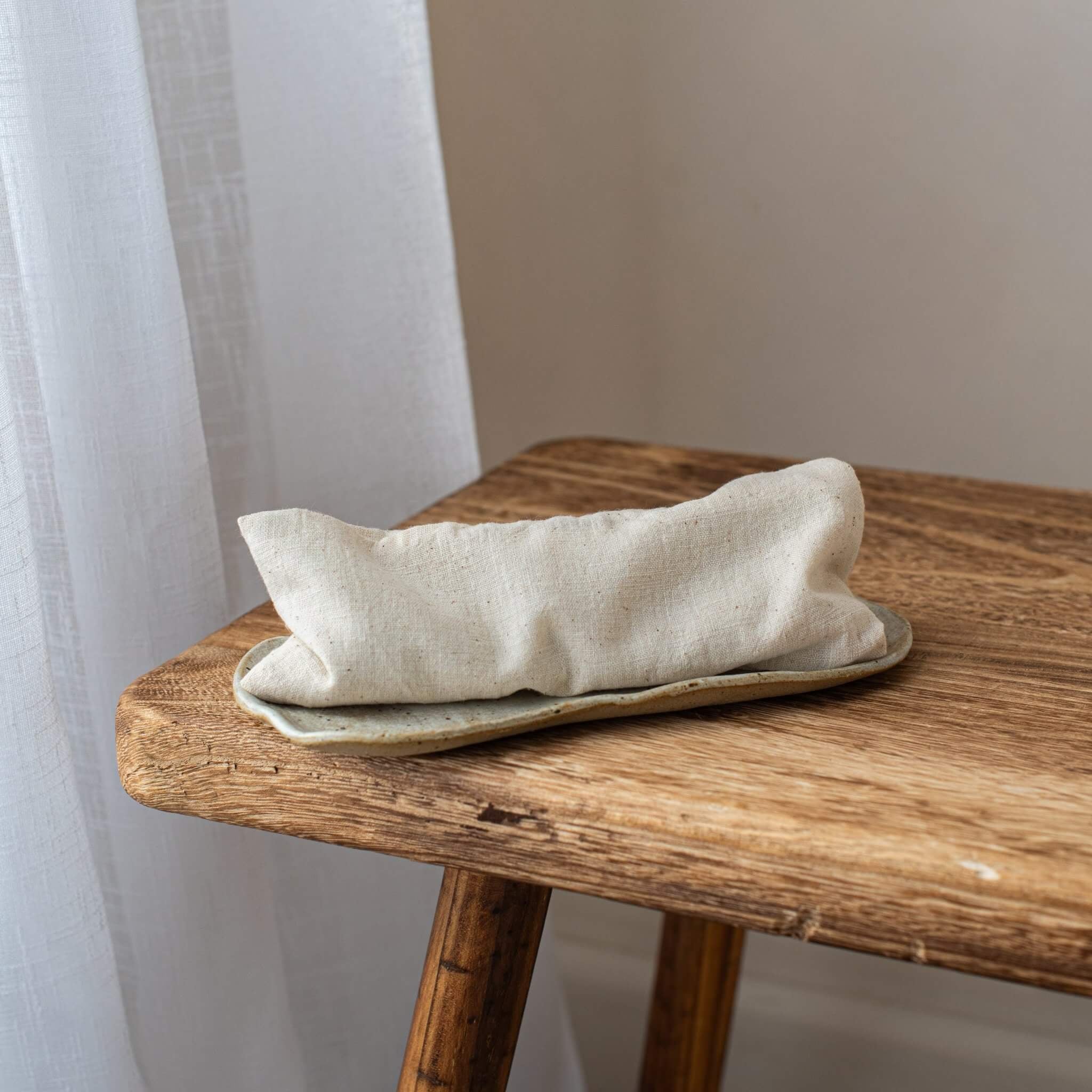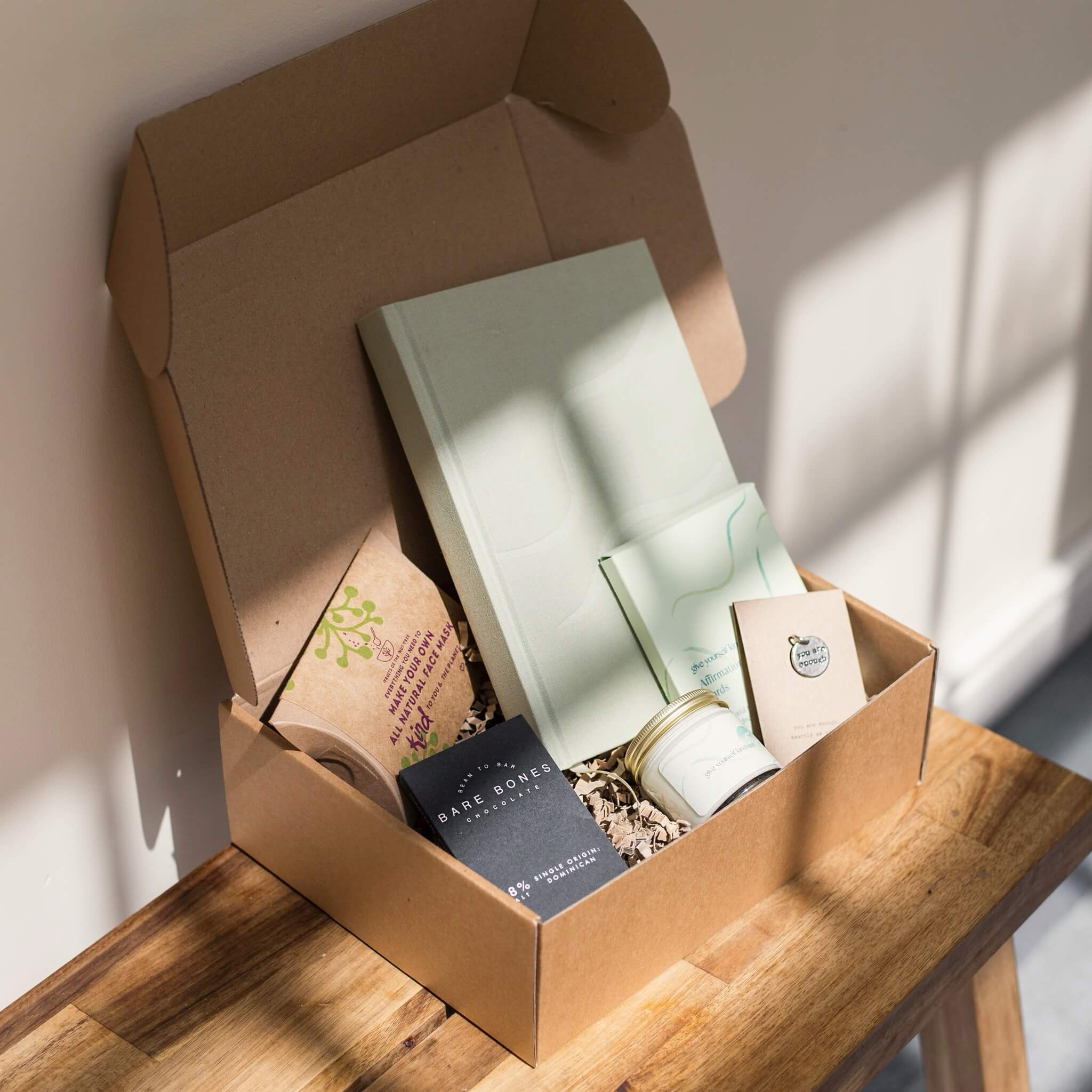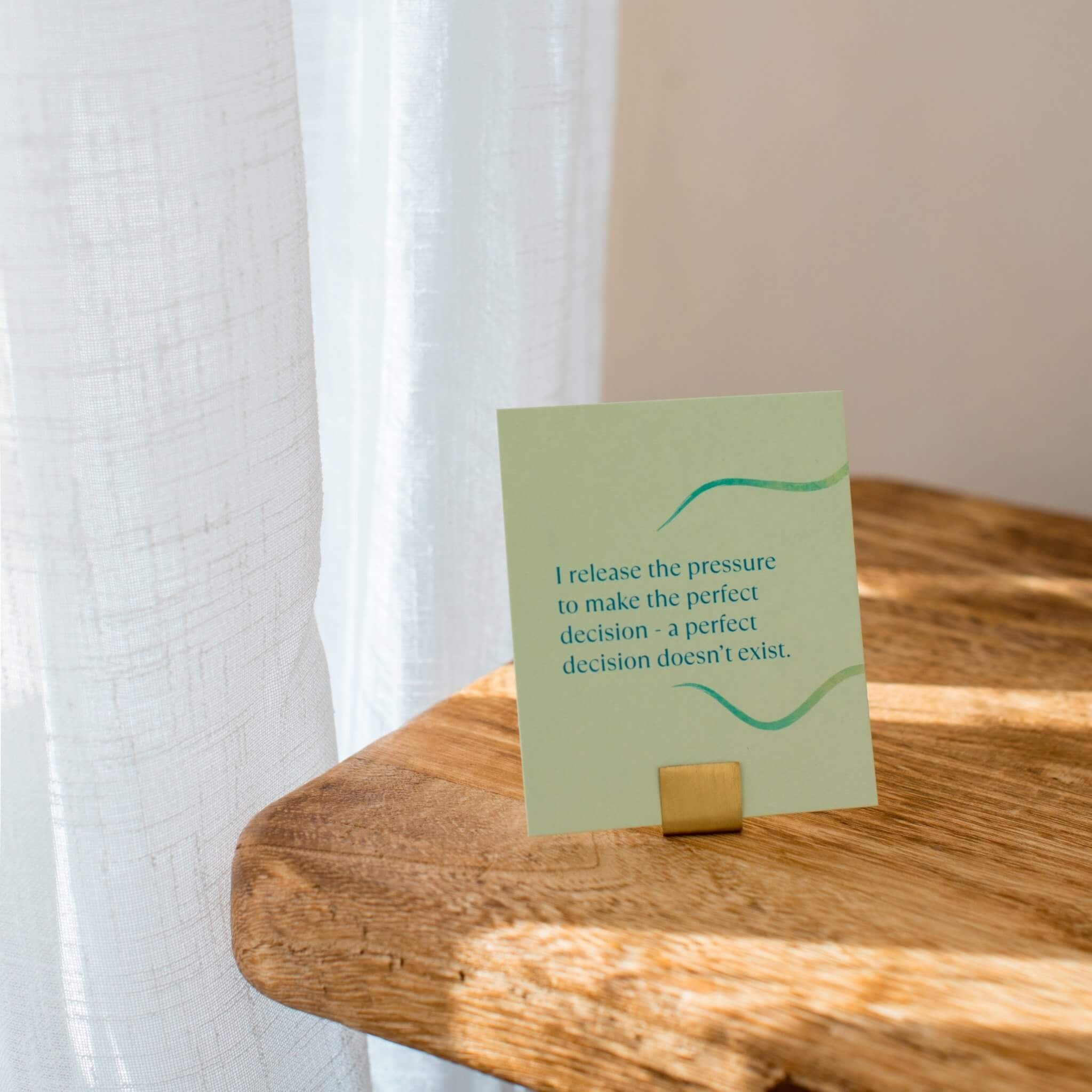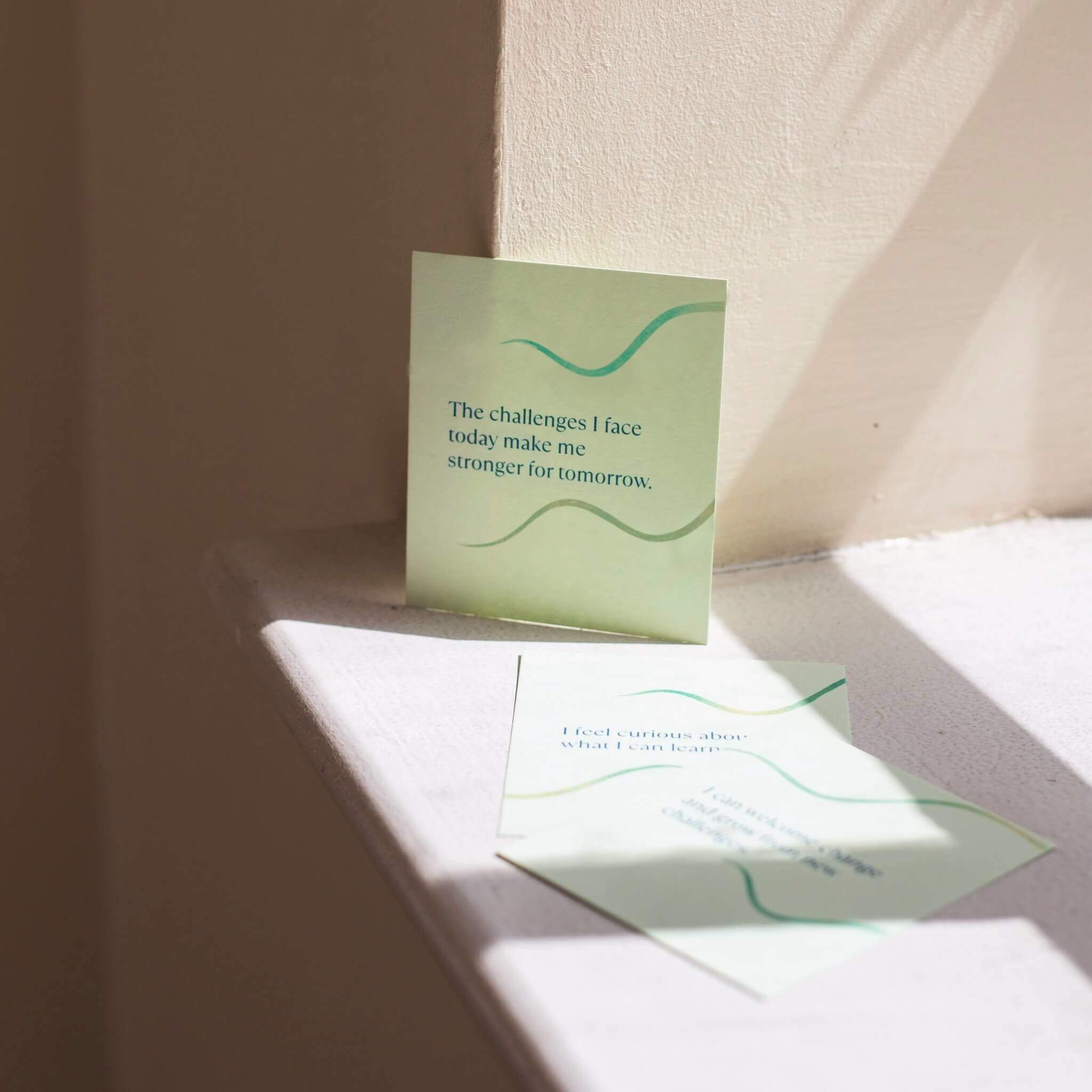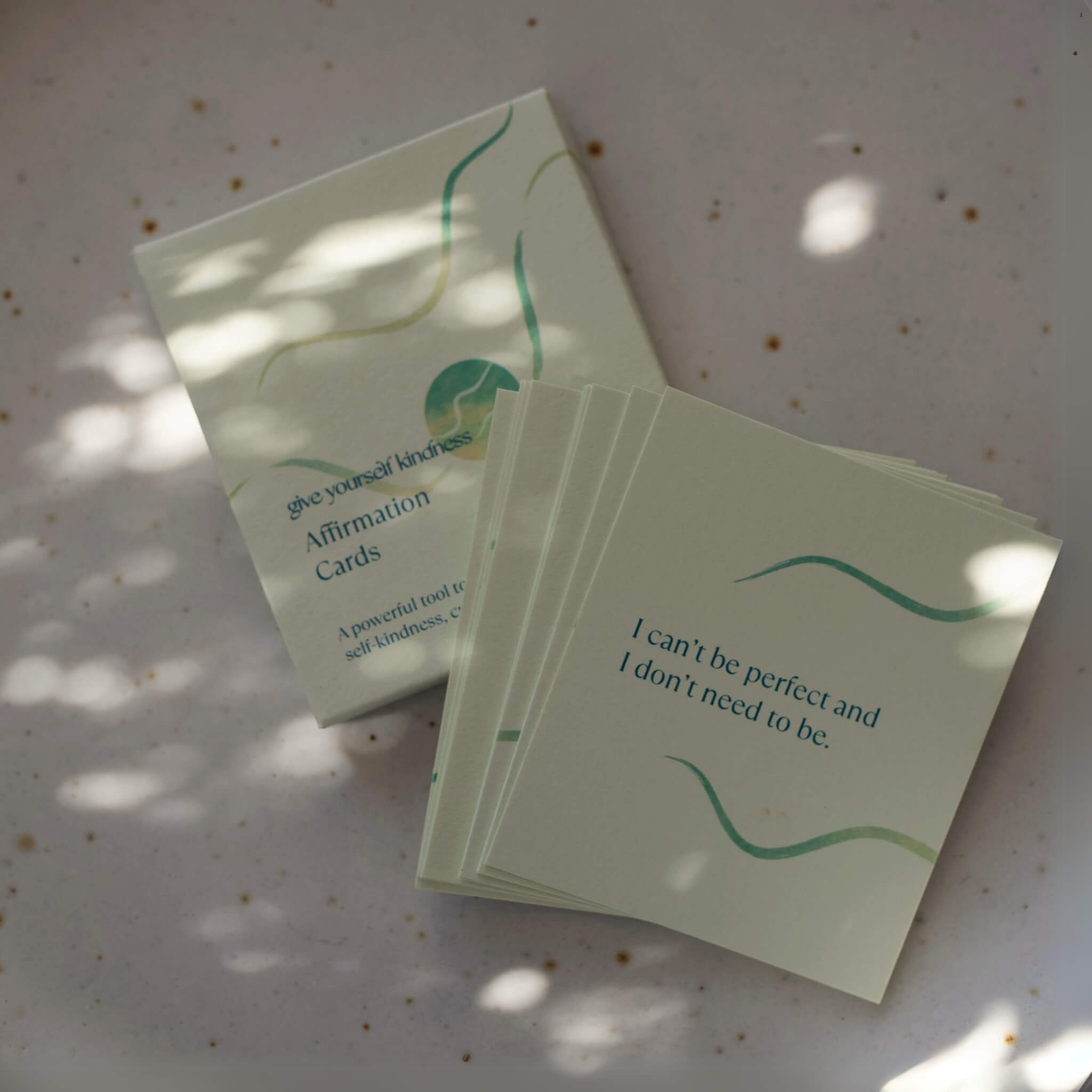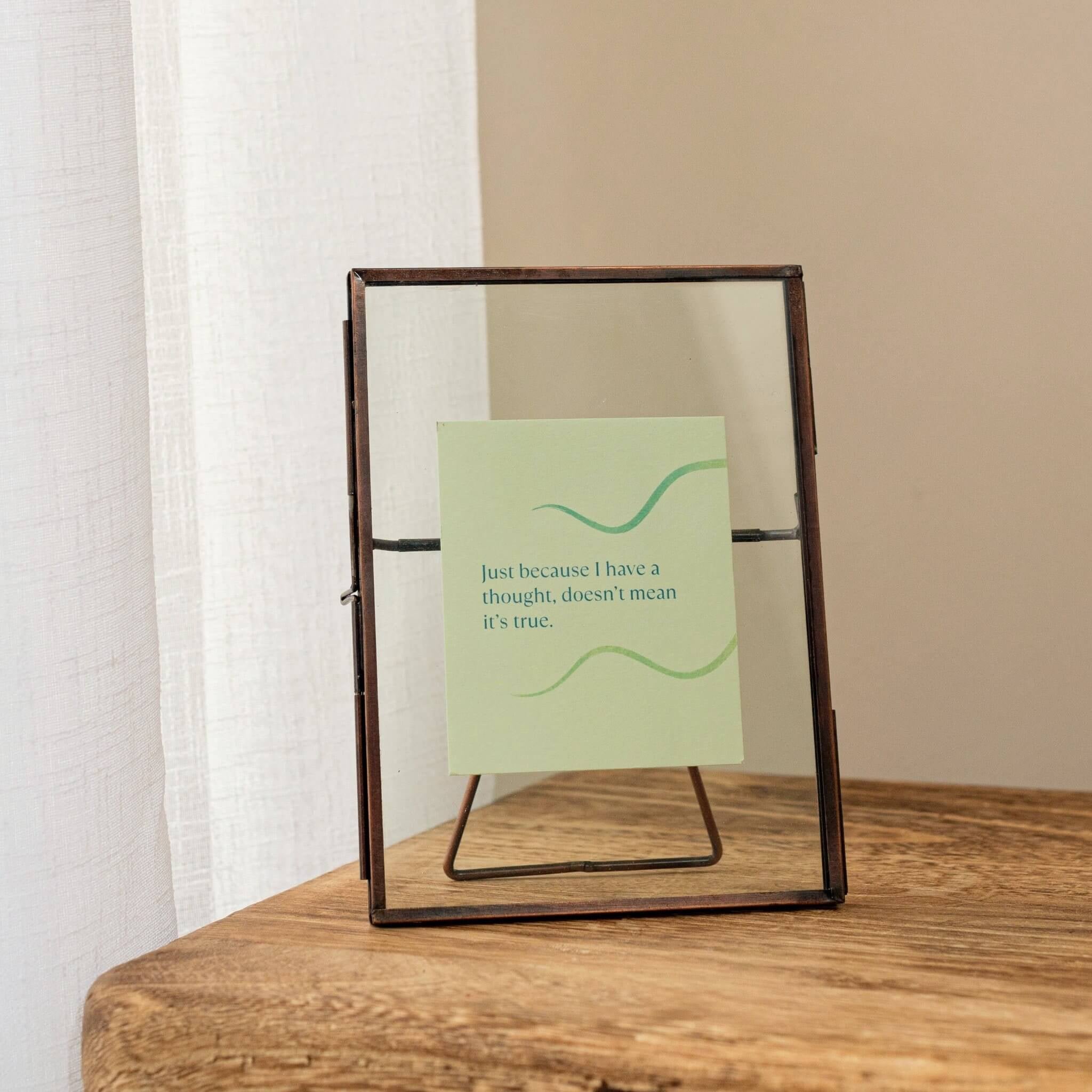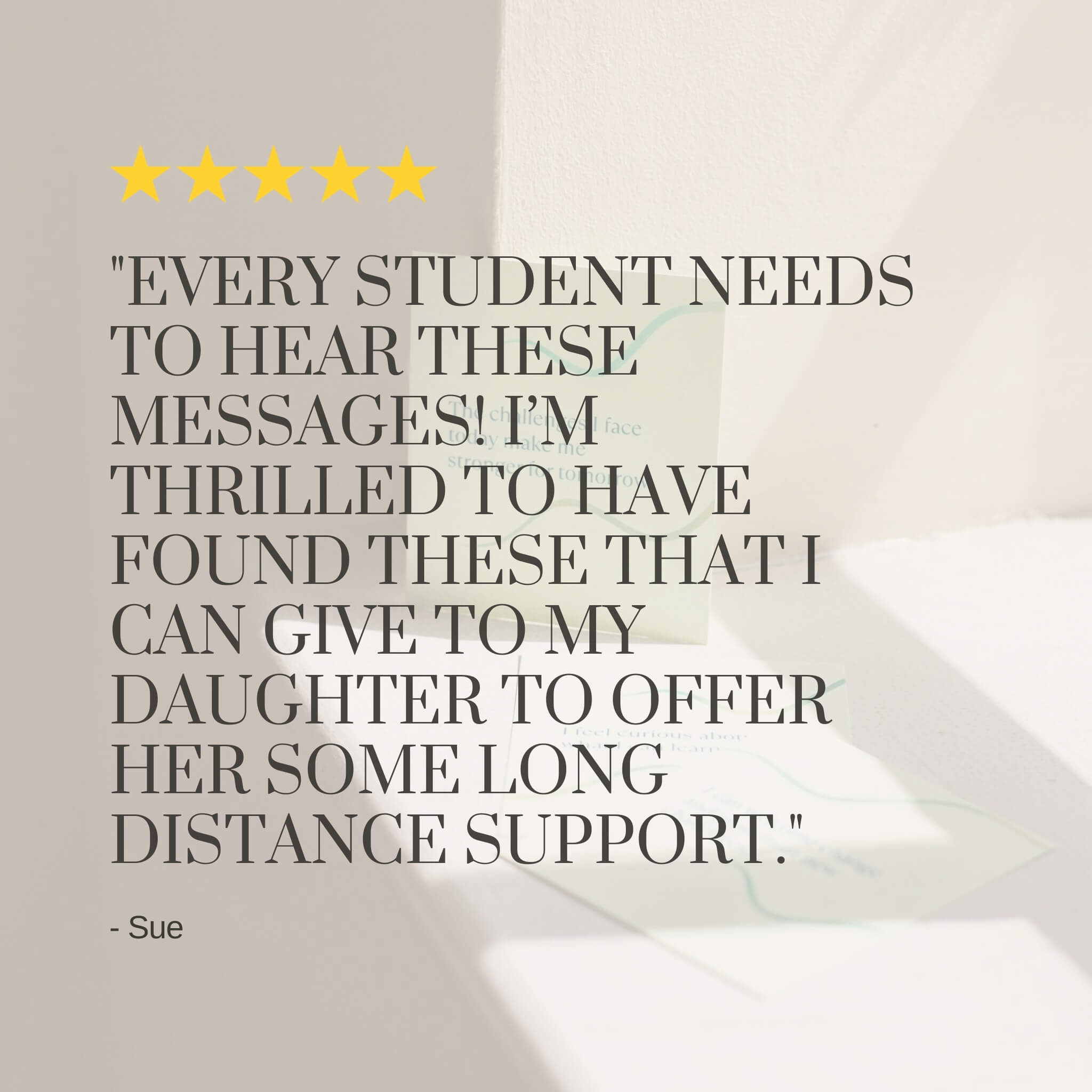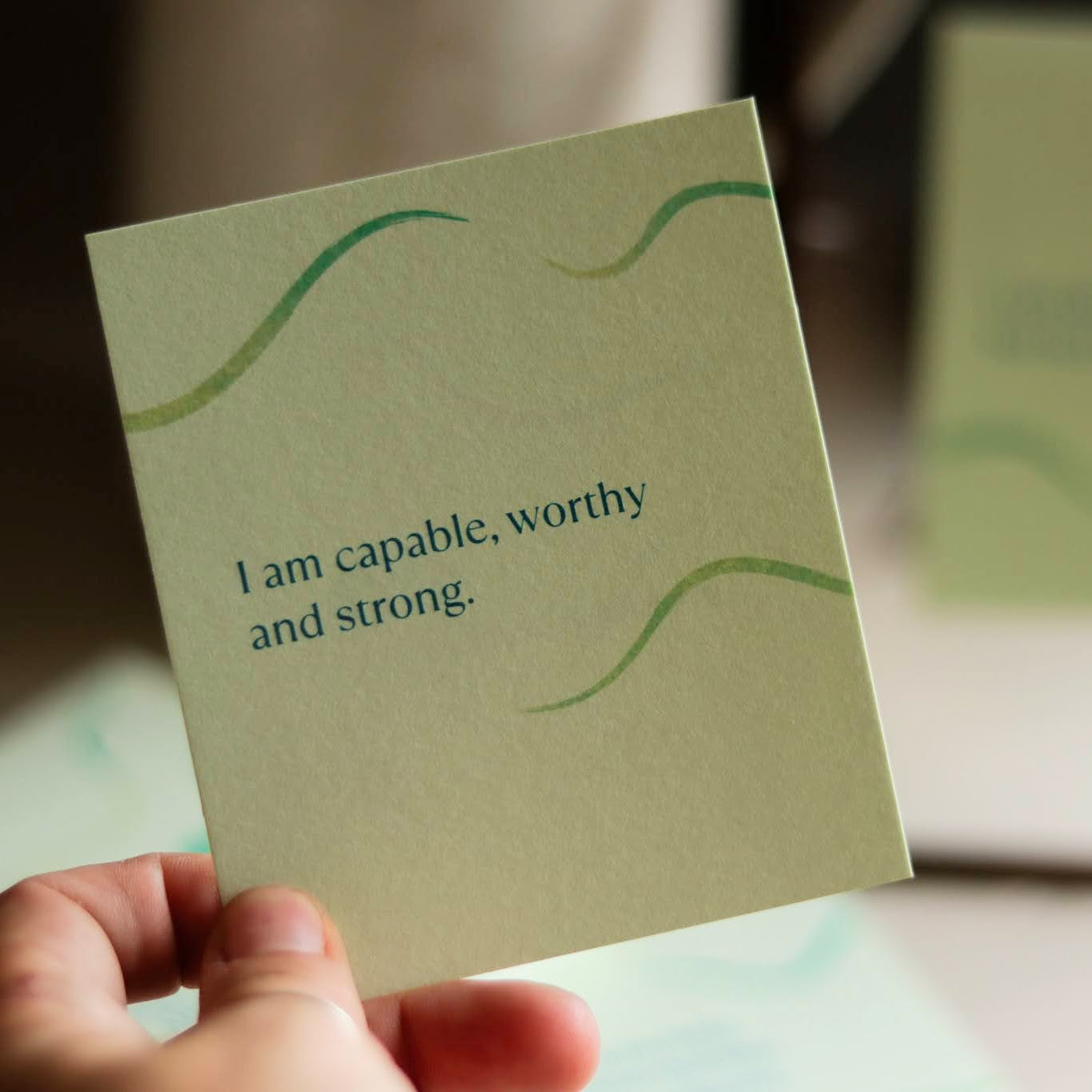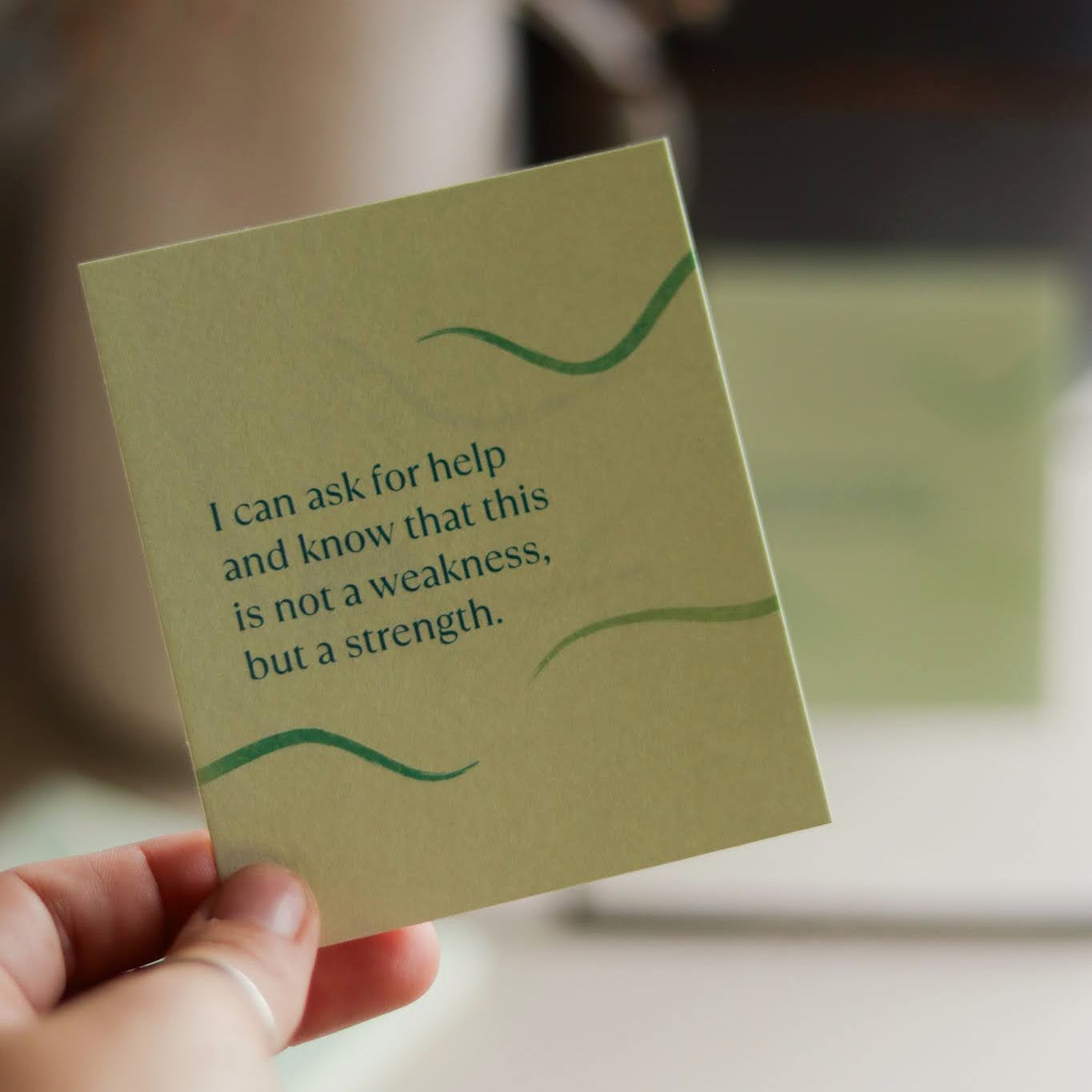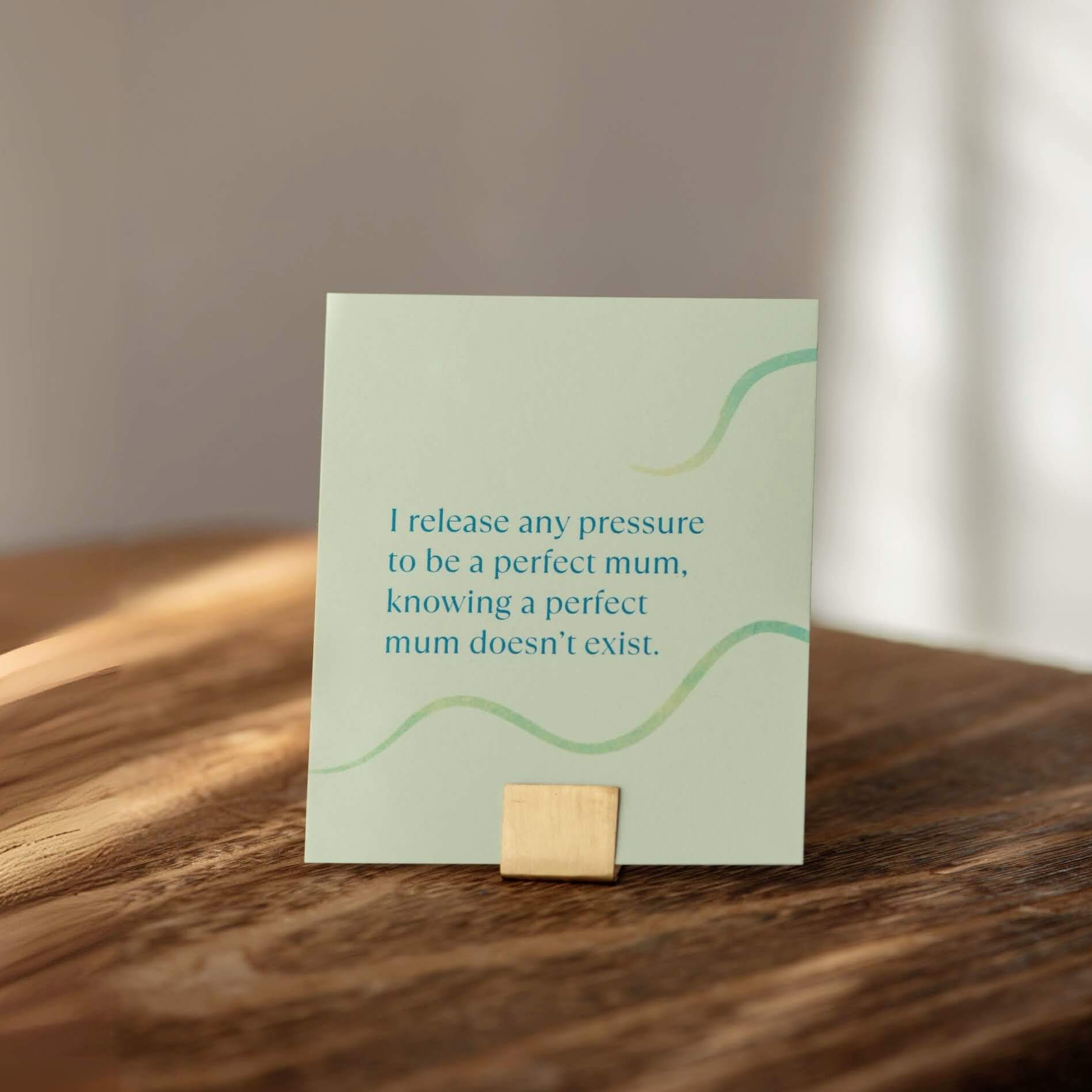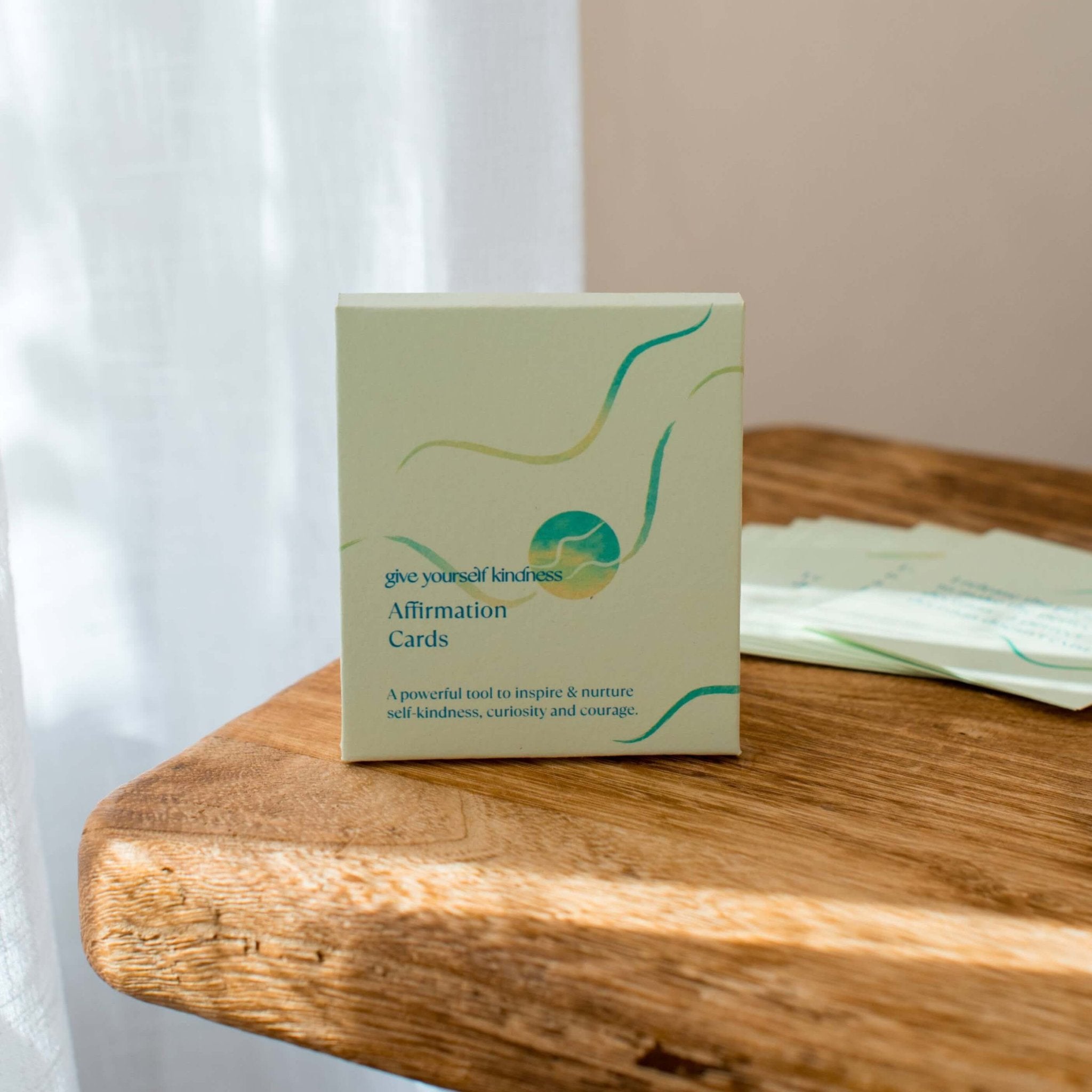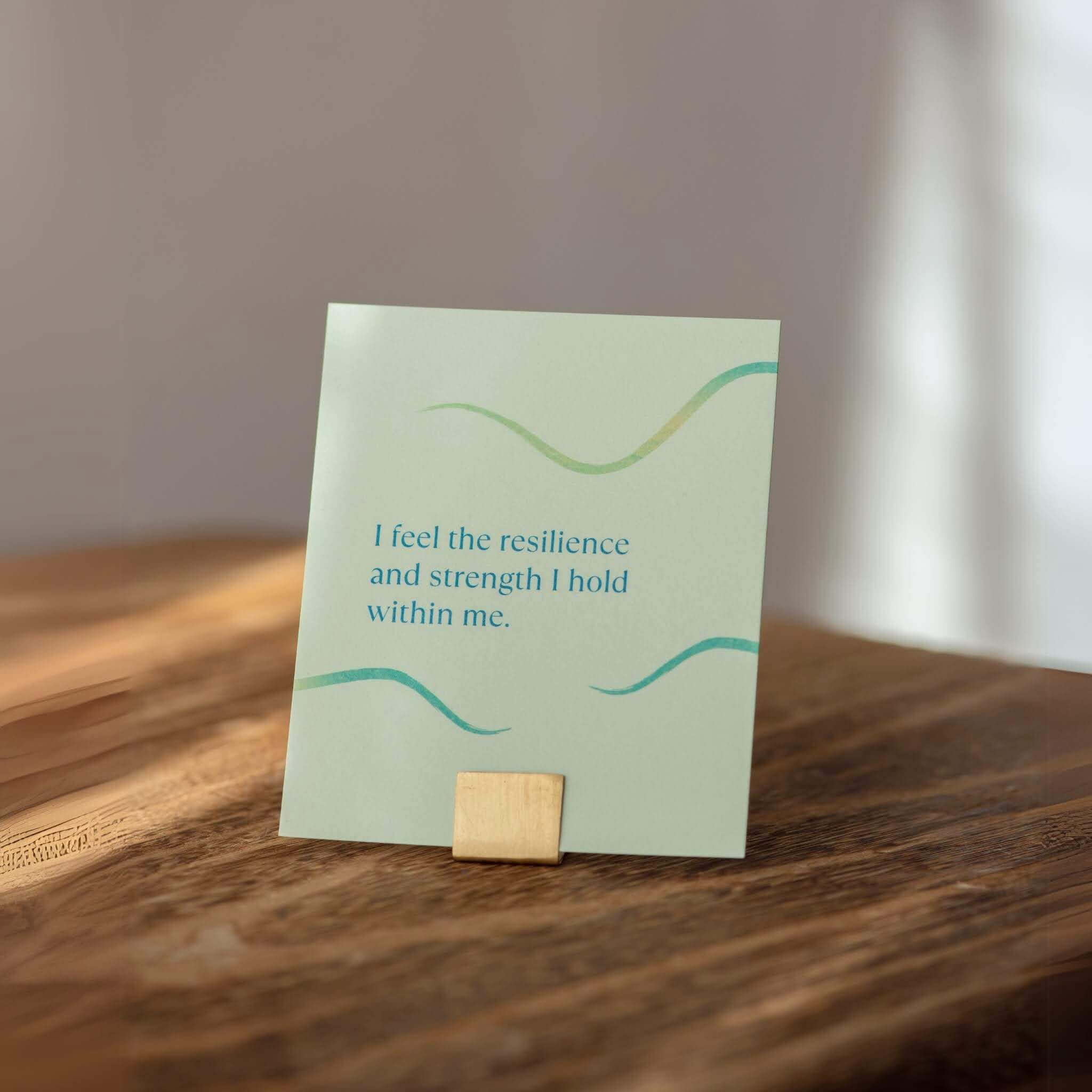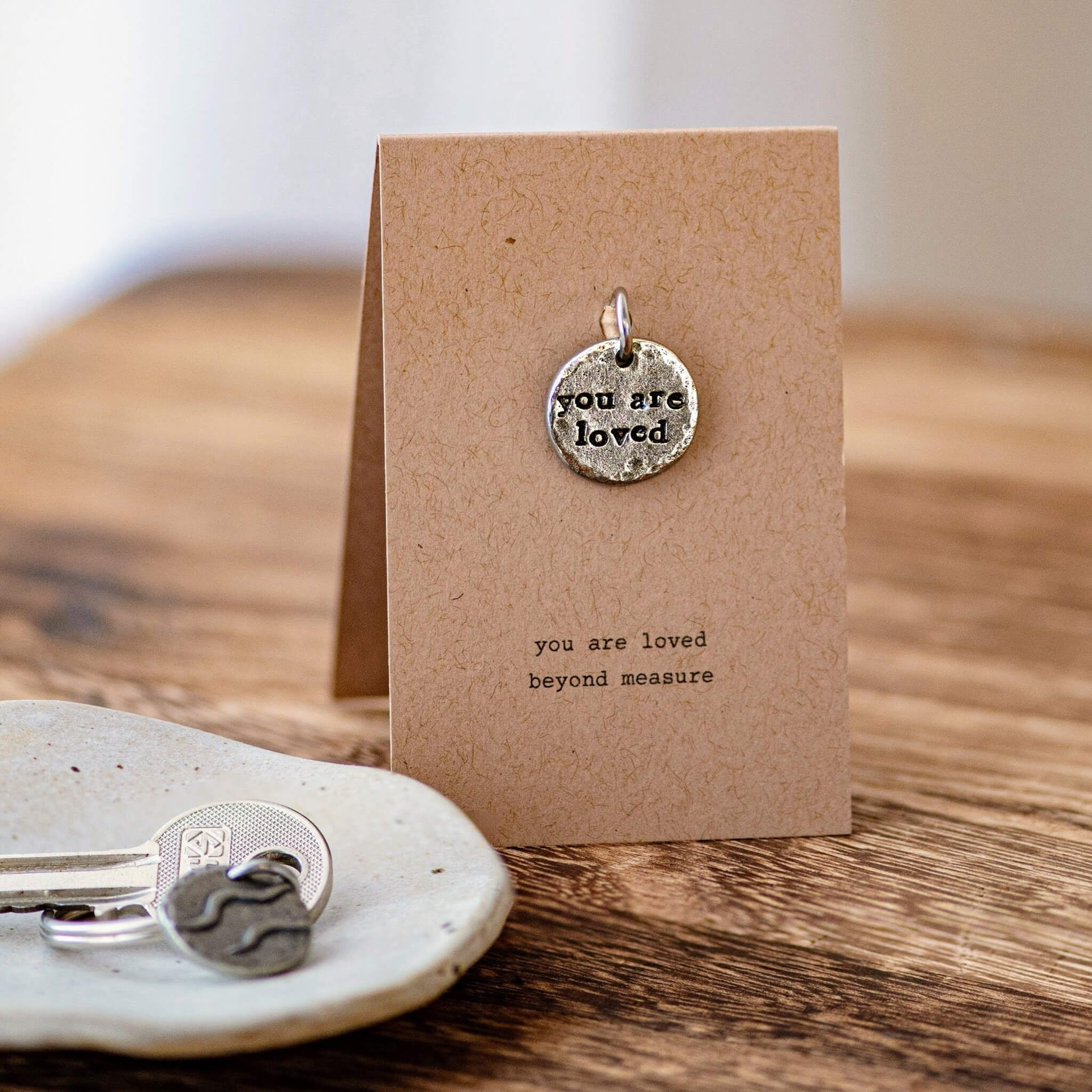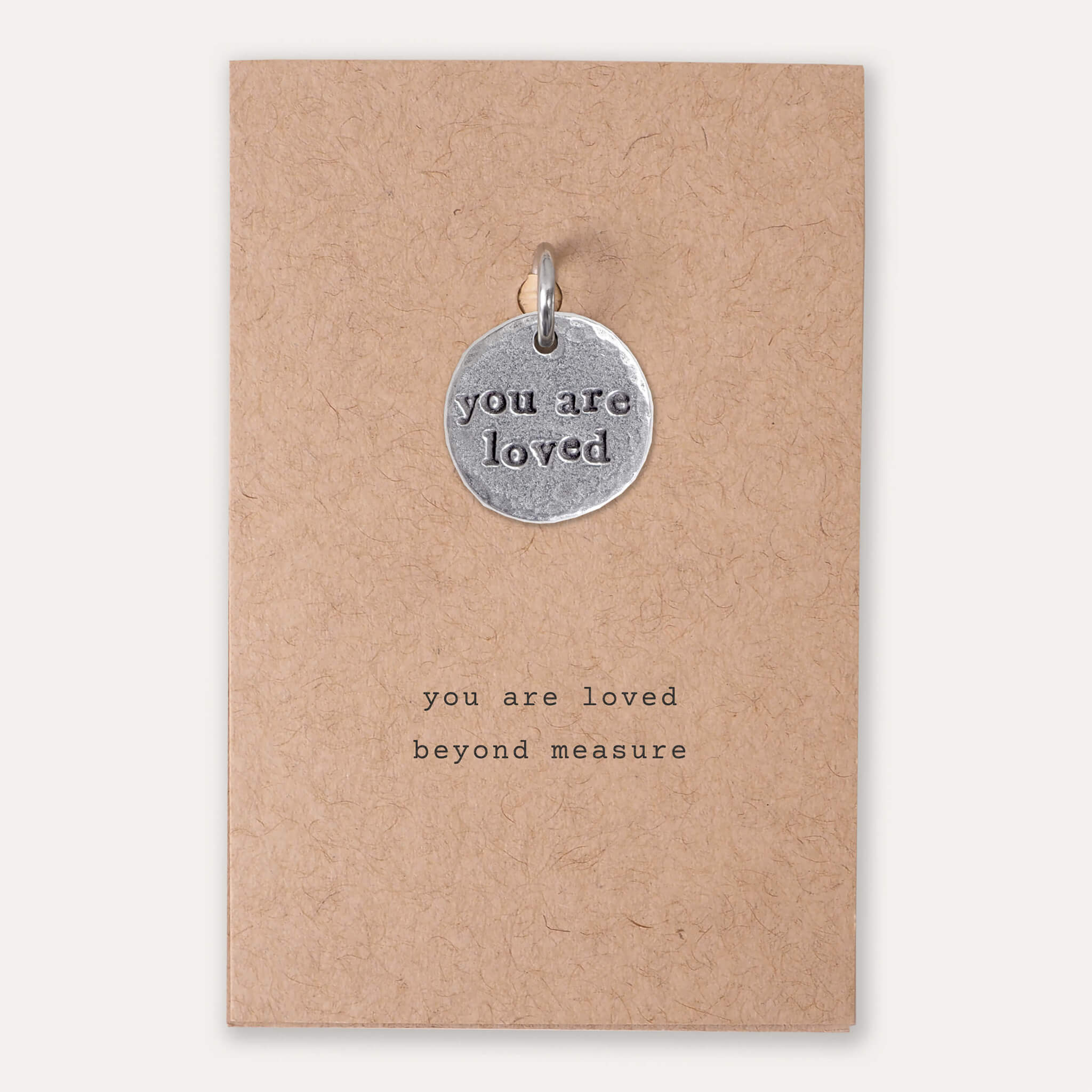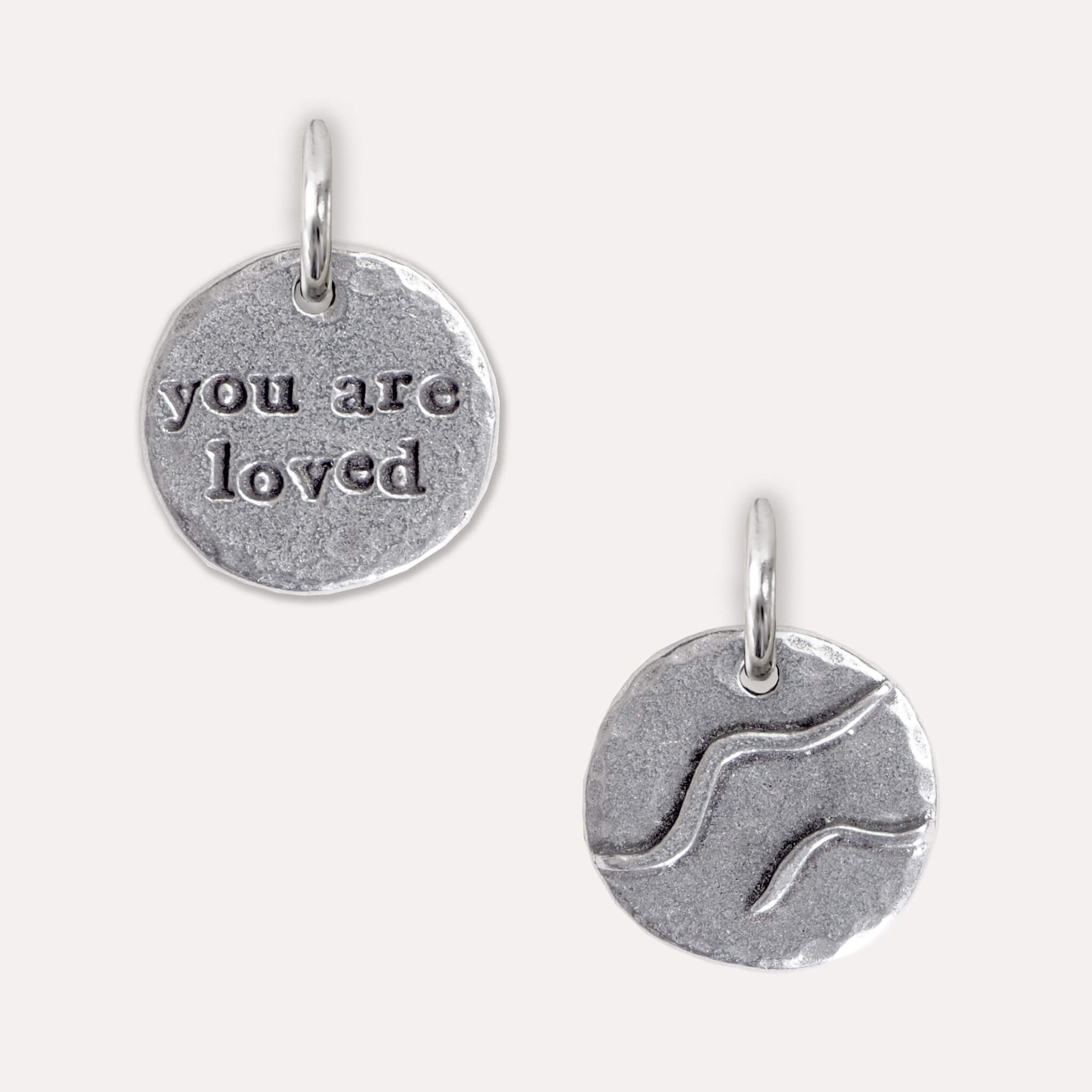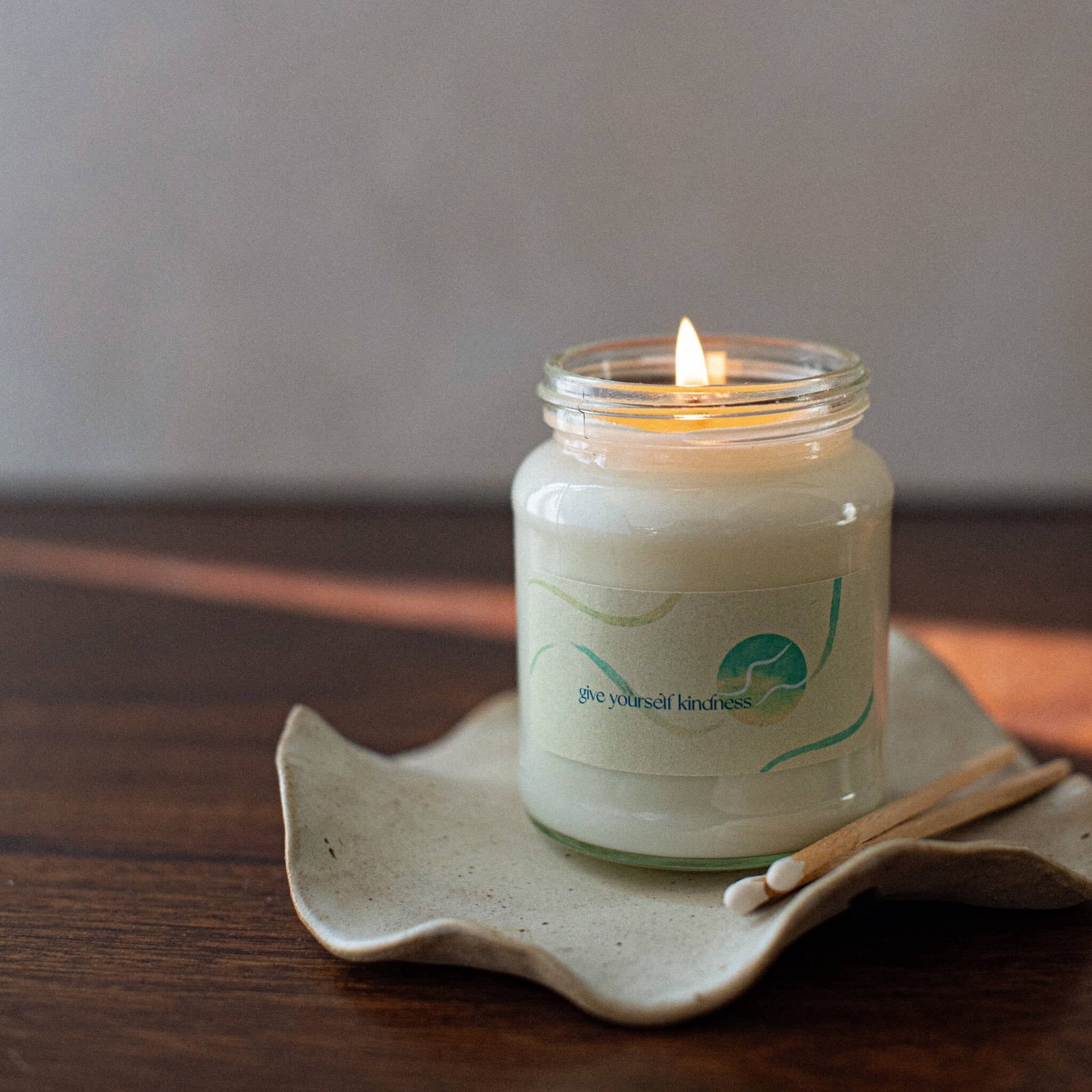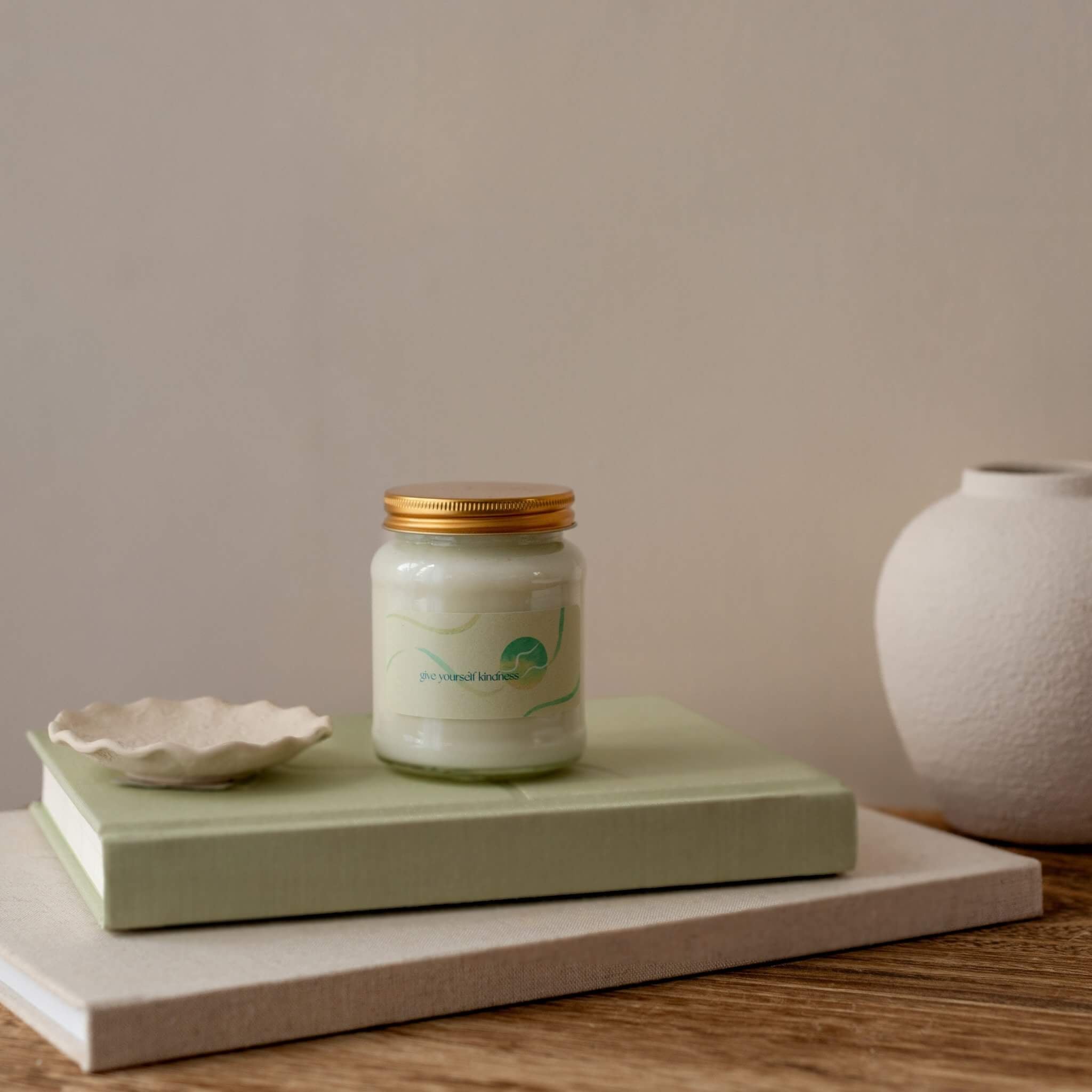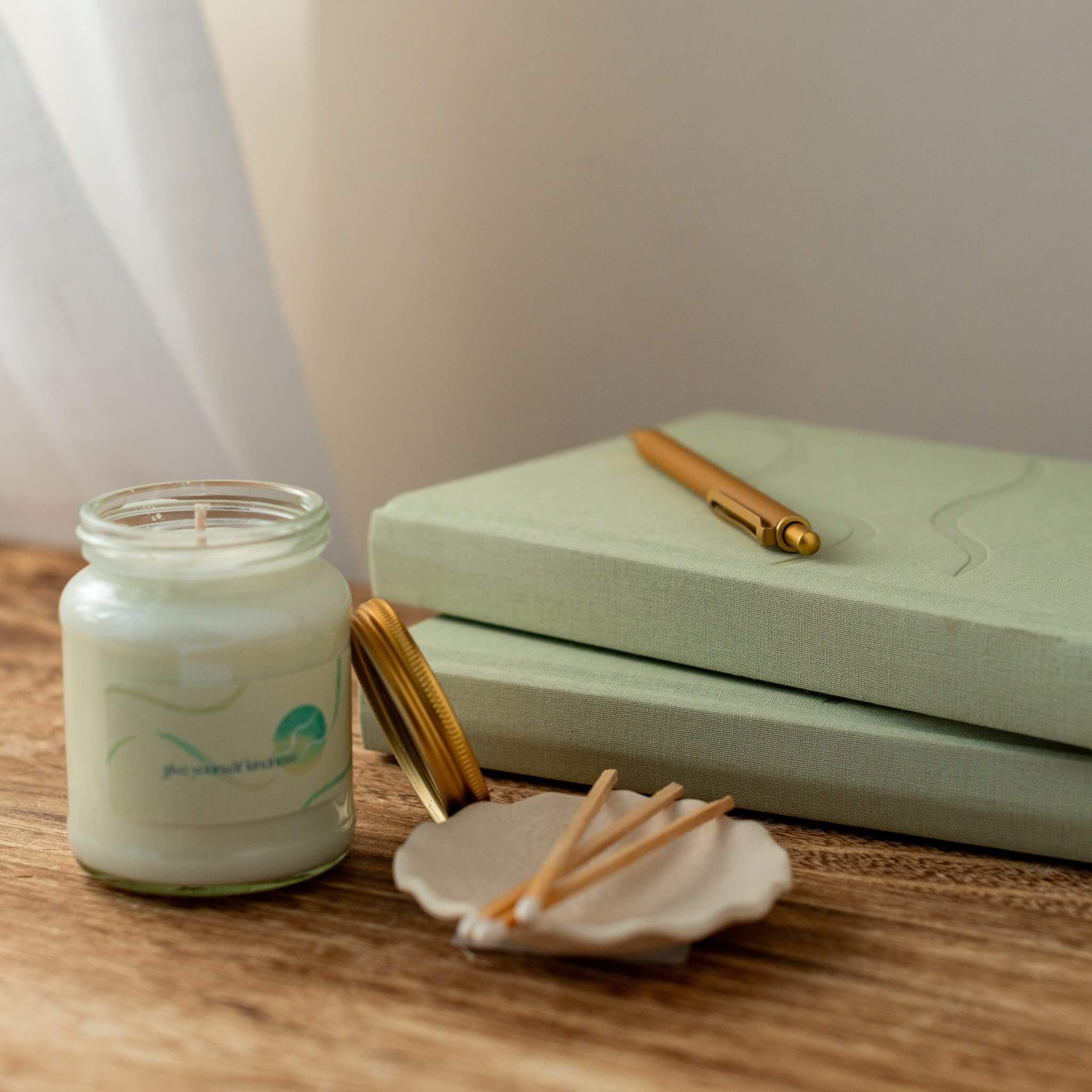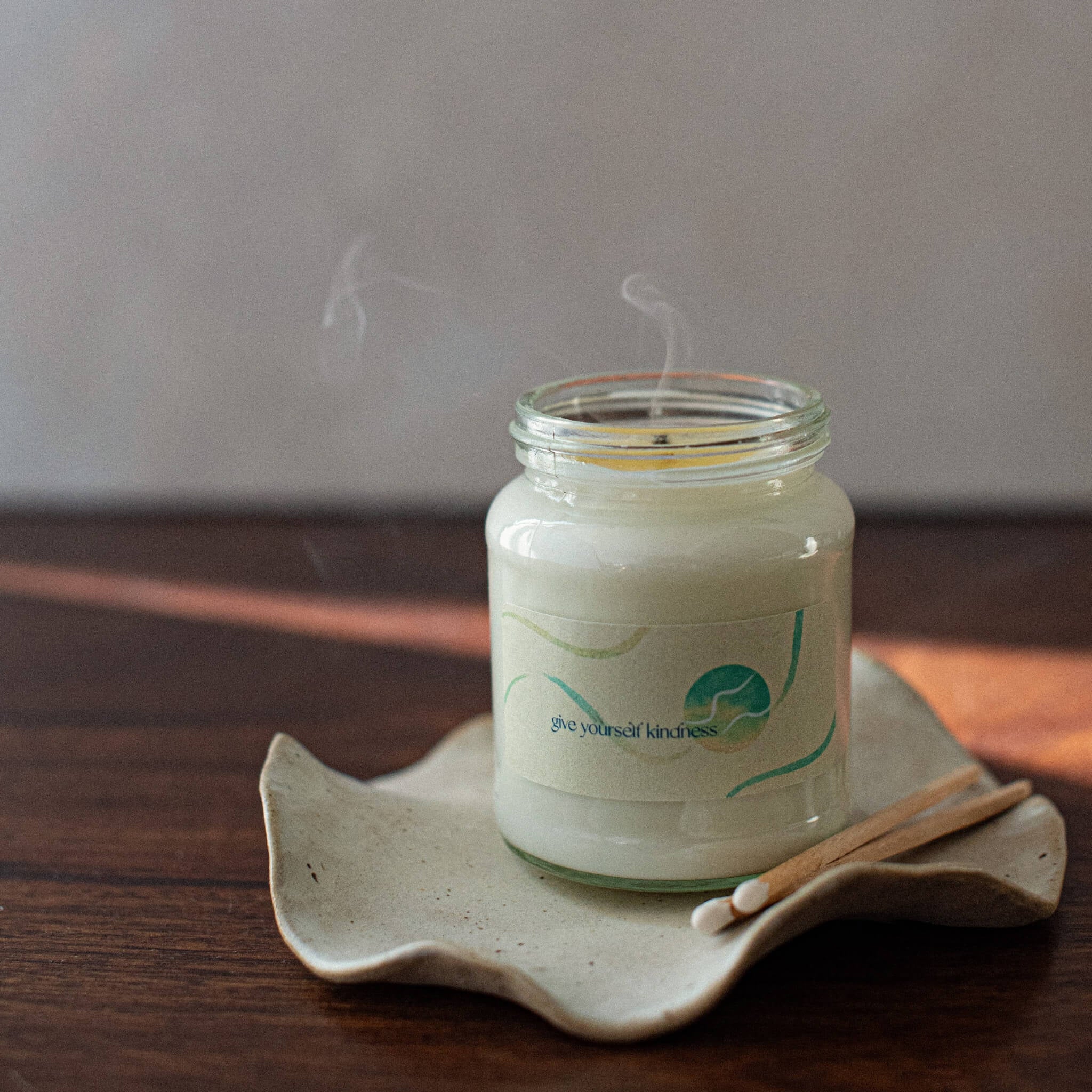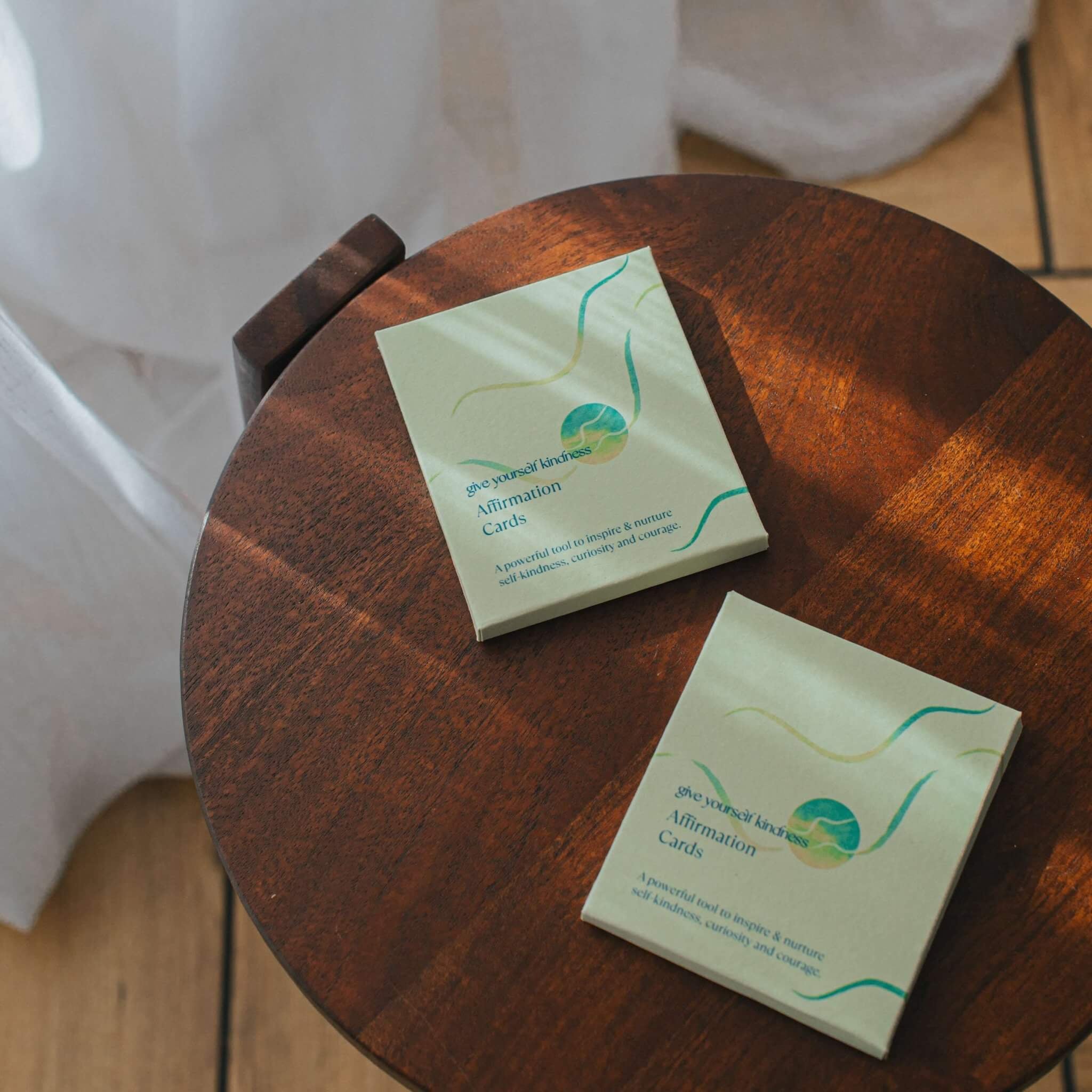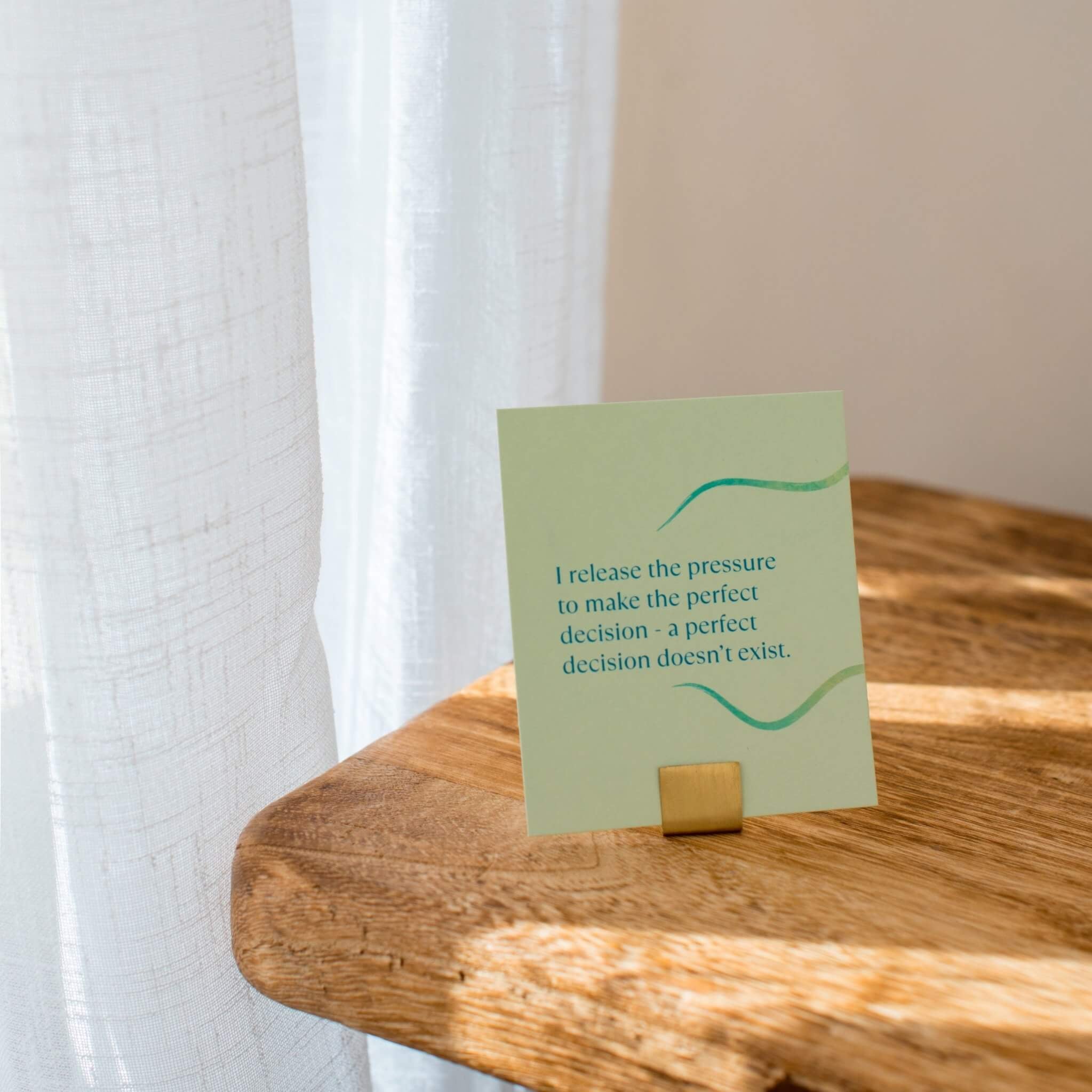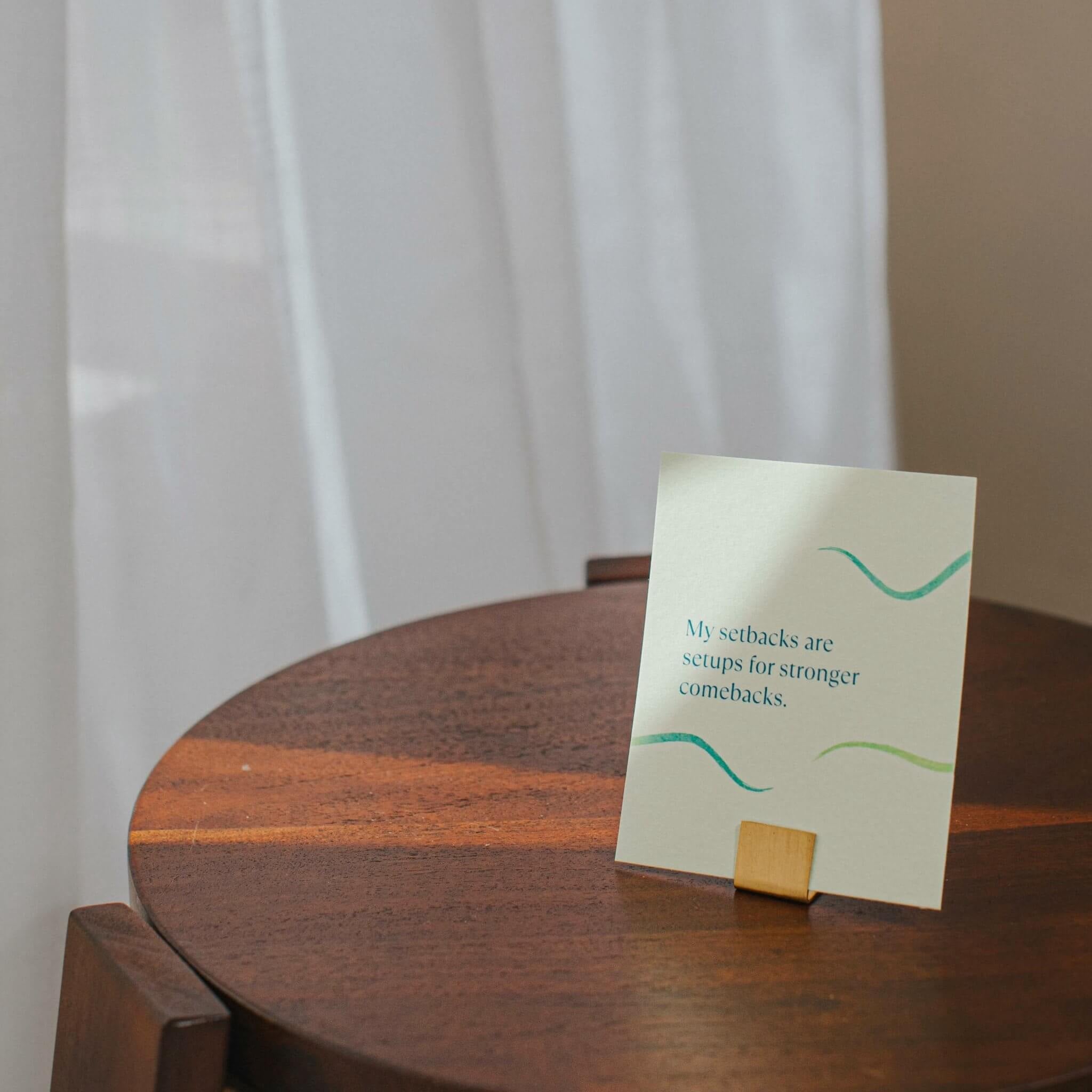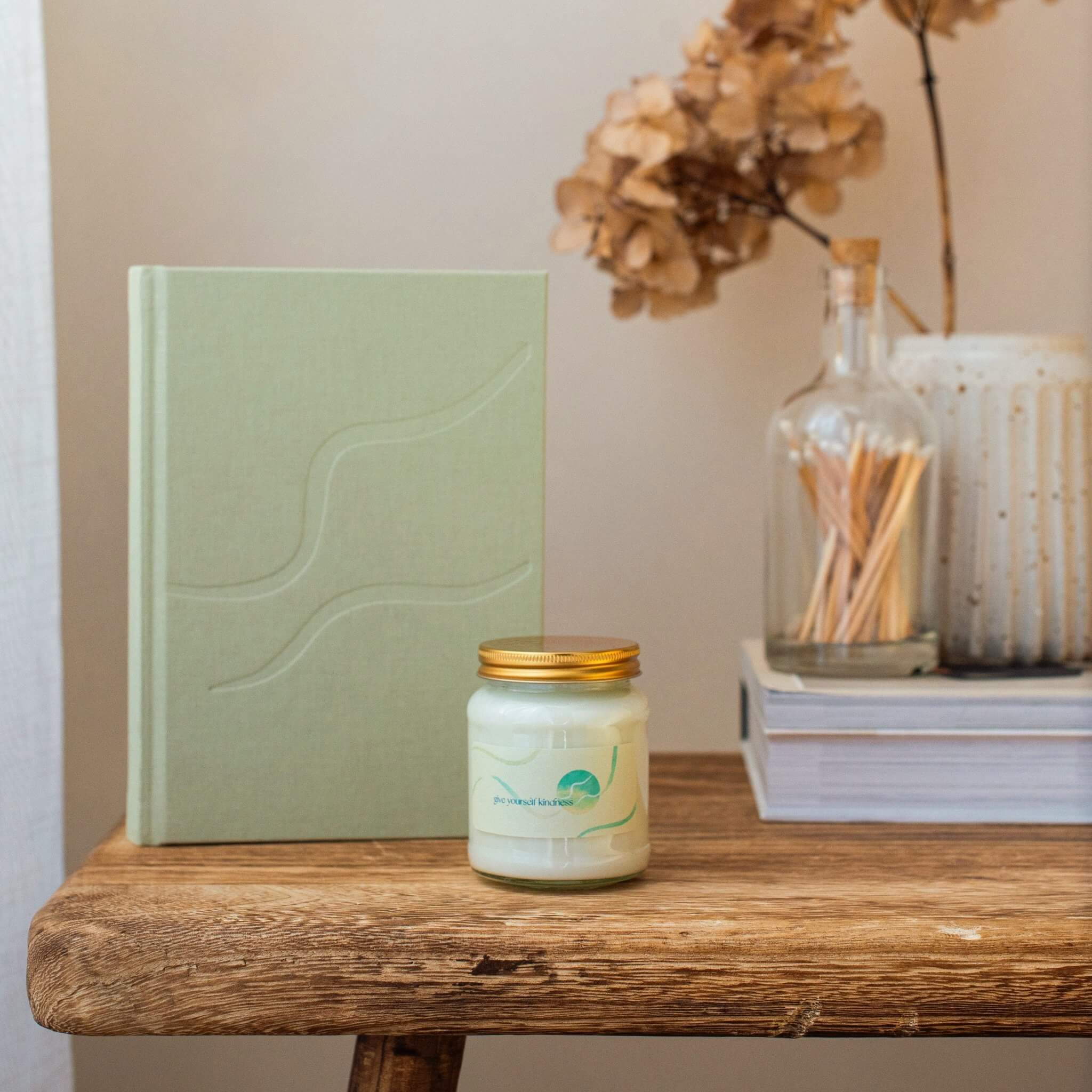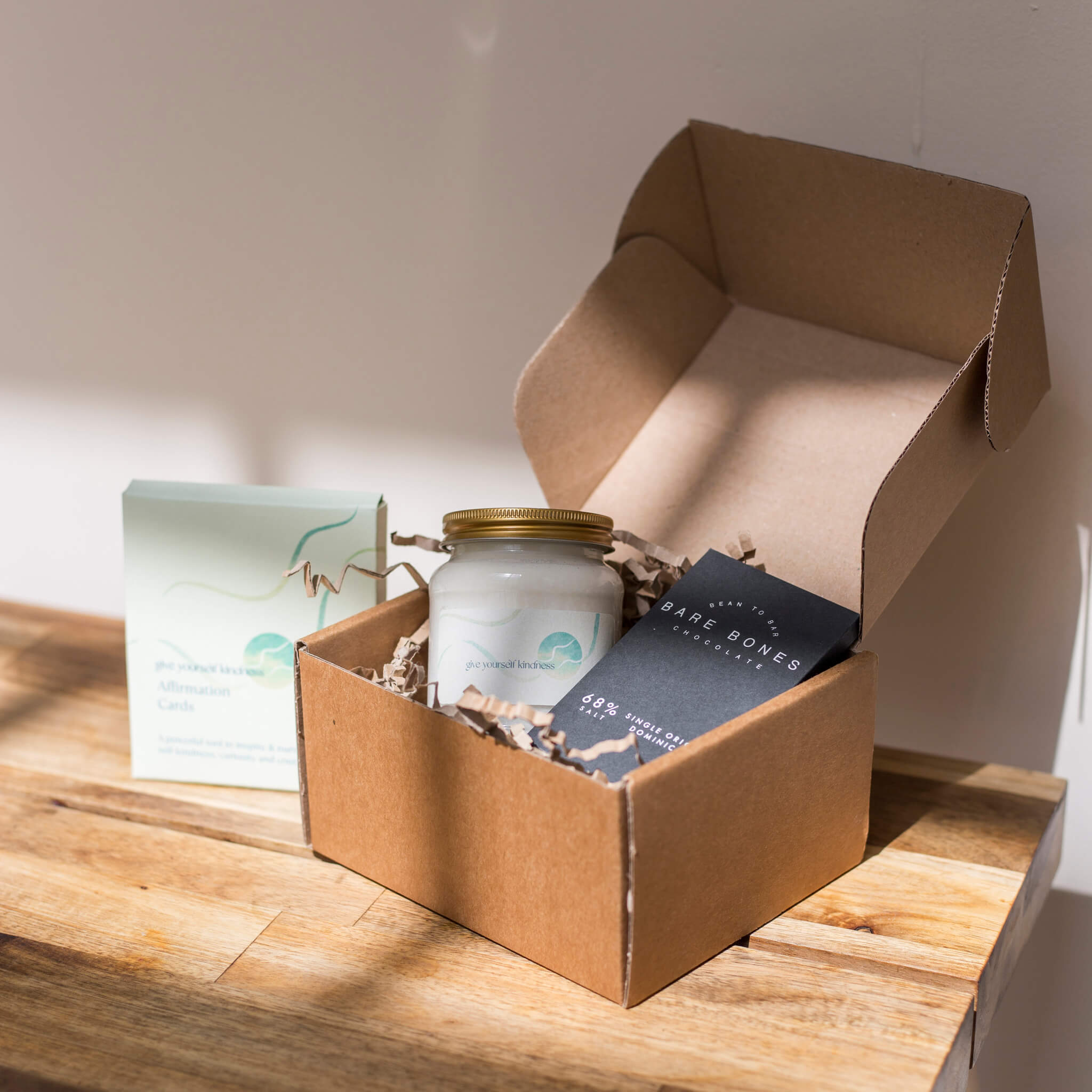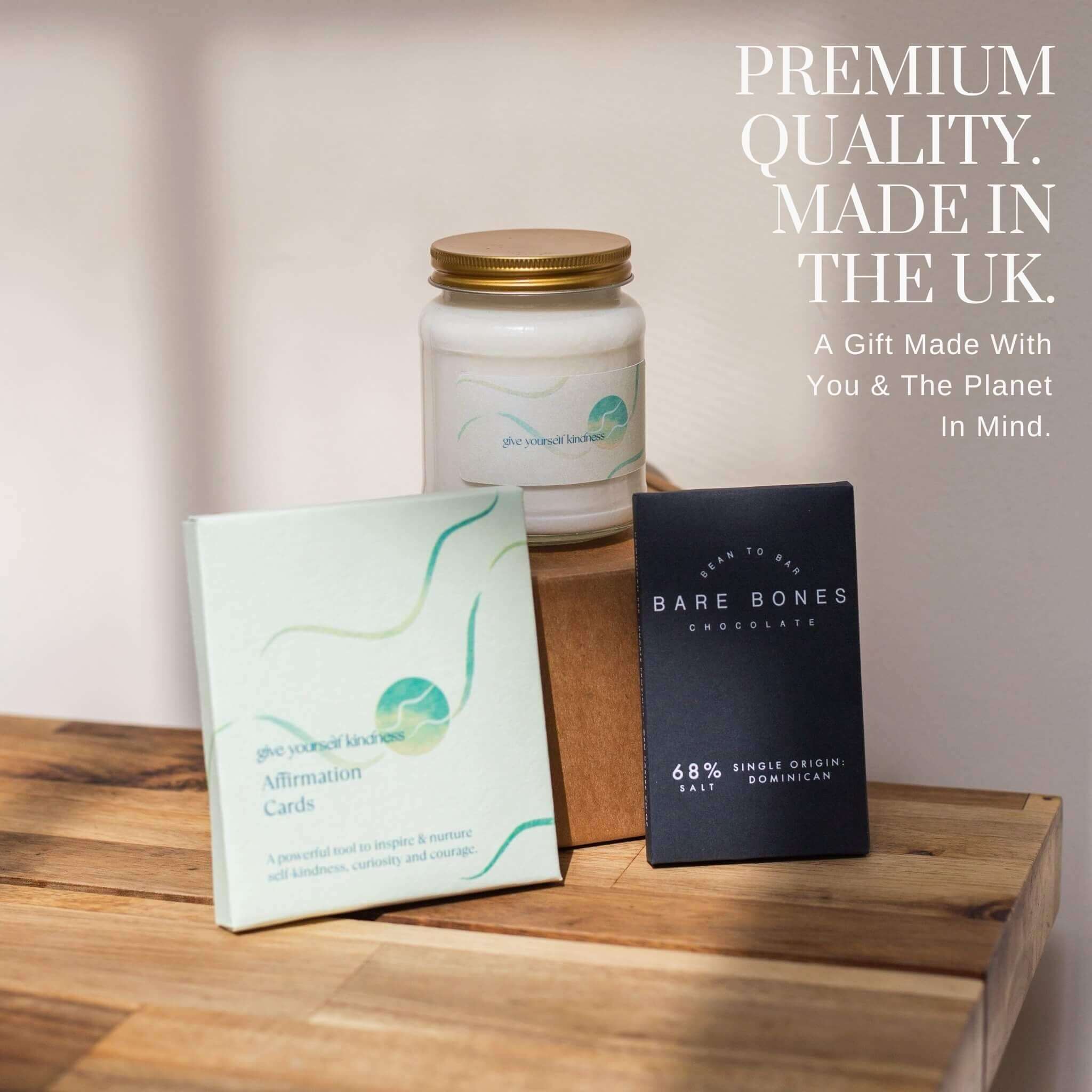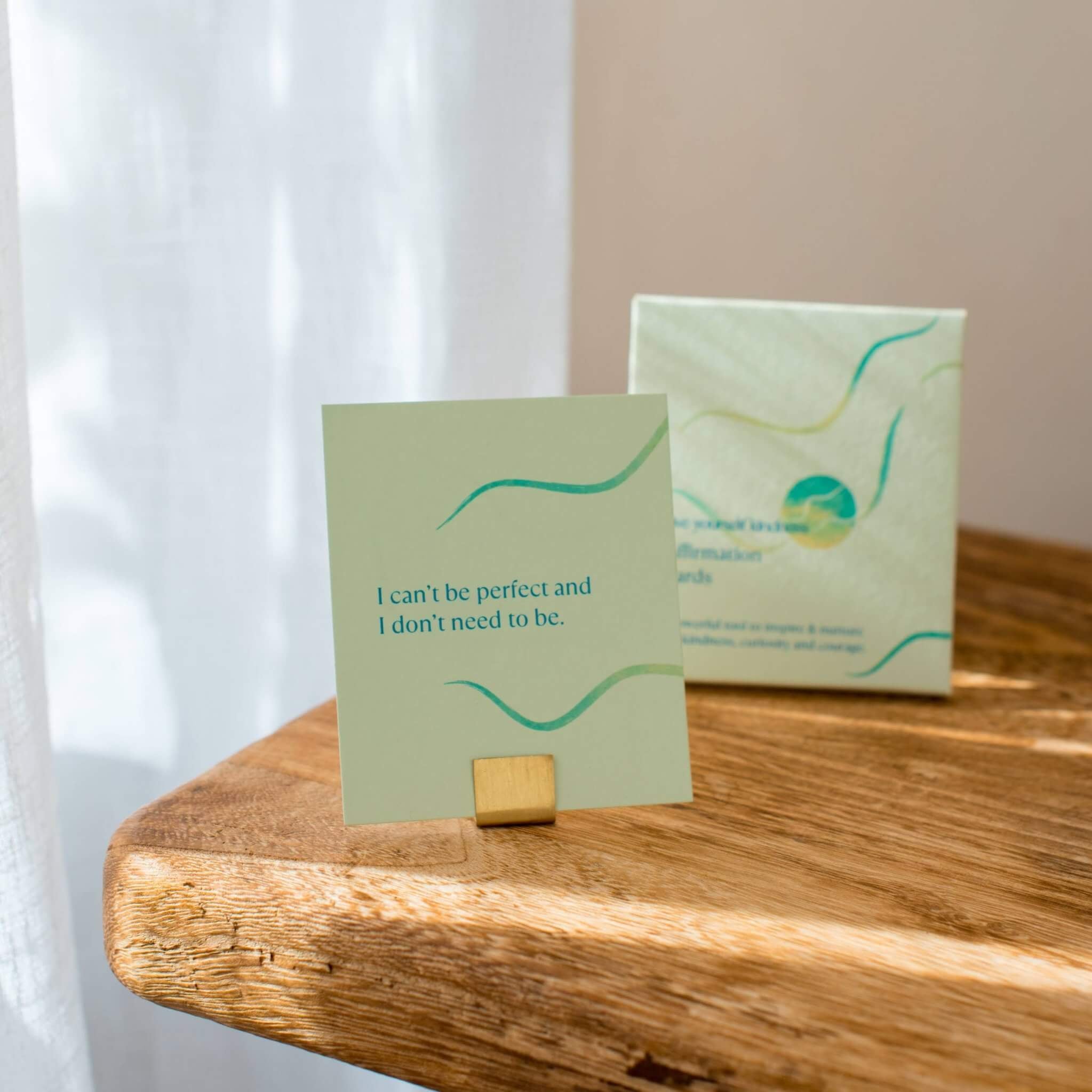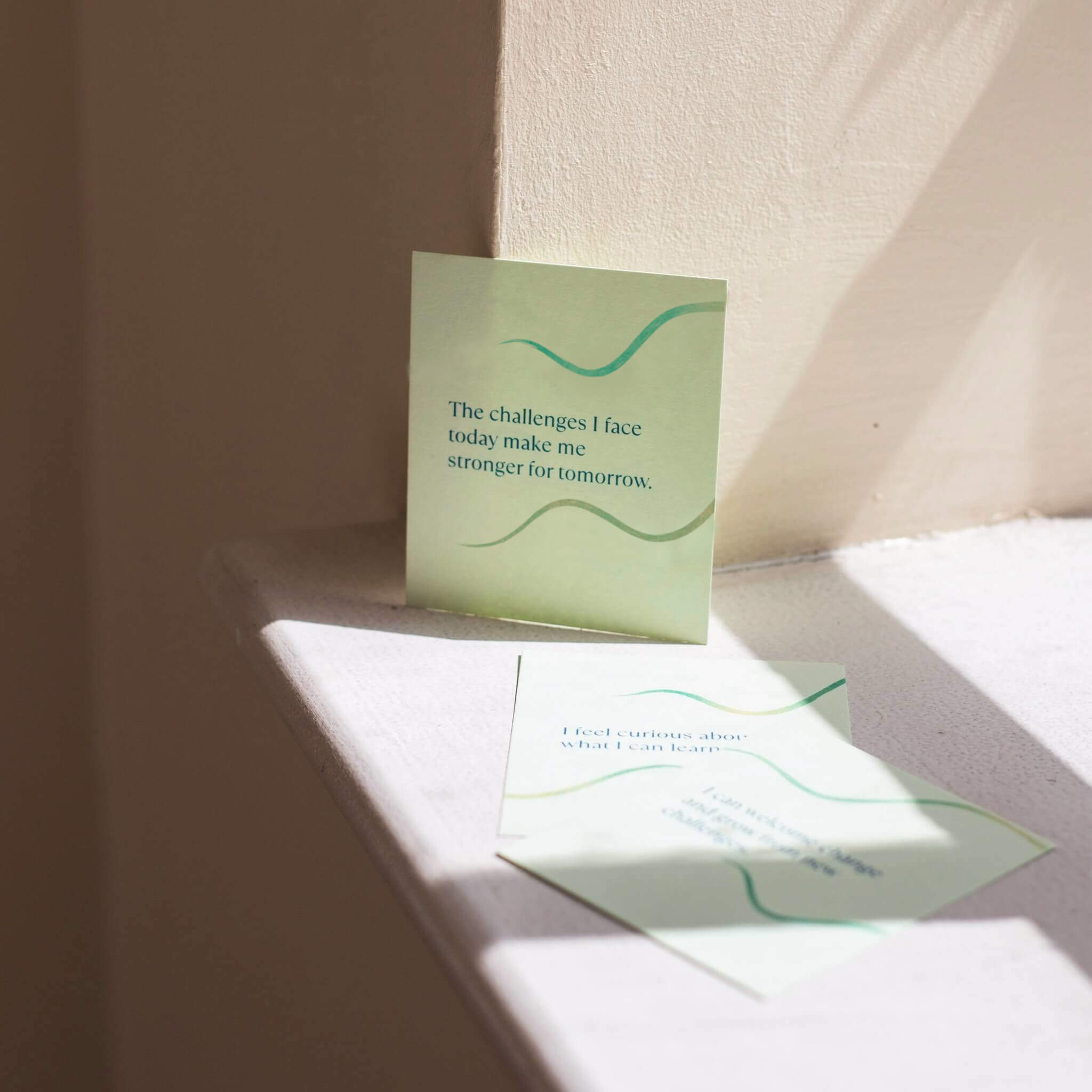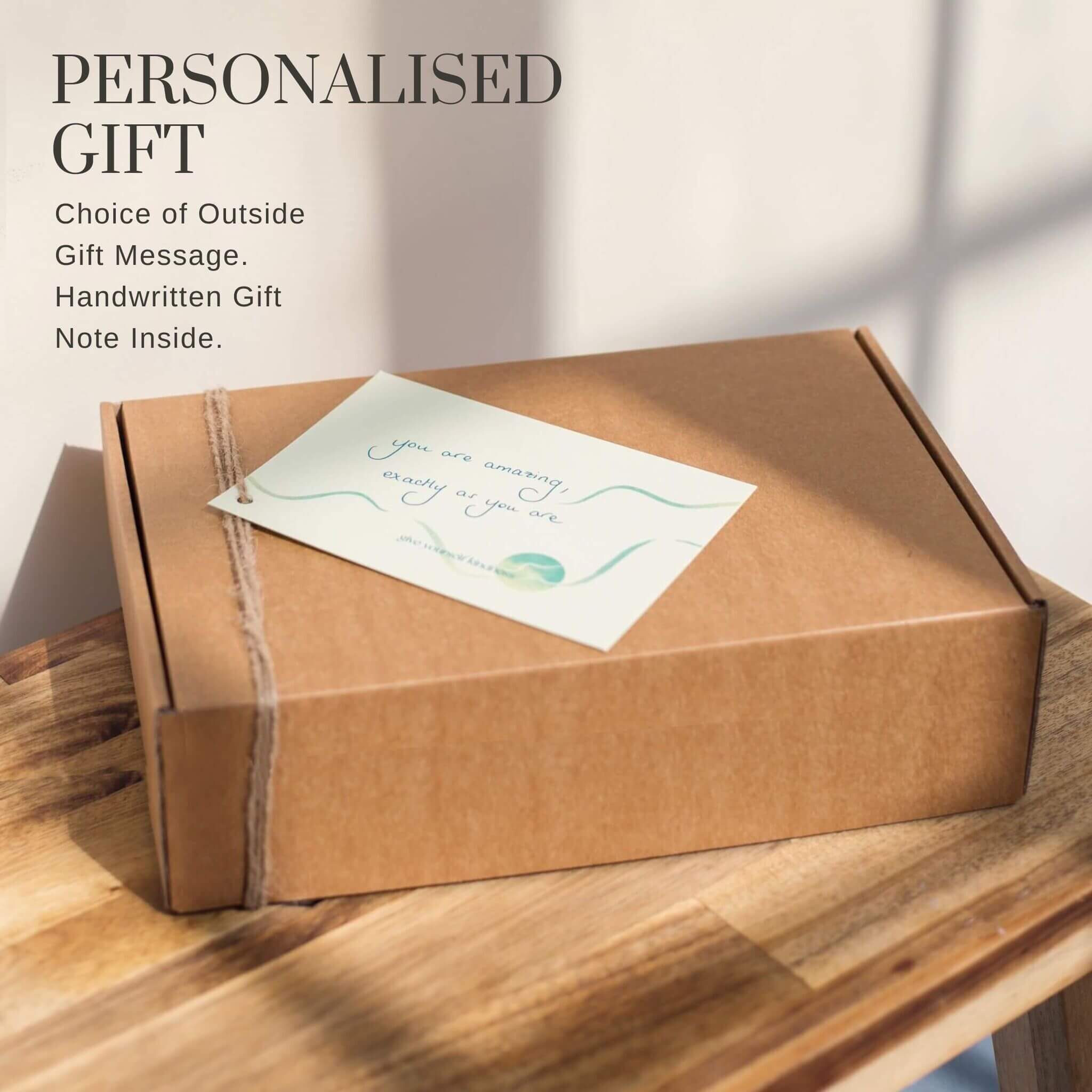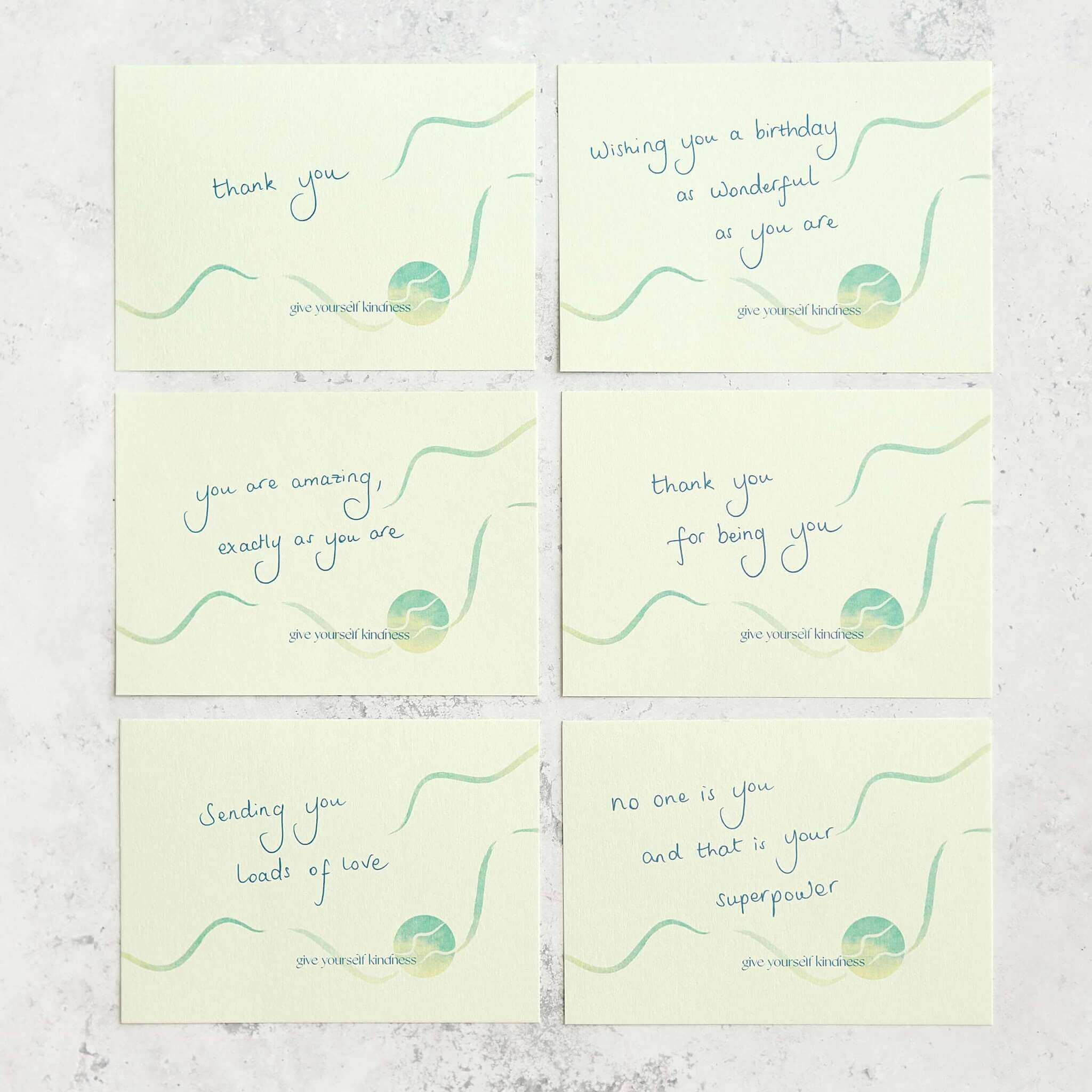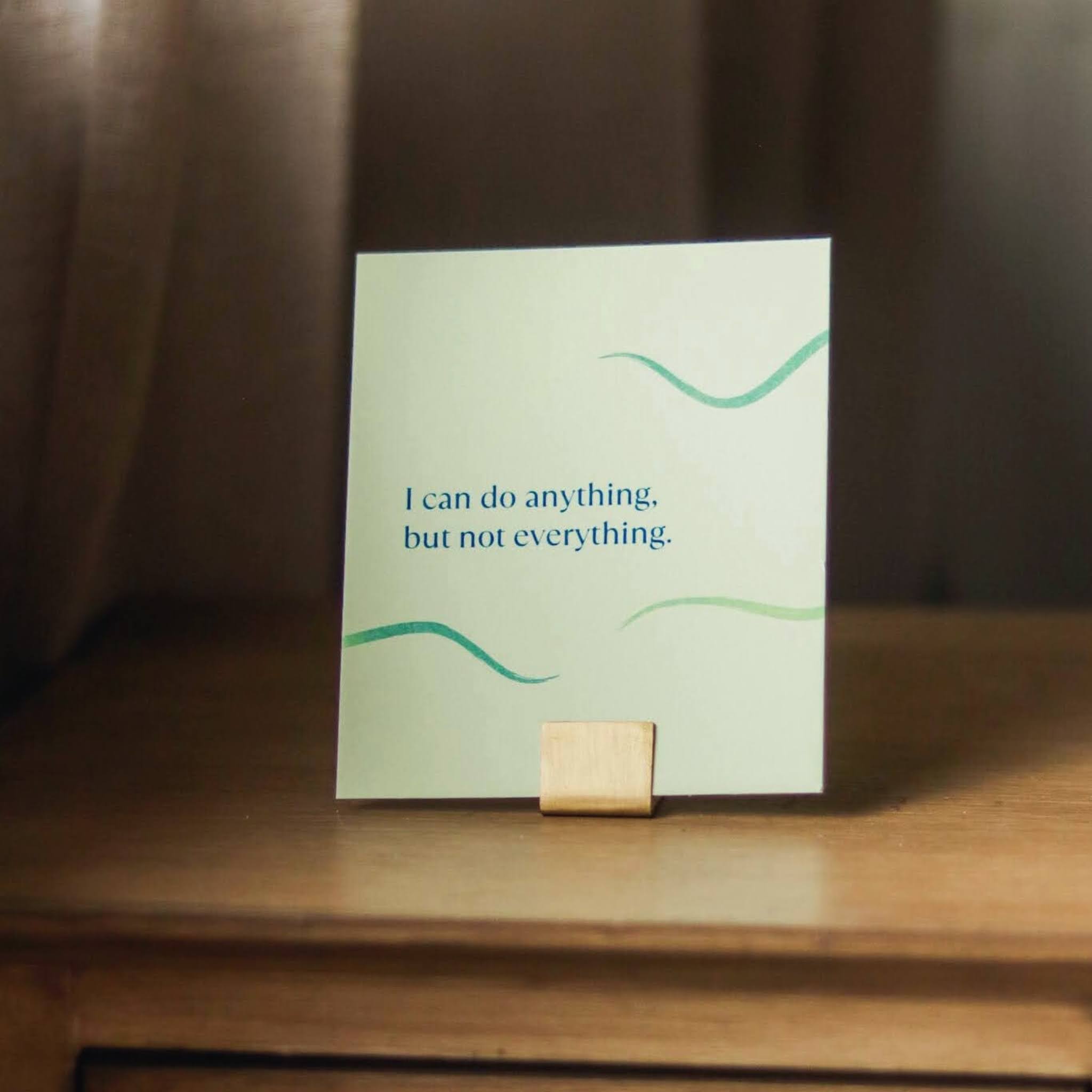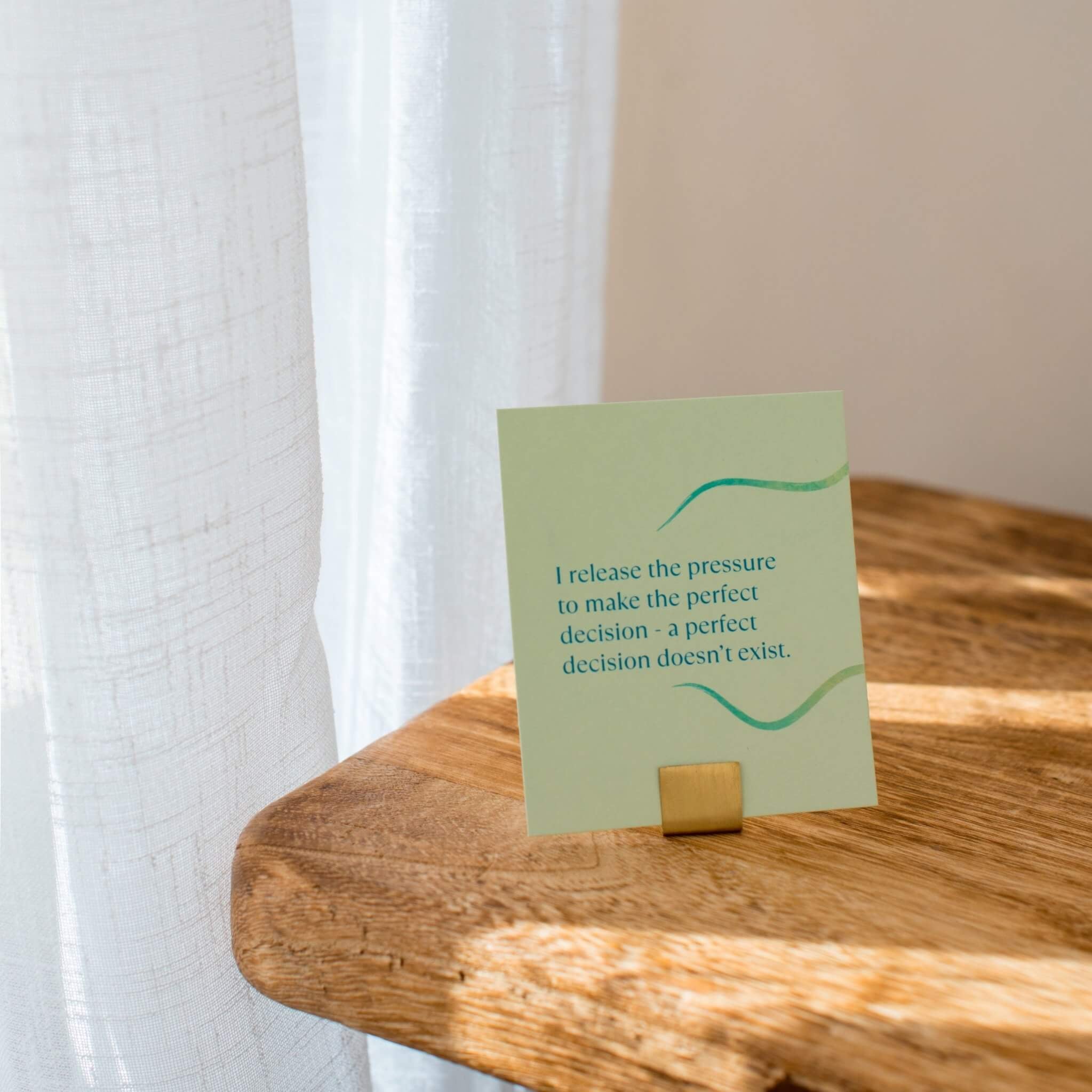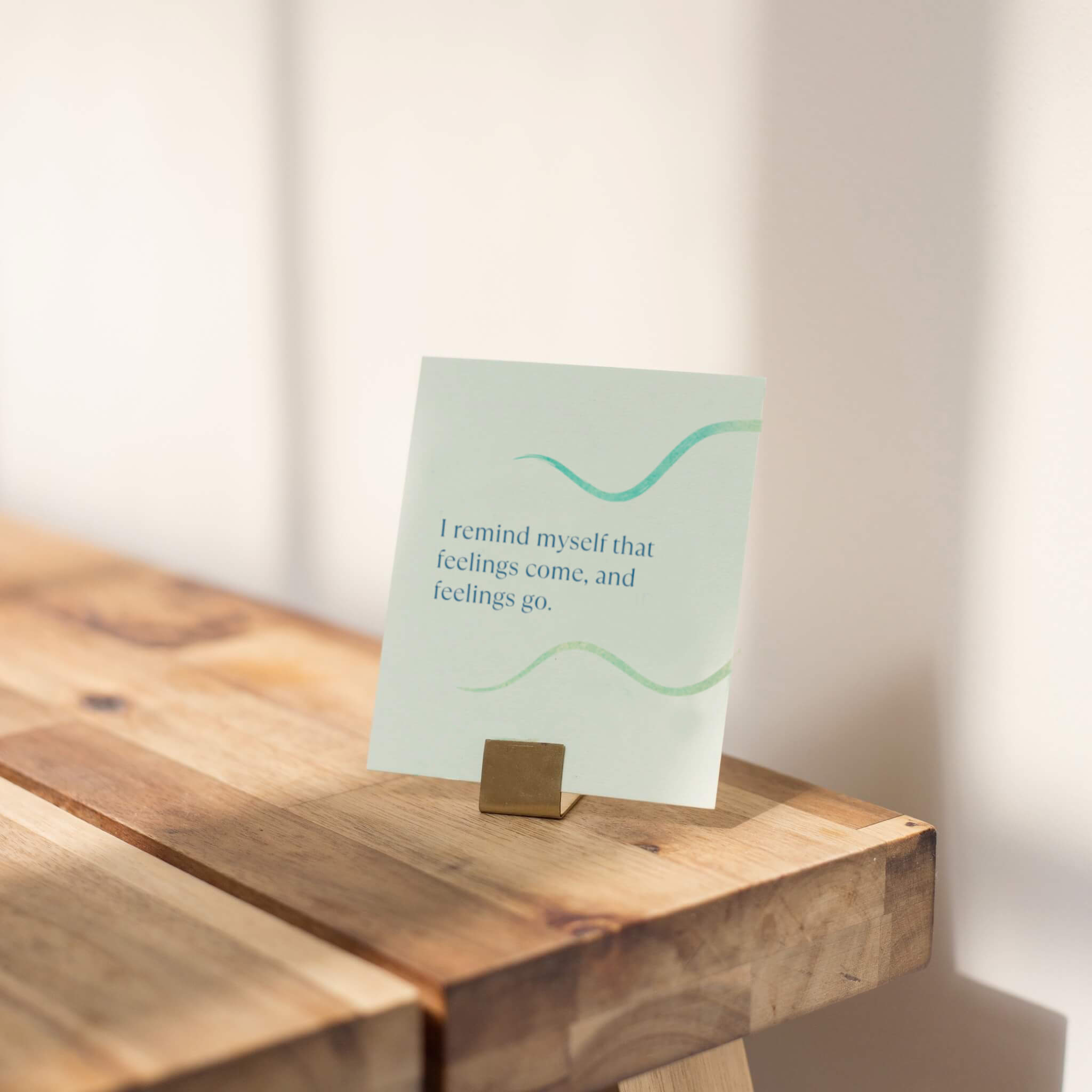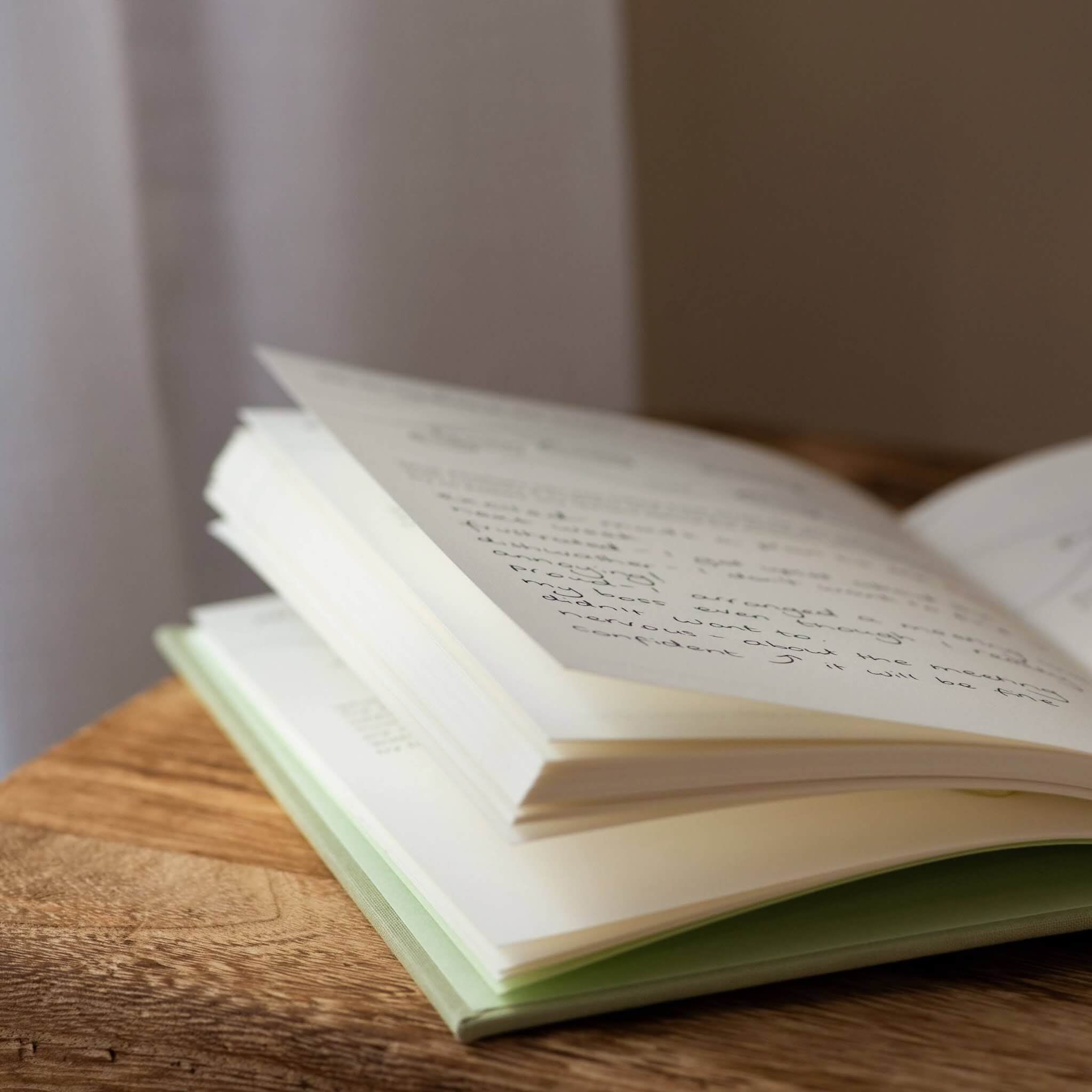written exclusively for Give Yourself Kindness by Dr. Erika Bach, a licensed clinical psychologist specializing in trauma, relationships, anxiety, and depression.
What is anxiety?
Anxiety is reported to be one of the most uncomfortable emotions to experience; it can manifest physically with panic attacks, muscle tension, headaches, digestive issues, insomnia, fatigue, and more.
Furthermore, it can cause great distress with chronic, uncontrollable worry that feels impossible to contend with.
While anxiety exists on a spectrum and shows up in some capacity for almost all people, it is estimated that about 20% of American adults meet criteria for an anxiety disorder in any given year.
Removing judgment from experiencing anxiety
For many dealing with uncomfortable emotions, there is a lot of judgment and self-criticism involved.
For example, people may experience thoughts and questions such as “What is wrong with me?” or “This isn’t such a big deal, I’m being ridiculous for feeling this way.”
While this commentary is meant to “figure out” or minimize the experience of anxiety, what it does is compound the emotional pain by adding another distressing emotion: shame.
Thus, you are coping not only with the fear and anxiety occurring, but also the additional pain of feeling ashamed that you are feeling anxious.
The impact of self-compassion
Most people do not lend themselves the same grace and compassion that they would offer to a loved one. However, you would do well to begin to hone the skill of cultivating self-compassion, as it offers many benefits.
For one, cultivating self-compassion will replace criticism and judgment with a gentler, more accepting approach.
Research shows that people who practice self-compassion experience lower levels of anxiety, as well as increased levels of well-being in general; furthermore, when people who are practiced in self-compassion experience emotional distress, they are less likely to isolate from others.
The self-compassion and resilience connection
Self-compassion offers support and nurturing from within ourselves, boosting confidence and resilience. An experience of support has been shown to be the single biggest determinant of resilience in the aftermath of traumatic events.
Resilience helps individuals develop a more balanced perspective of their experiences. Instead of getting caught up in catastrophic thinking or overwhelming emotions, self-compassionate individuals are better able to acknowledge their difficulties without becoming overwhelmed by them.
This balanced perspective can help individuals bounce back more quickly from setbacks and cope more effectively with stressors, reducing overall anxiety levels.
How to practice self-compassion
You might be asking yourself how exactly you practice self-compassion. Firstly, it’s important to note that developing self-compassion is a skill, which means that it takes intentional practice and time.
Here are some concrete ways to better understand and take action towards a more compassionate approach to yourself and your experience.
Mindfulness
Practice mindfulness meditations
Such as full body scans, to cultivate awareness of your thoughts, feelings, and sensations without judgment. Mindfulness can help you observe your experiences with greater clarity and compassion.
Bring mindful awareness to moments of difficulty or distress
Notice when you're feeling anxious or self-critical, and gently redirect your attention to the present moment with kindness and curiosity.
Use grounding techniques
Such as deep breathing or focusing on your senses, to anchor yourself in the present moment when you're feeling overwhelmed by anxiety.
One of my favorite grounding techniques is called “5, 4, 3, 2, 1”: notice and name 5 objects in your surroundings. Notice and name 4 things that you can feel, like your socks on your feet or your watch on your wrist. Name 3 things that you can hear. Name 2 things that you can smell. Name 1 thing that you can taste.
The goal of this technique is to pause and bring you back into the present moment, into your body, as opposed to paying attention to anxiety-fueling thoughts in your mind.
Kindness and decency towards yourself
Treat yourself as you would treat a friend
When you're facing a difficult situation or feeling overwhelmed by anxiety, offer yourself words of kindness and encouragement.
Engage in self-care activities that nurture your physical, emotional, and mental well-being
This could include activities such as taking a warm bath, going for a walk in nature, or spending time doing something you enjoy.
Practice self-acceptance by acknowledging your experience and feelings without judgment
Remind yourself that you’re human.
Self-compassion: a powerful way to manage anxiety
Self-compassion is a valuable tool that is often overlooked, and can be a powerful way to manage anxiety by reducing self-criticism, providing emotional support, increasing resilience, promoting mindfulness, and encouraging self-care.
Integrating self-compassion practices into daily life can help individuals cultivate a greater sense of well-being and tolerate higher levels of anxiety overall.

Dr. Erika Bach completed her doctorate in psychology at Yeshiva University, including pre-doctoral externships at Mount Sinai Beth Israel, Department of Veterans Affairs, Brooklyn, and SCO Family of Services, in both inpatient and outpatient settings. She completed her pre-doctoral internship at the Department of Veteran Affairs, New Jersey and a postdoctoral fellowship at Columbia University. Prior to beginning her doctorate, she completed her Master’s degree at Columbia University, where she volunteered at The Addiction Institute at Mount Sinai West, and Monte Nido Eating Disorder Treatment Center. She received her Bachelor’s Degree at George Washington University, where she majored in psychology.
Dr. Bach has professional training in Cognitive Behavioral Therapy (CBT), Dialectical Behavioral Therapy (DBT), Acceptance and Commitment Therapy (ACT), mindfulness-based techniques, psychodynamic therapy, relational approaches, trauma-informed treatment, Prolonged Exposure (PE), and Exposure and Response Prevention (ERP), as well as the Gottman Method for couple’s therapy.



